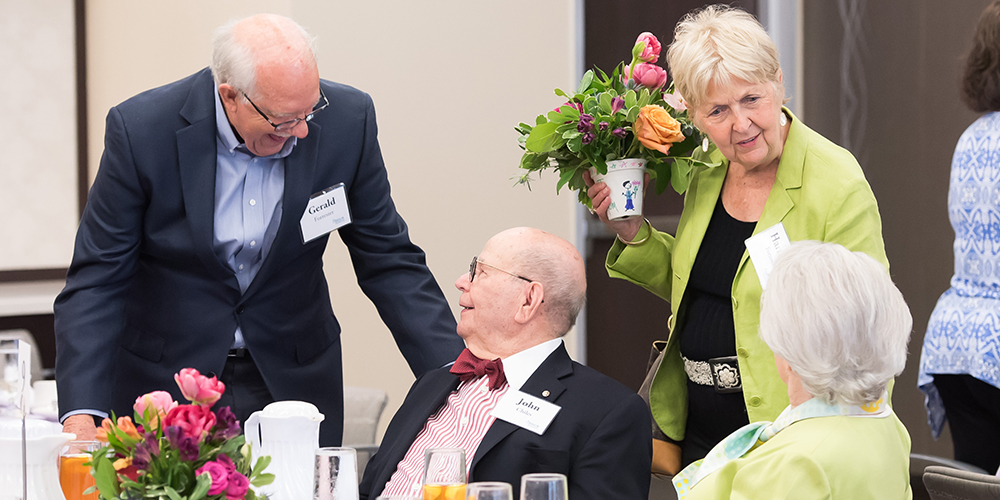When important people in a child’s life face life-threatening illness or trauma, many families either don’t know how or are not comfortable talking about the situation with children. How kids process distressing events like these can have a major impact on their lives.
To help patients and their families at Baylor Scott & White Health during these times, doctors and nurses often call on experts like Cinda McDonald. She’s one of seven palliative care child life specialists within BSWH dedicated to serving children of our adult patients. Across many of our hospitals, from the emergency department to the ICU, they are trained to help with the psychosocial issues kids face when their parent or loved one is seriously ill or injured.
“We usually start the day by reviewing the charts of families we’ve been involved with and see if their conditions have changed,” Cinda said. “If overnight a patient’s condition greatly declined or if they died, we want to reach out to the family right away since they may need our help telling their children what has happened.”
Child life specialists at BSWH are members of the Supportive and Palliative Care team and receive requests to assist with seriously ill or injured patients across the hospital.
“We always meet with the involved adults first,” Cinda said. “We don’t want to assume that we know what the family wants communicated to their child.”
After talking with the adults to understand the family’s needs, Cinda will meet with the child in an activity room in the Supportive and Palliative Care Outpatient Clinic. “We help them prepare for things like a parent’s surgery or what it means if a parent is diagnosed with a serious illness,” she said. “We help them process those early feelings, then work to develop coping strategies.”
These sessions may take several hours and usually end with “normalized play” — like playing games or talking about home, school, friends and pets. “We don’t want to leave them with that heaviness hanging over their head.” Oftentimes, child life specialists will help connect the family with ongoing support in the community.
While many pediatric health systems offer child life services to children who are sick or injured, BSWH is one of the very few adult health systems in the nation that has a program exclusively serving the emotional needs of children whose parents or other adult loved ones are facing a serious health crisis. This type of patient-centered service has a positive impact on the whole family. It is provided at no cost to the patients and families. Because the services are not billable and are not covered by insurance, they must be fully funded by philanthropy.
To help a very generous group of donors understand the importance of Child Life Services at BSWH, the BSW Dallas Foundation chose it as the featured topic of the Boone Powell Sr. Society (BPSS) Recognition Luncheon, held this spring. The BPSS honors those who have made commitments to the Foundation through a planned gift or in their estate plans. More than 100 members and guests attended this year’s luncheon.
During the event, Foundation leaders also honored seven BPSS members who died this past year. Their legacies will provide funding for initiatives across the System, including Arts in Medicine at Baylor University Medical Center at Dallas, Baylor AT&T Memory Center, breast cancer research, transplant research and nursing education.
In all, the legacies established by these individuals will add more than $4,050,000 to initiatives that were so important to them, changing lives of patients and caregivers — and their children — now and in the future.
For more information about planned giving, contact Cynthia Krause at 214.820.7928 or Cynthia.Krause@BSWHealth.org.
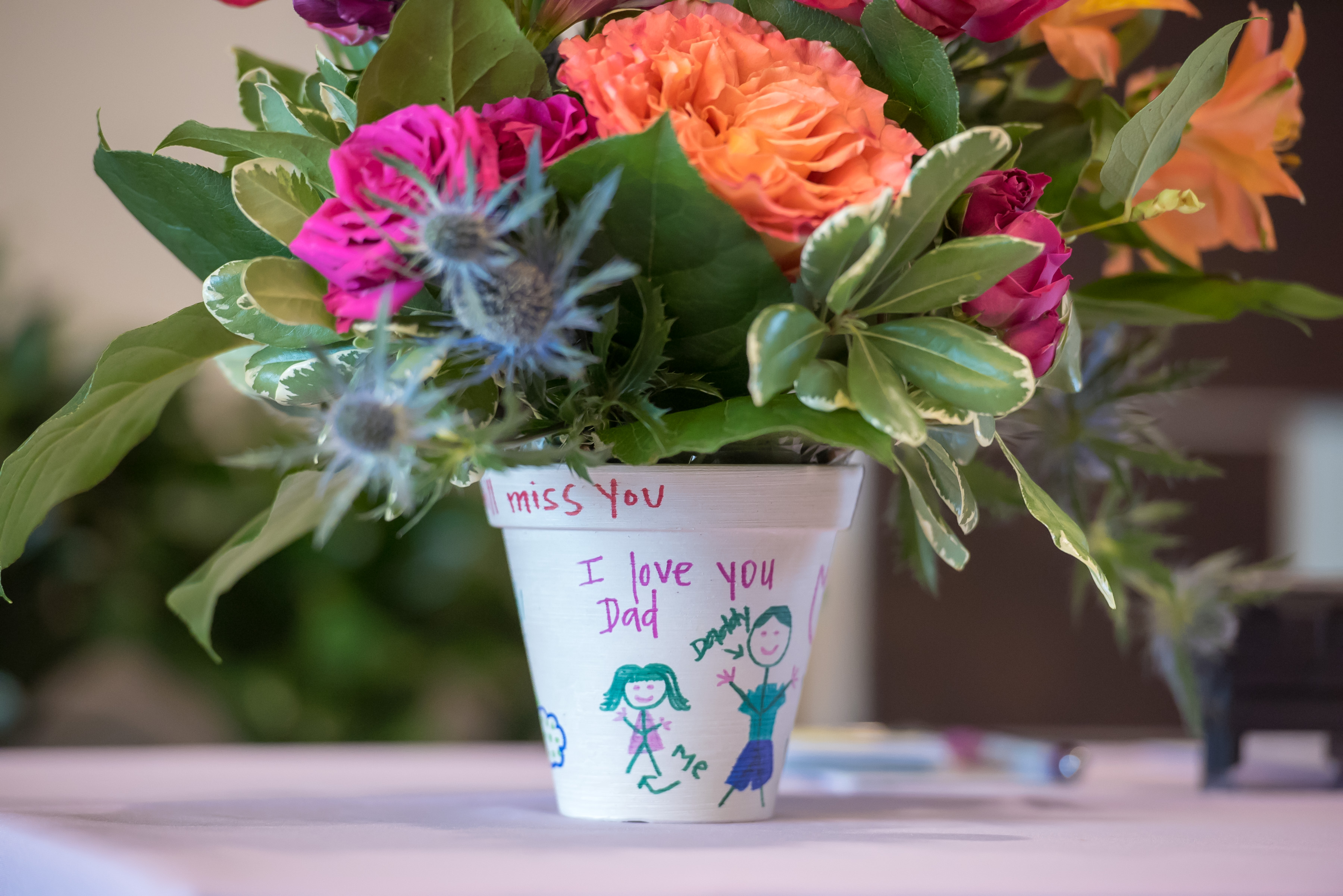 |
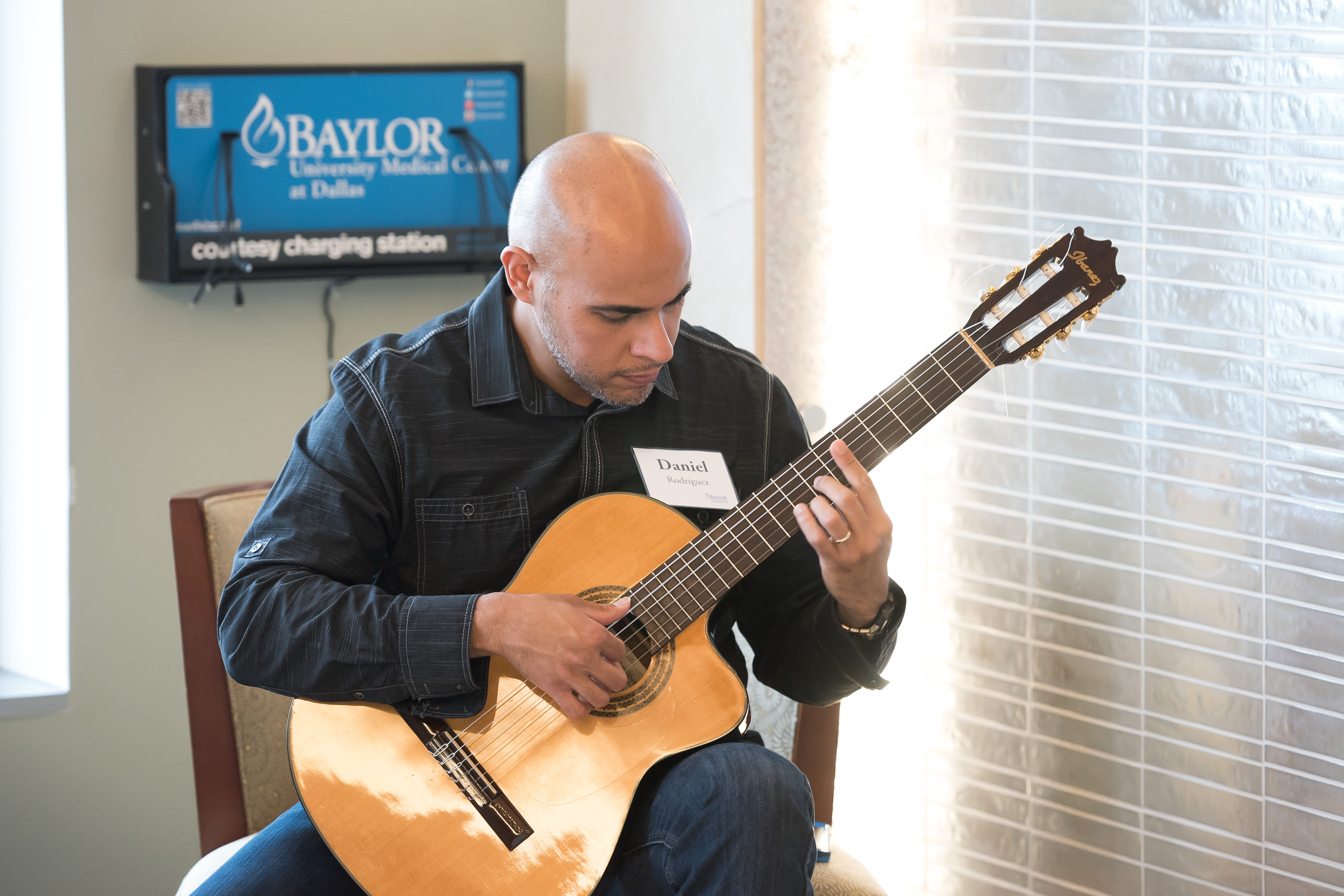 |
 |
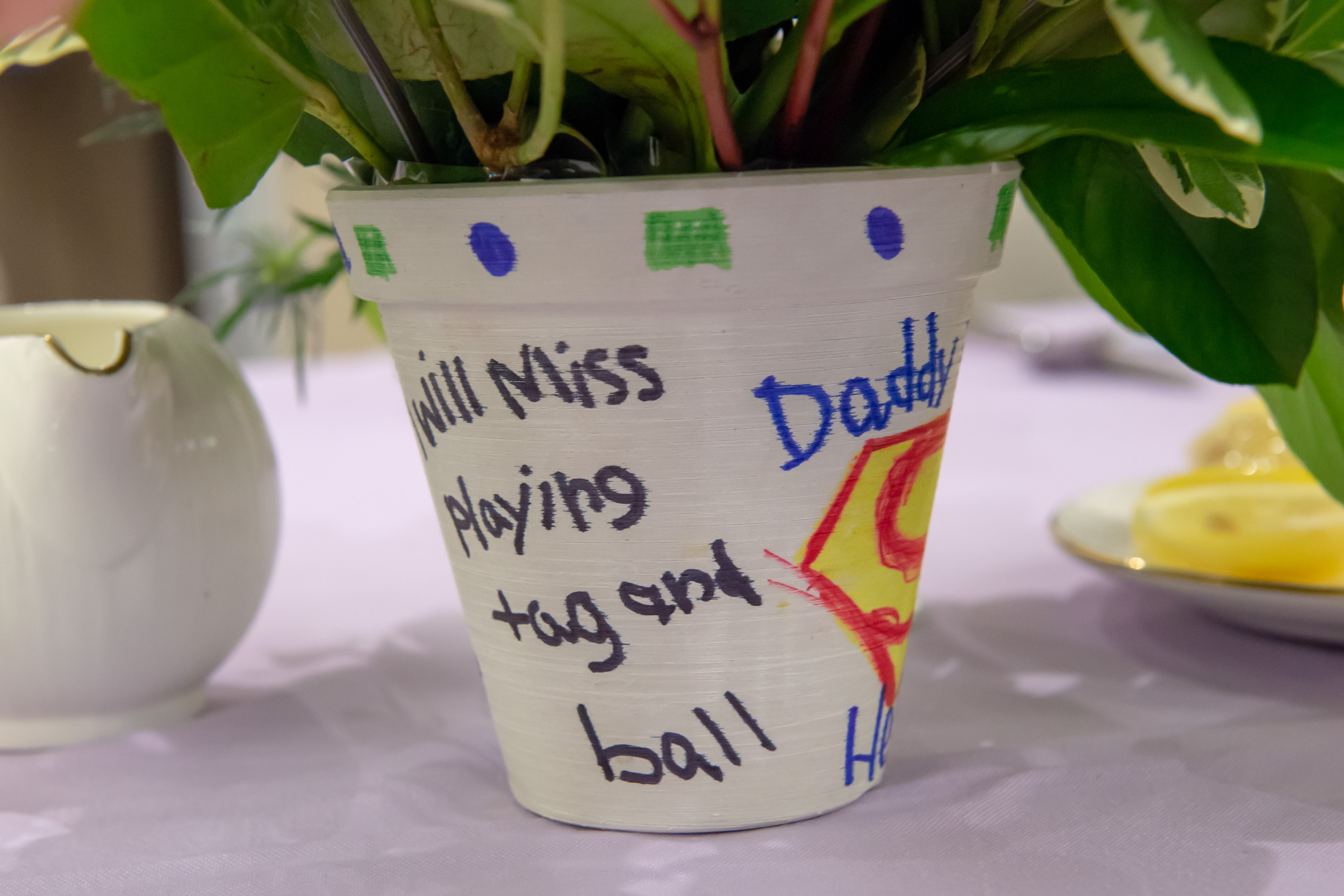 |
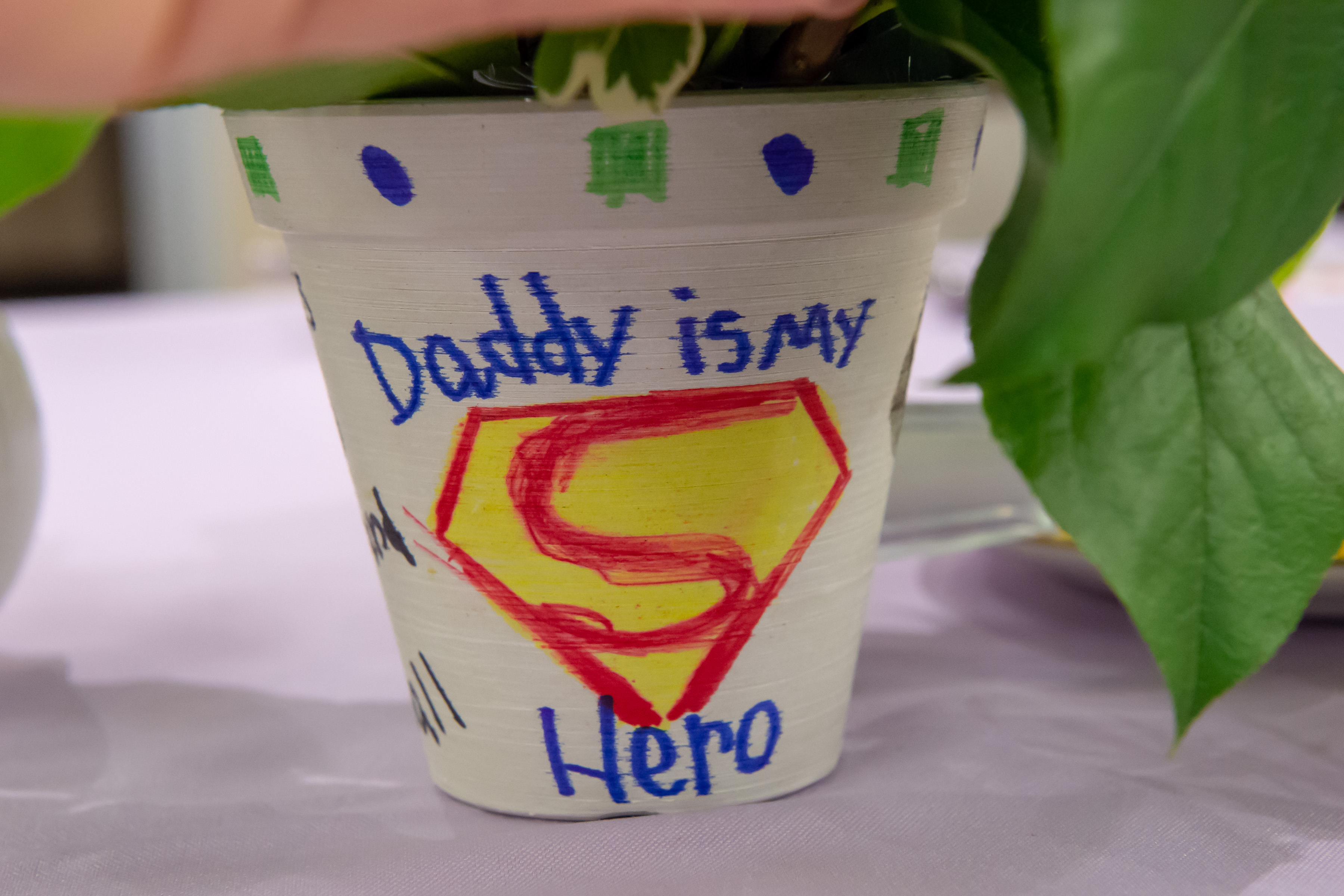 |
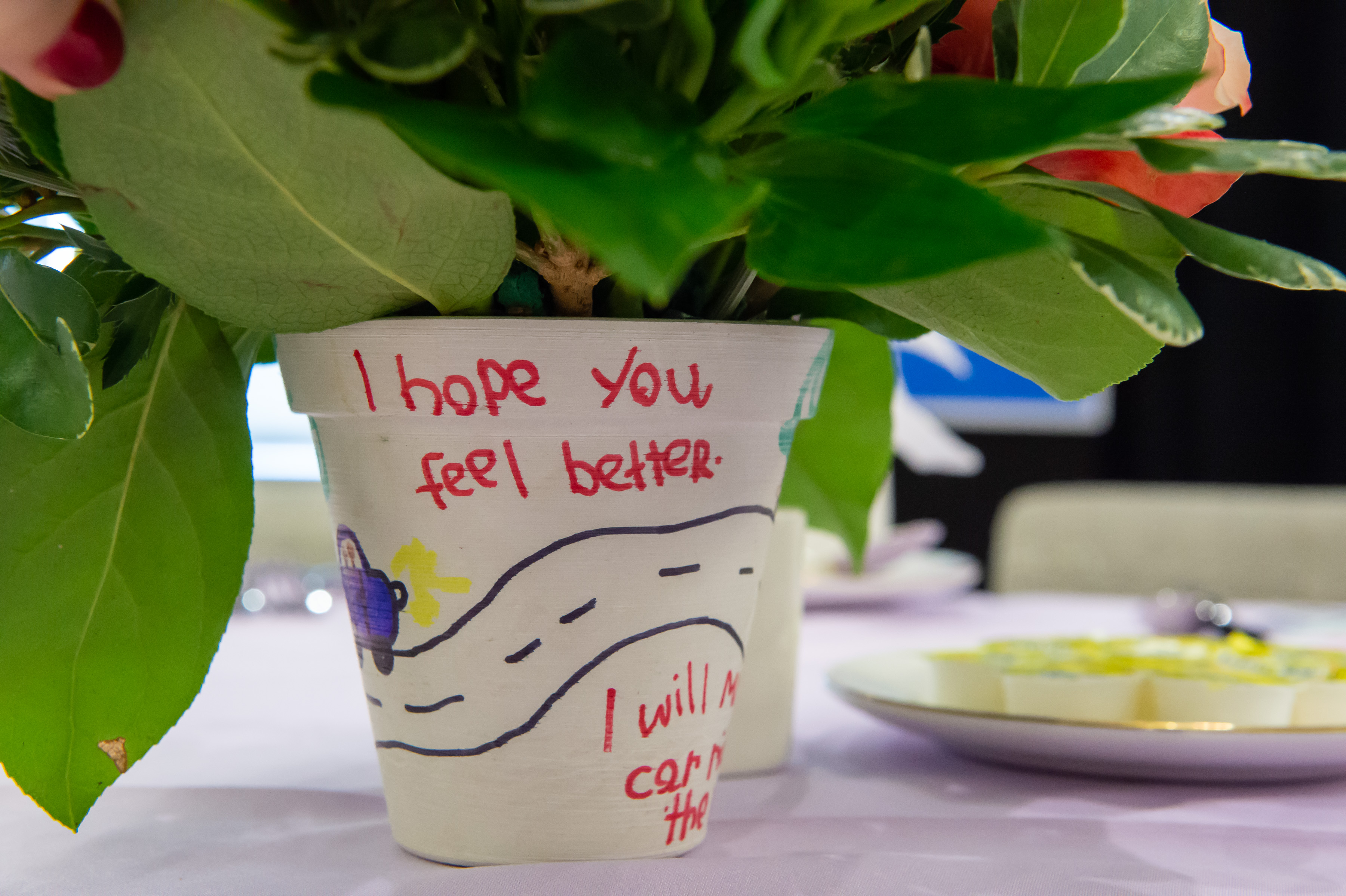 |
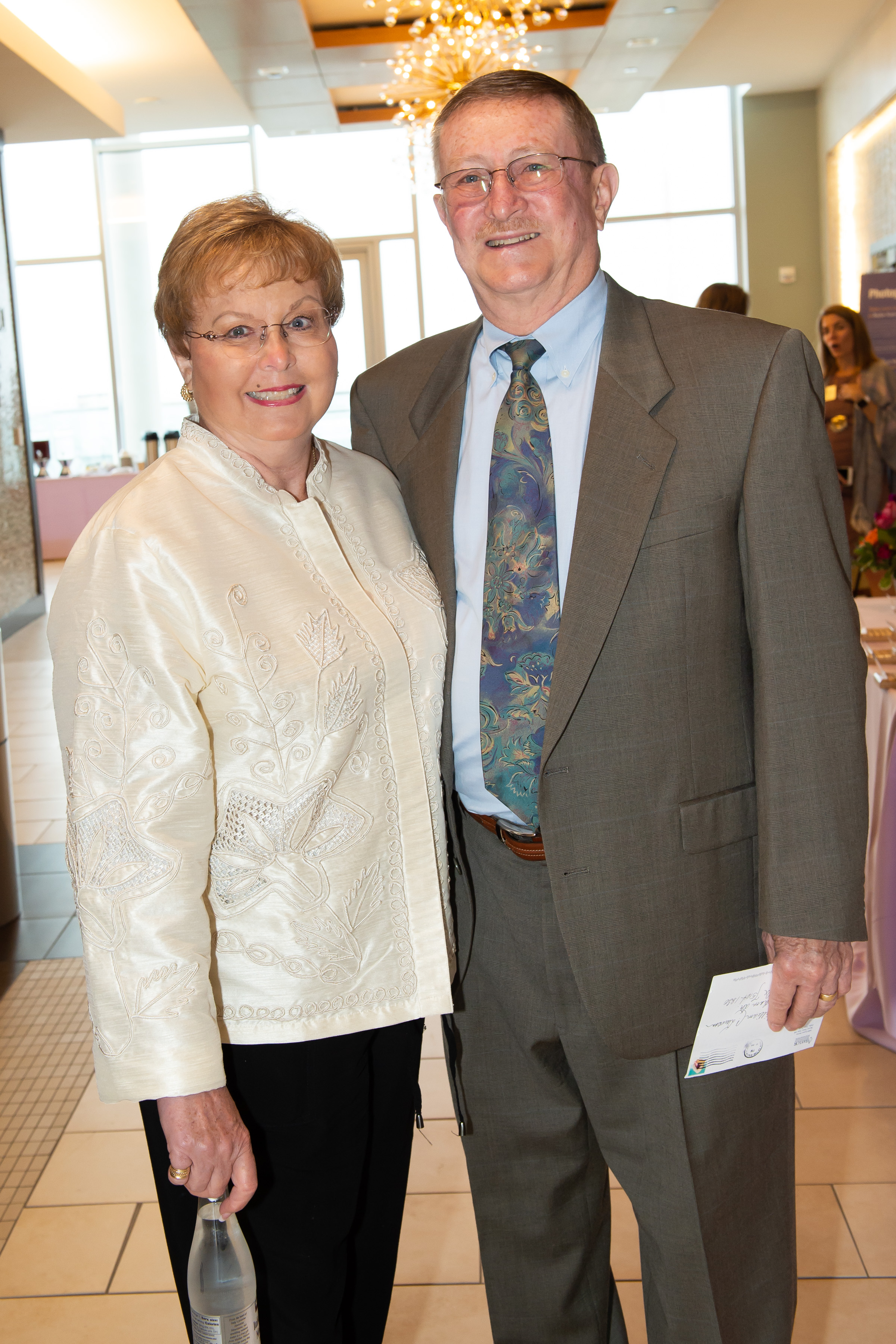 |
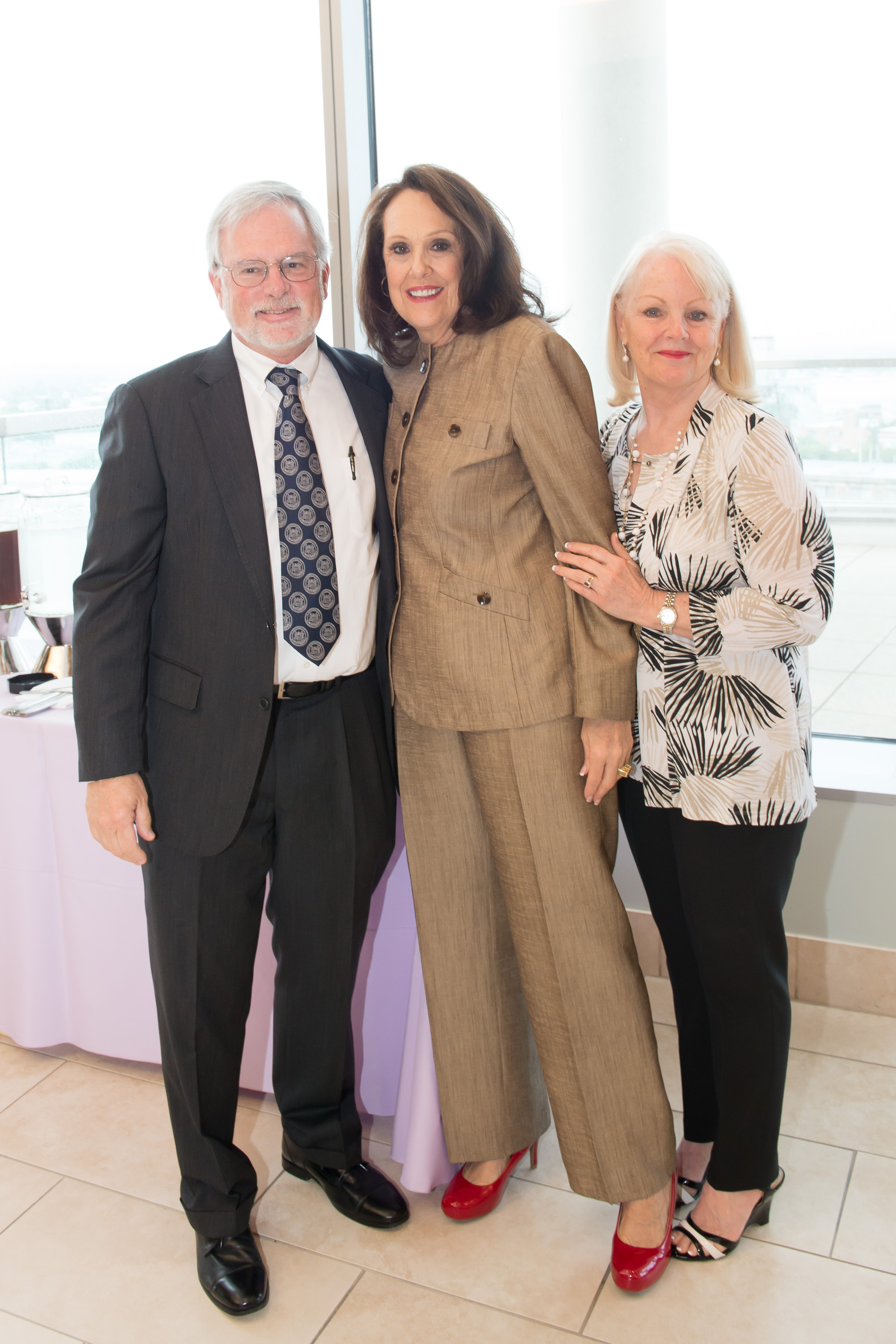 |
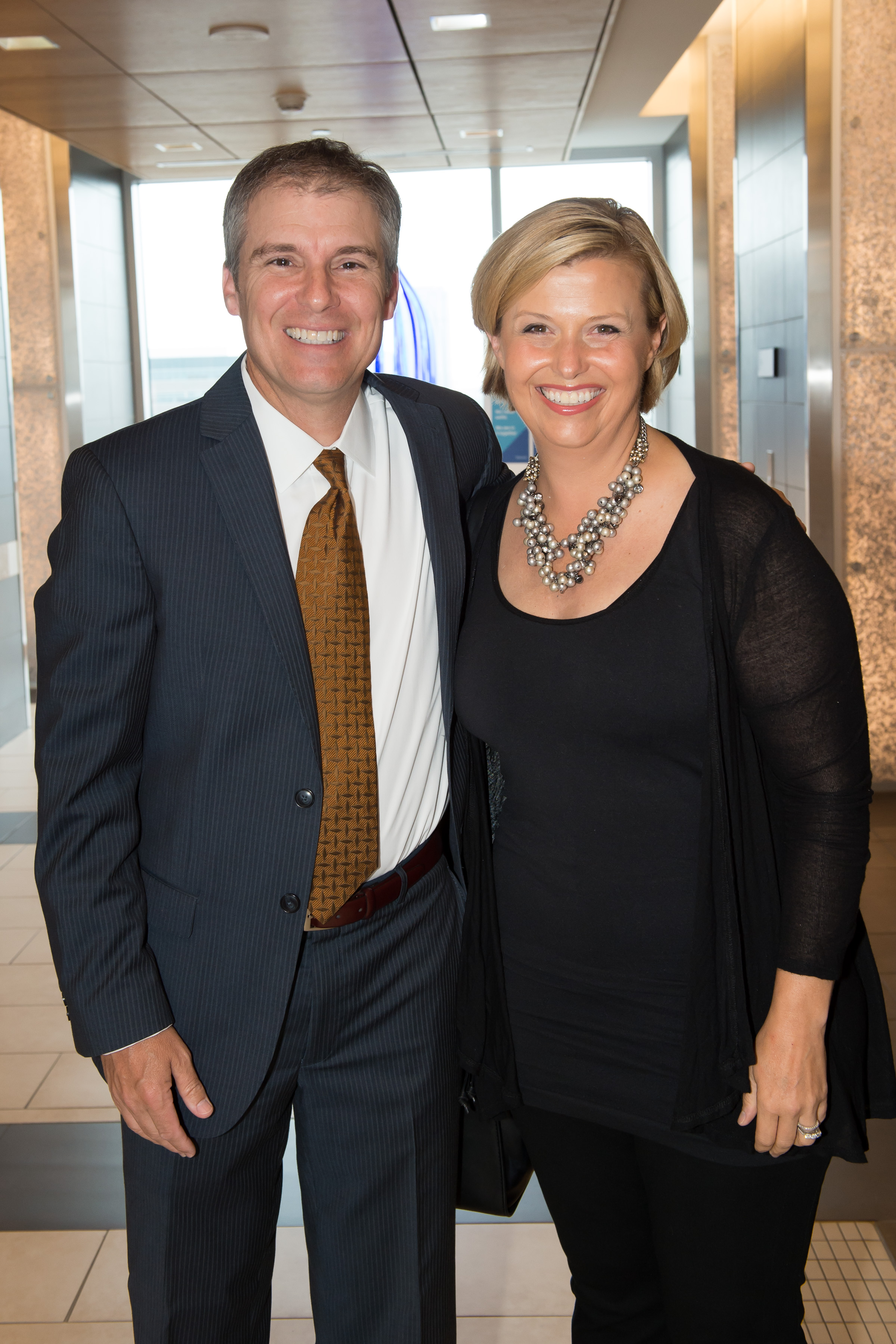 |
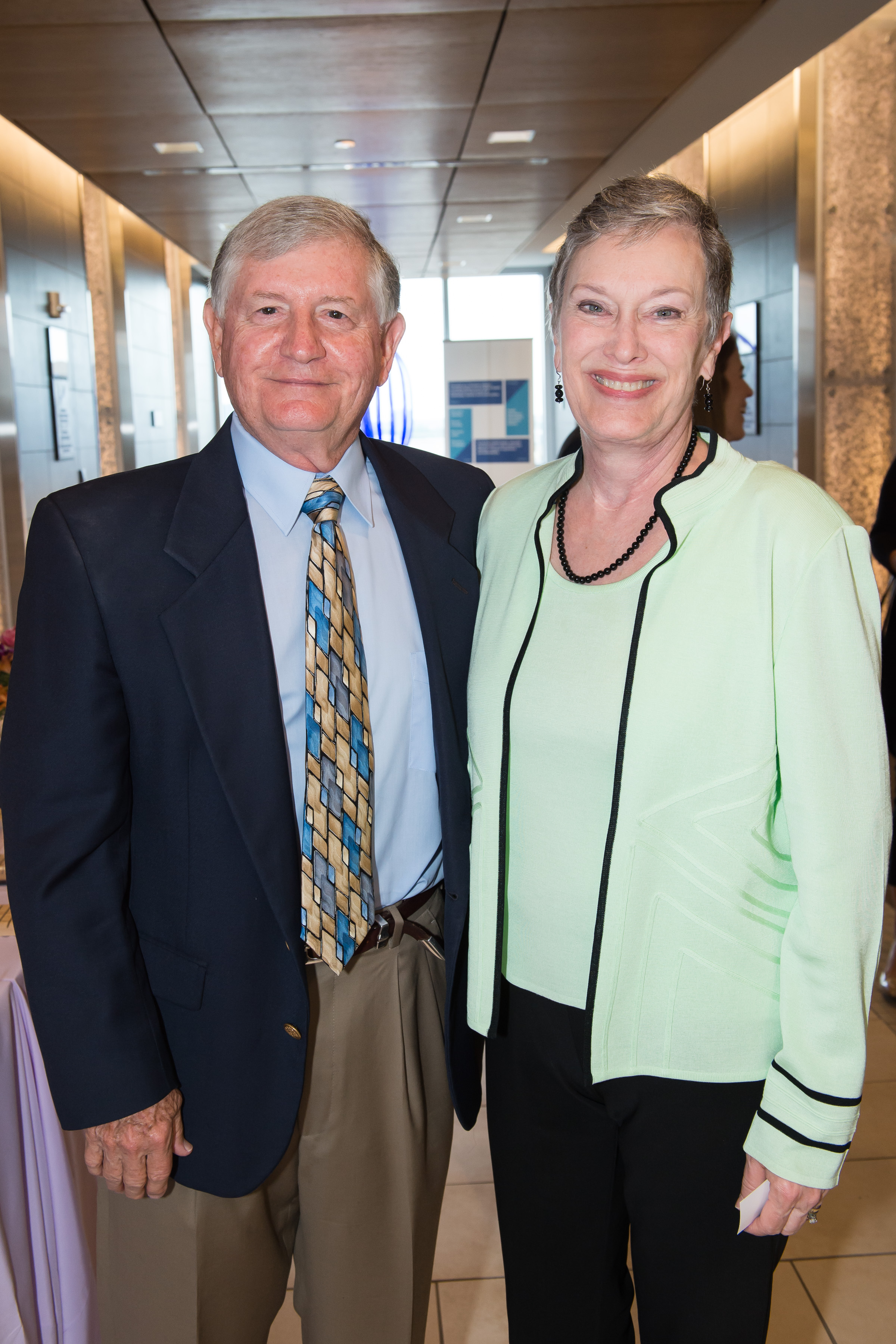 |
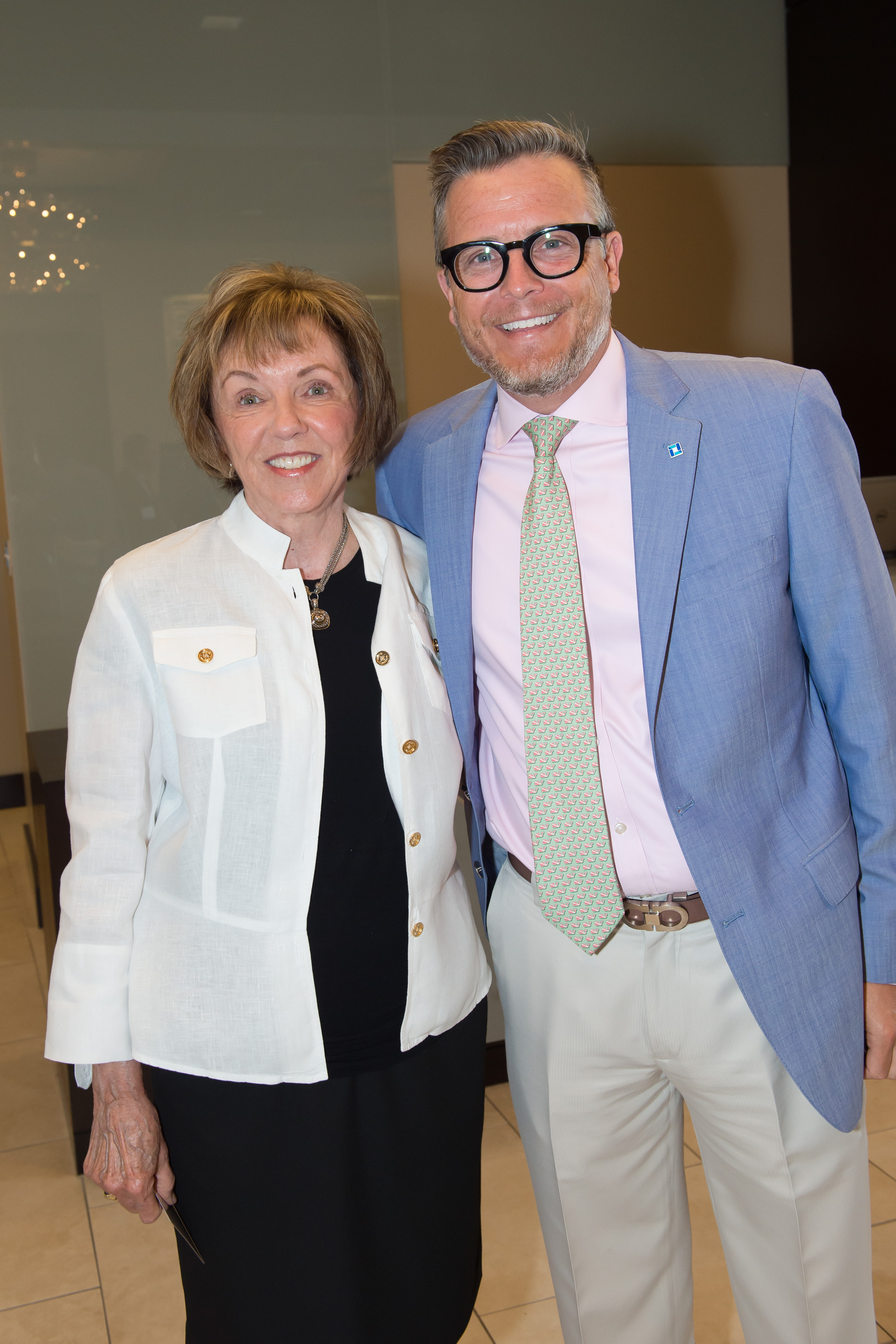 |
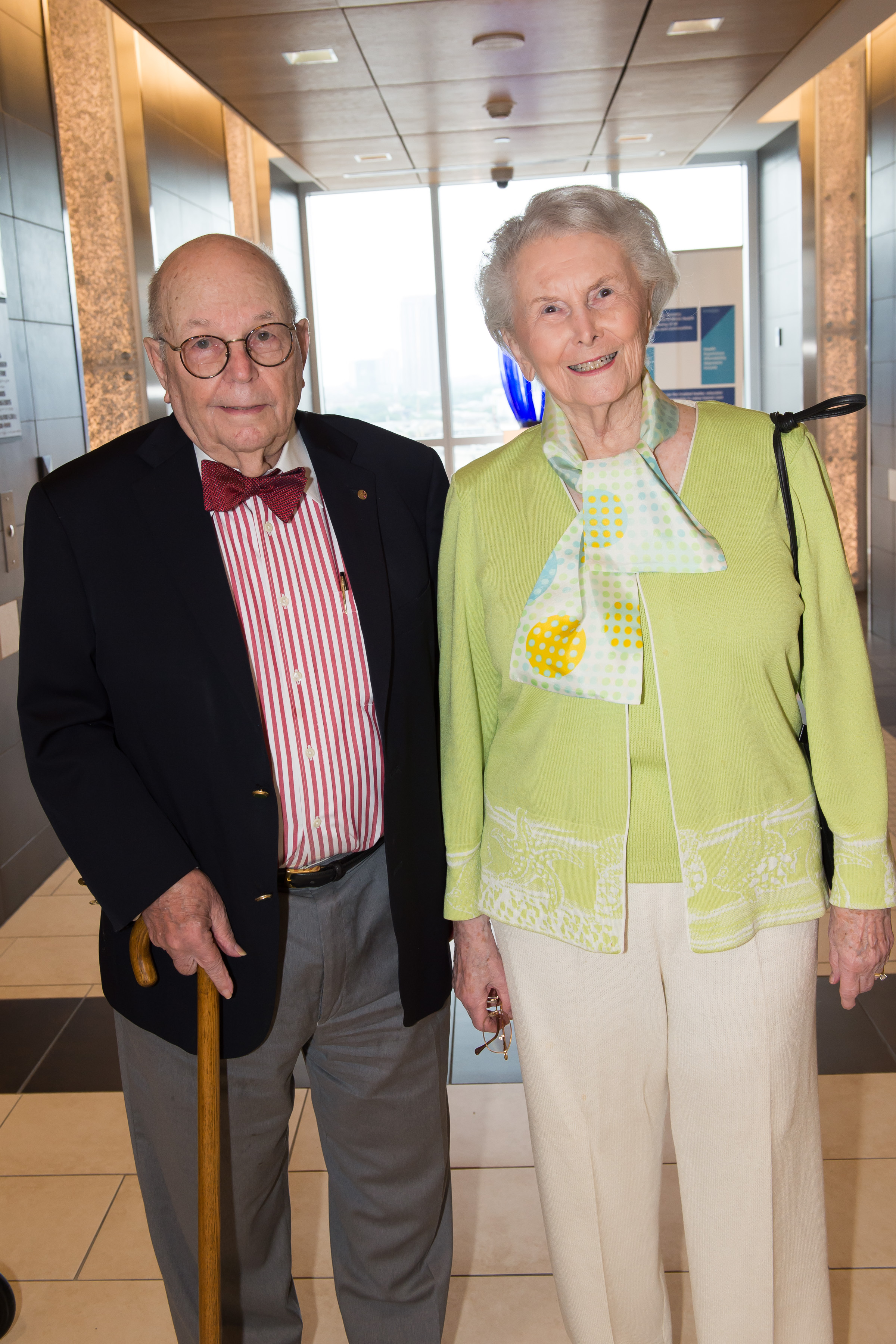 |
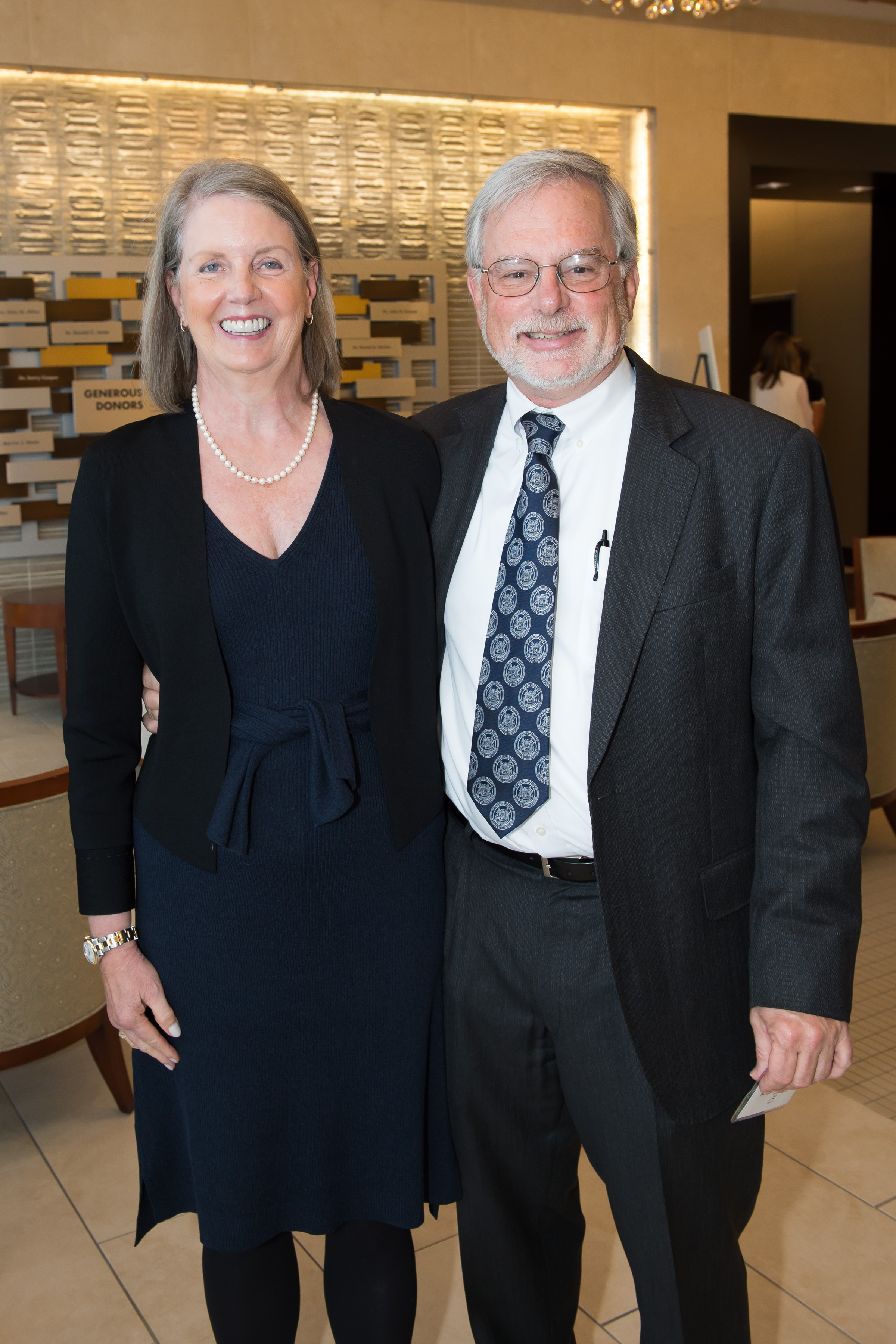 |
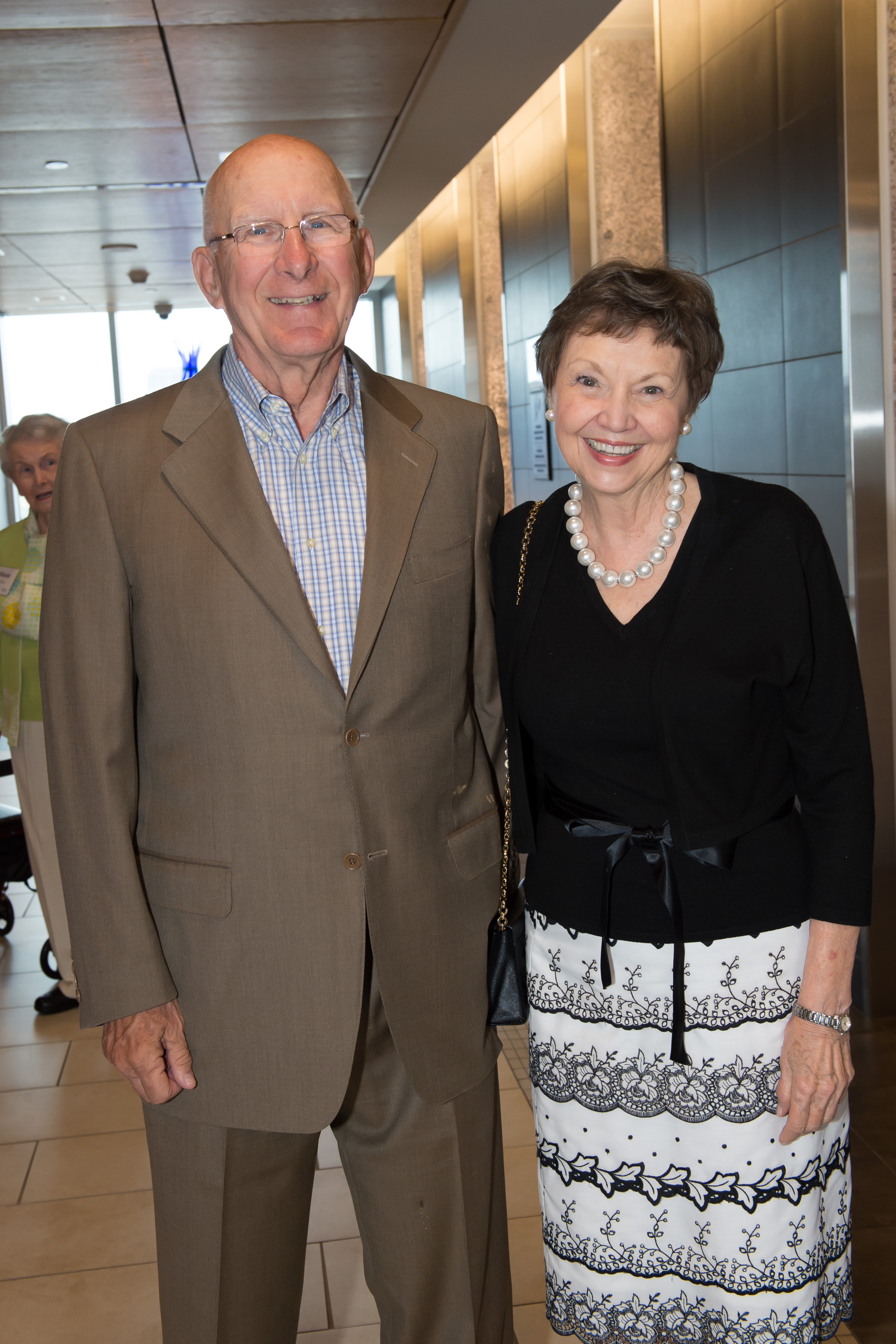 |
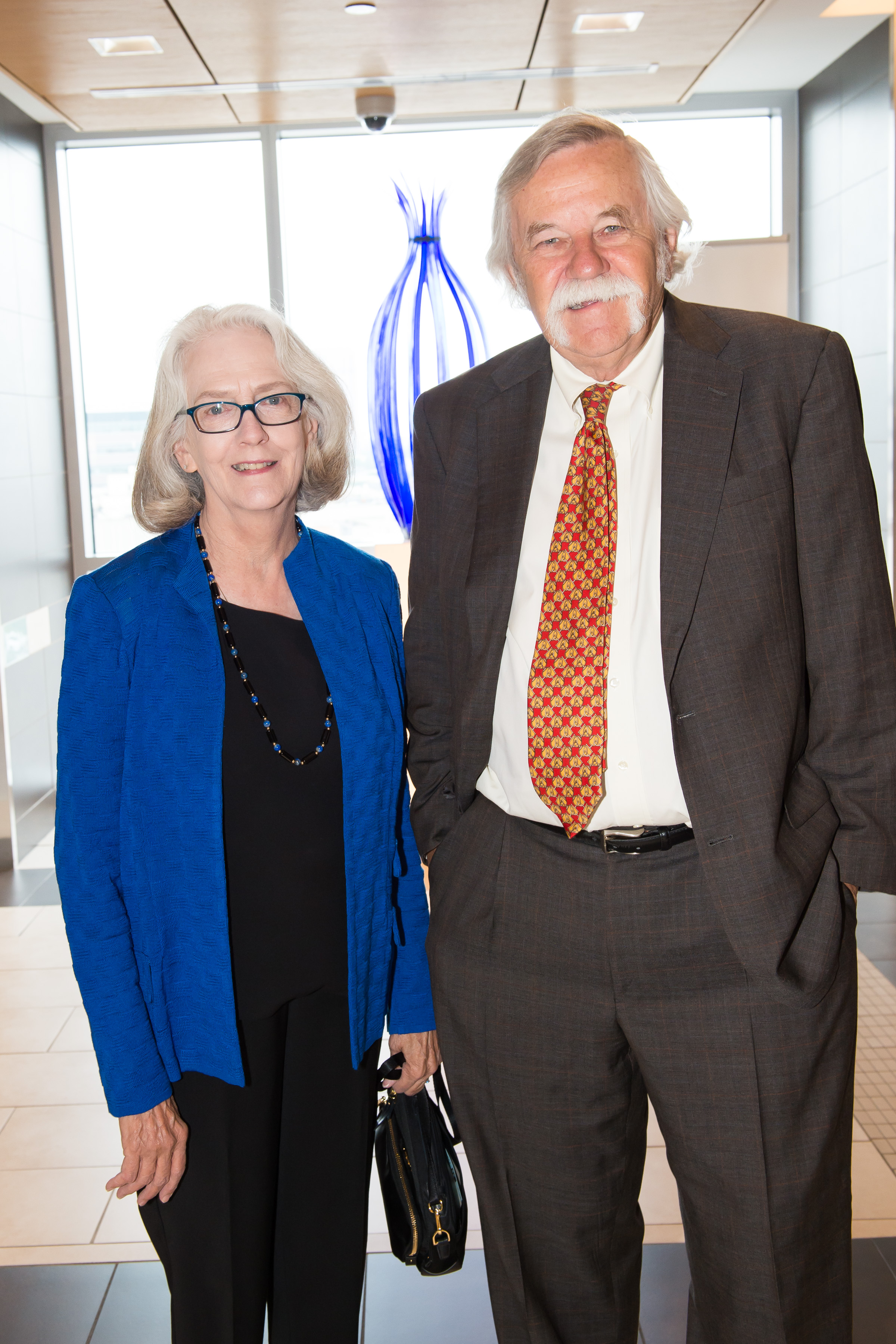 |
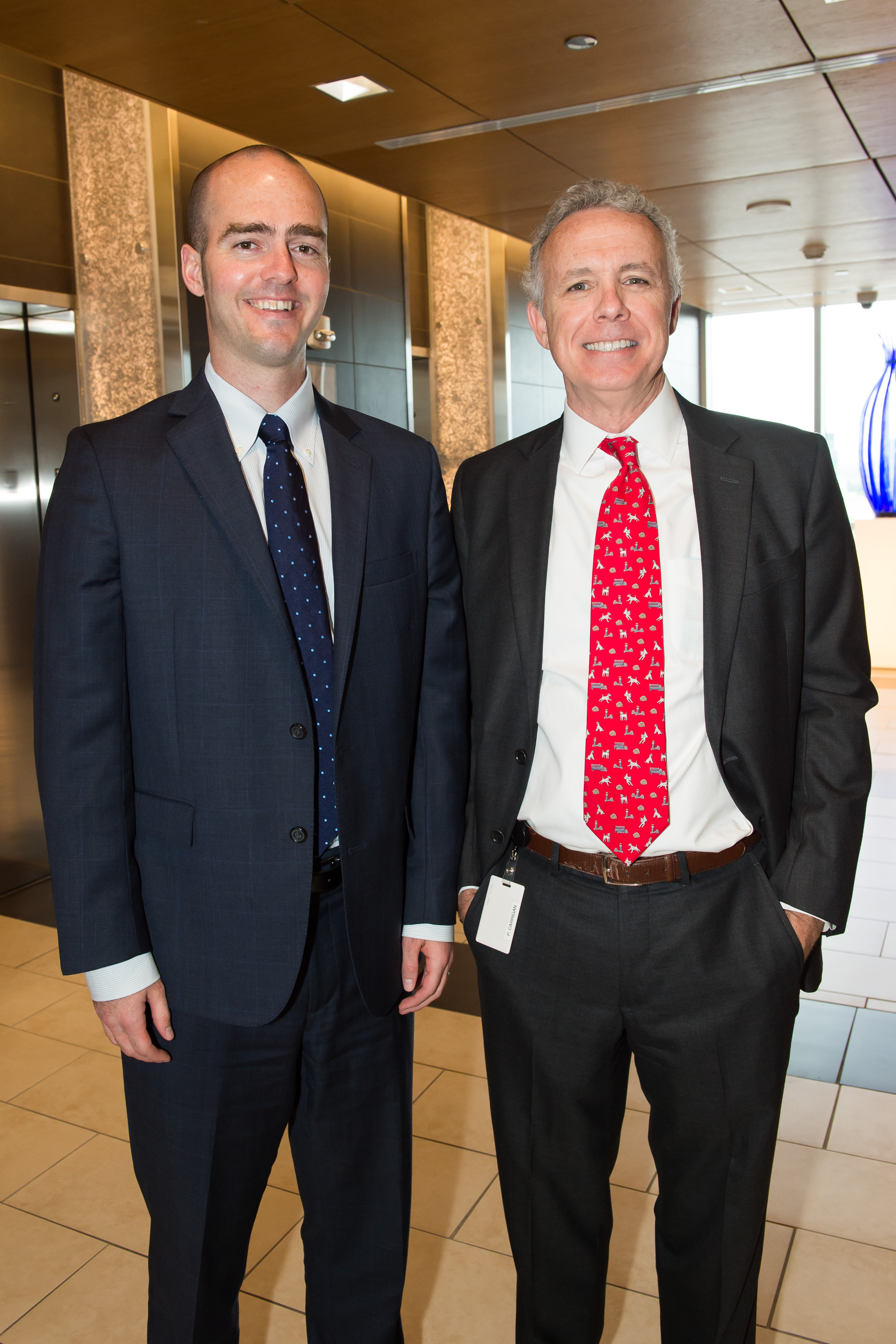 |
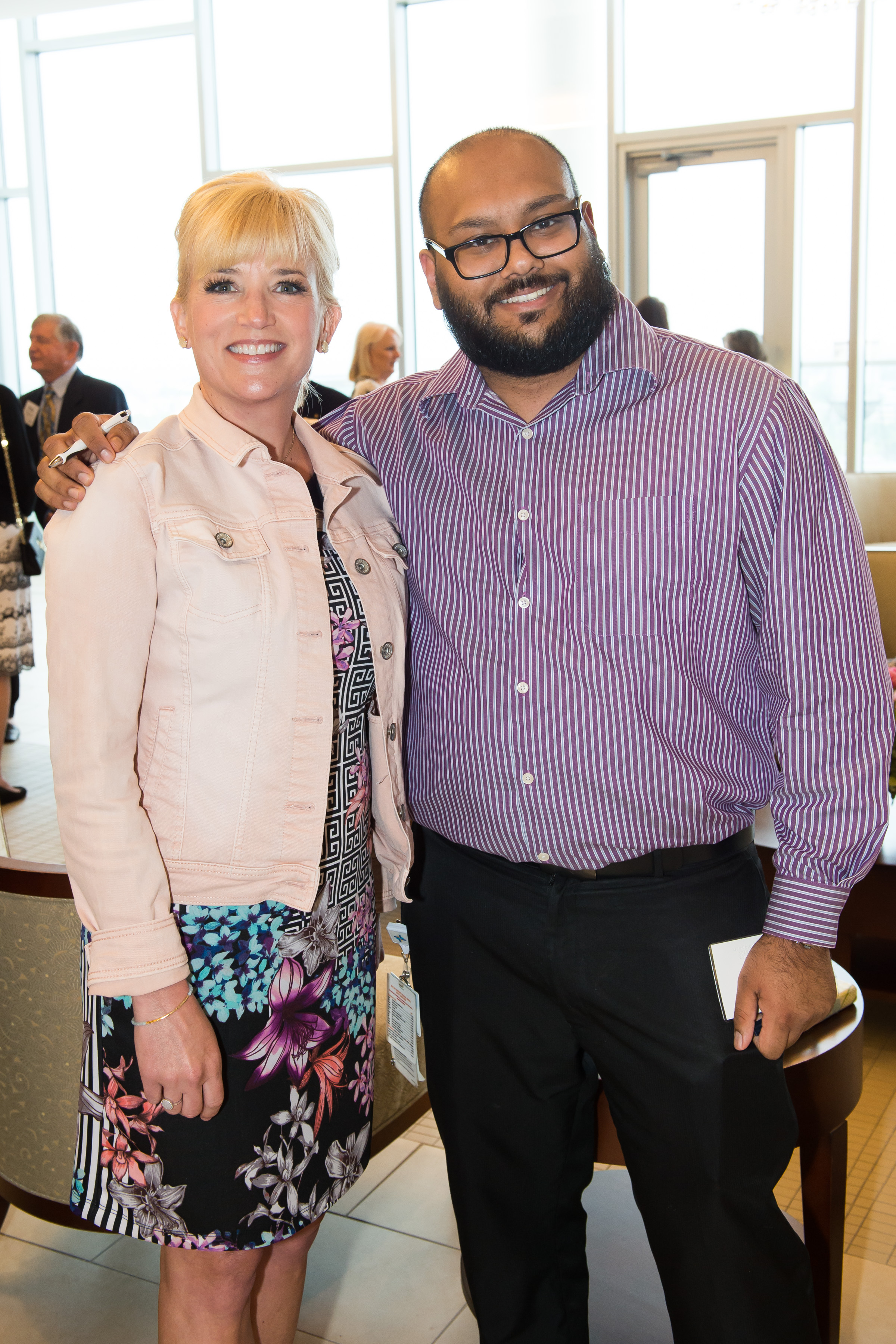 |
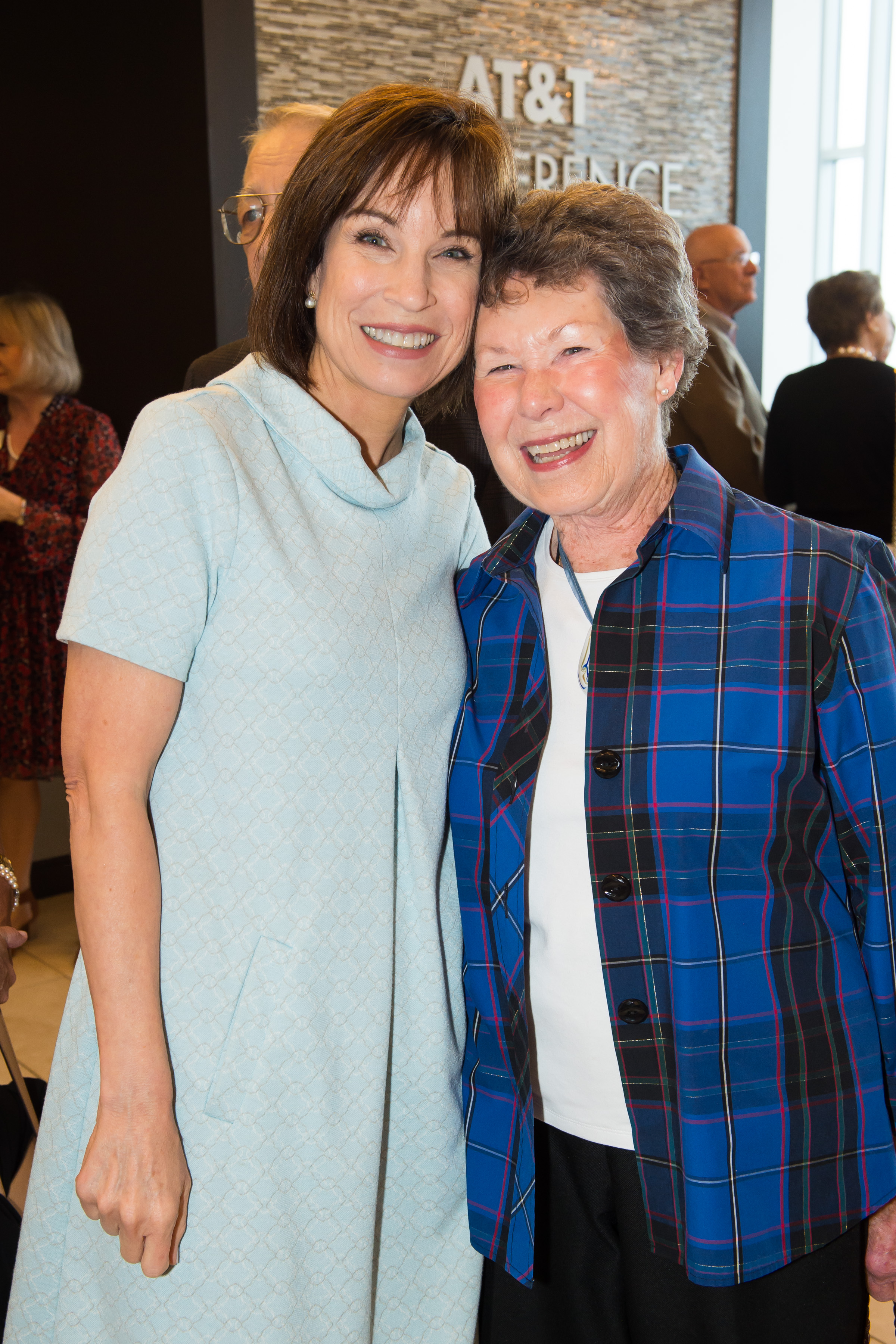 |
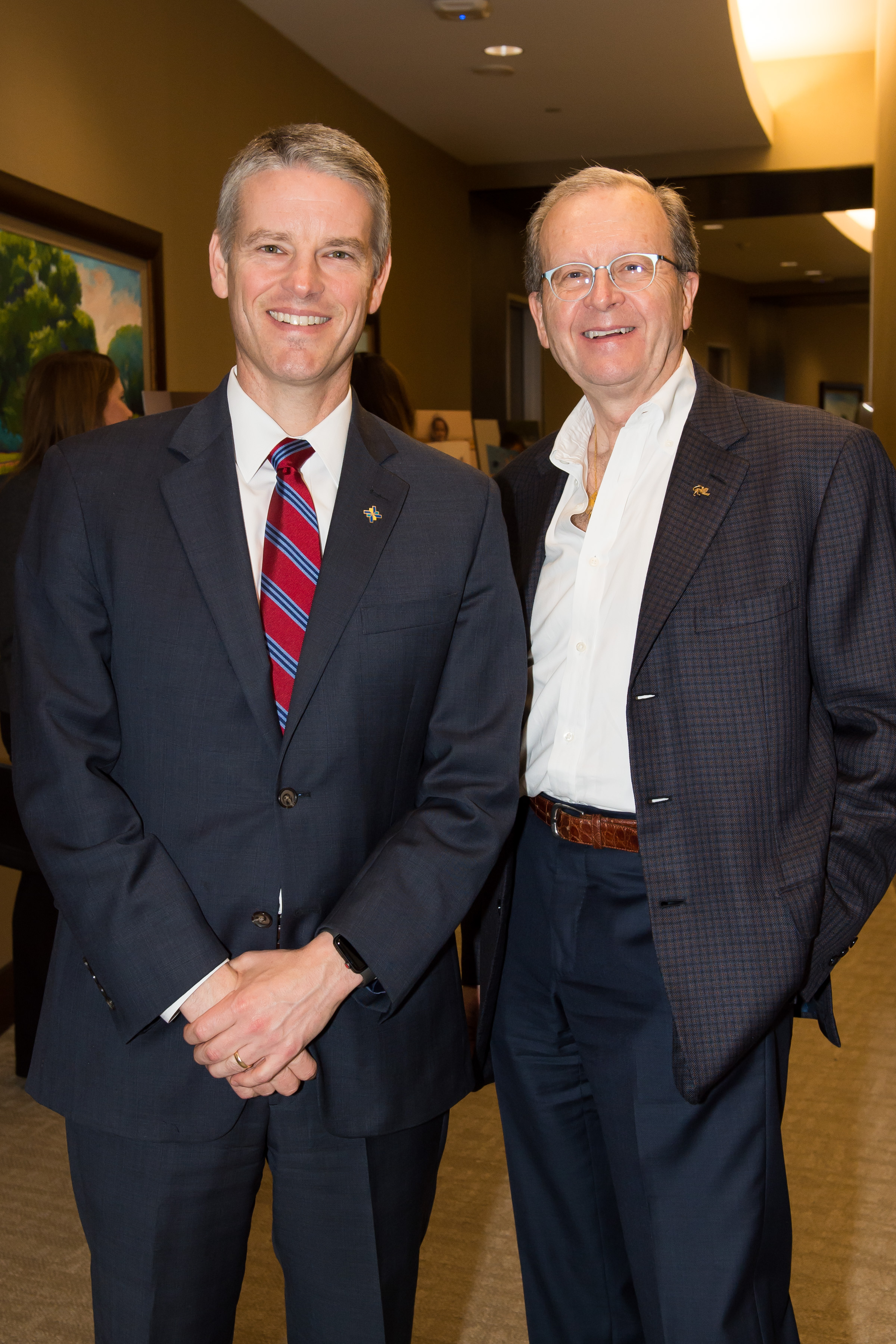 |
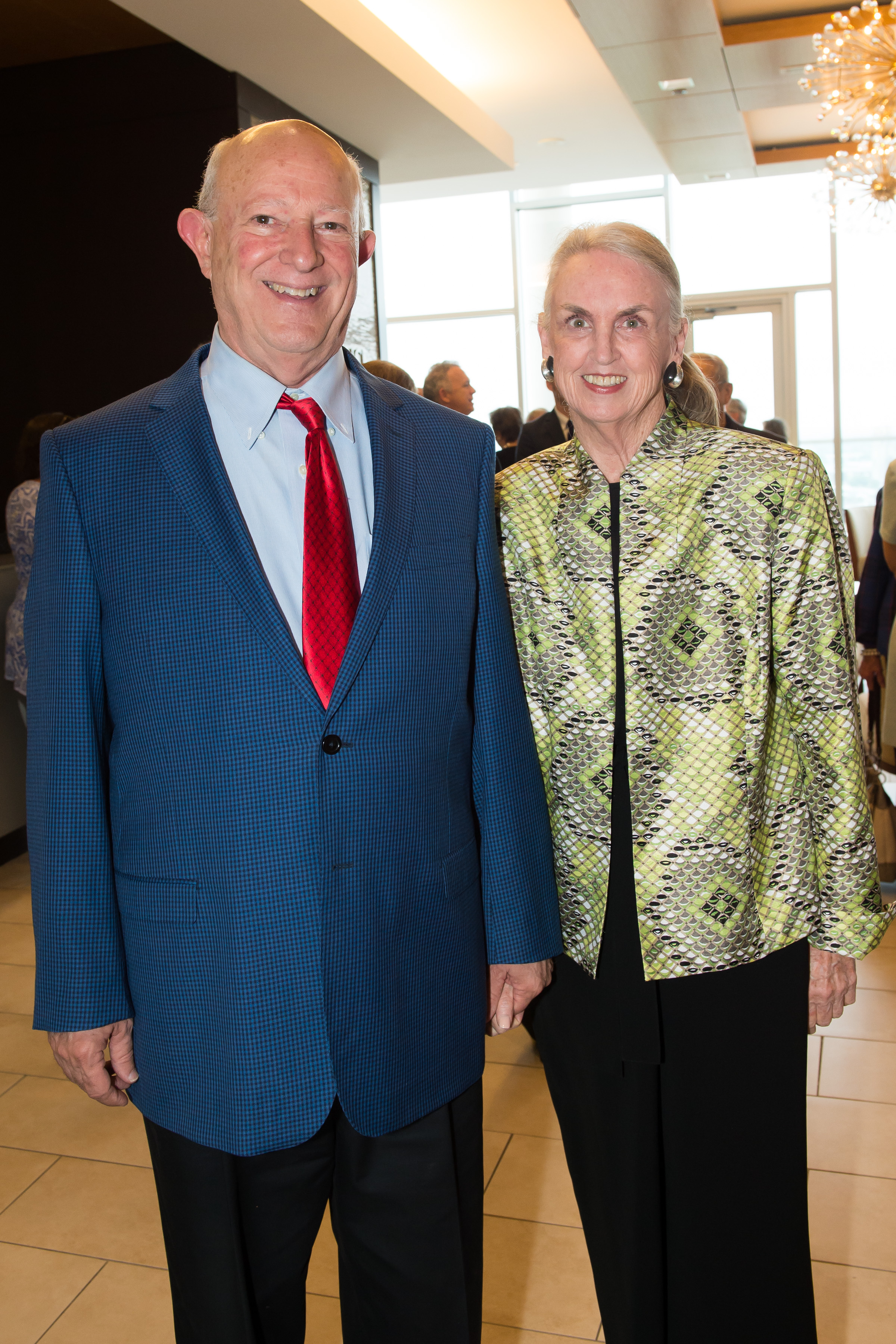 |
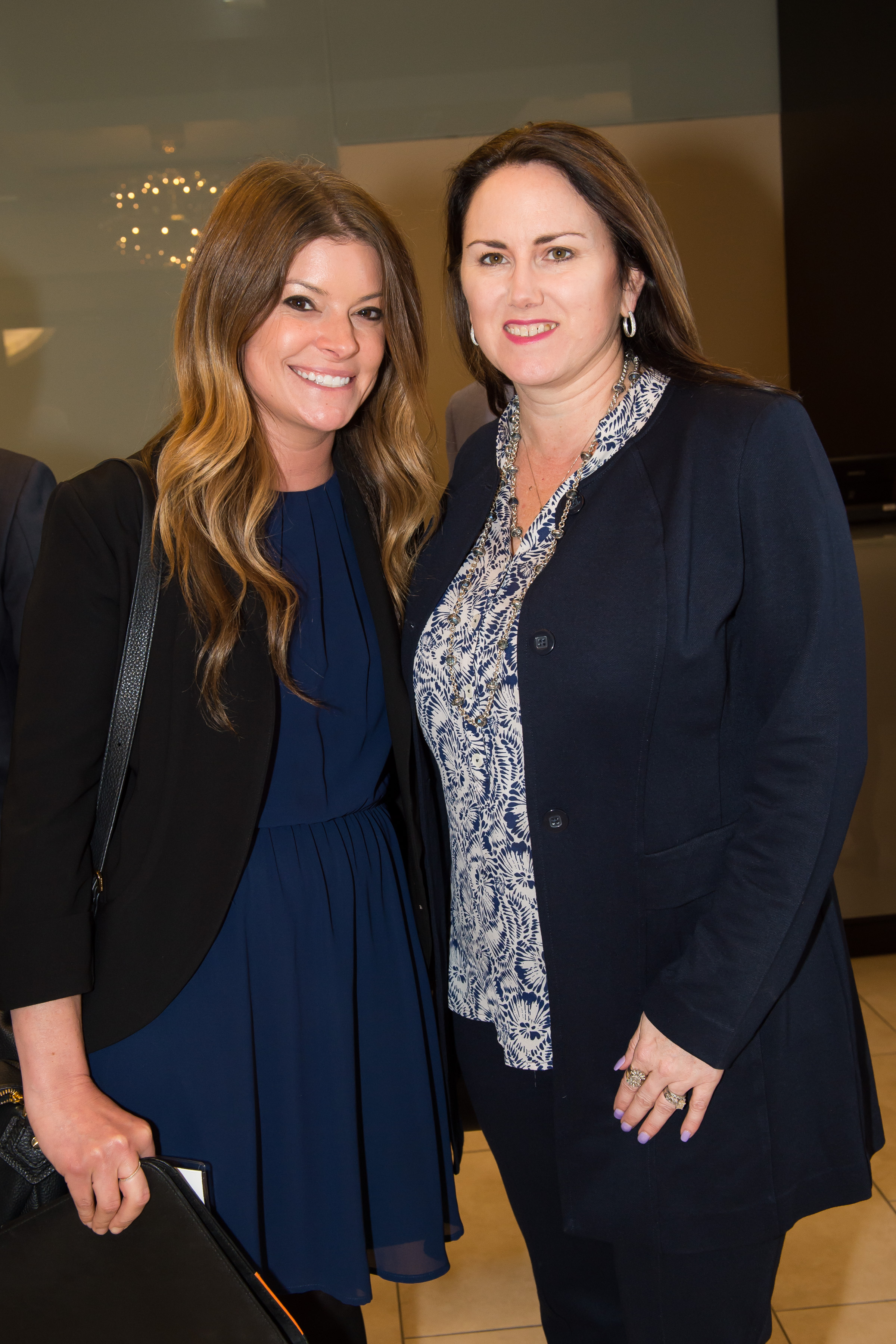 |
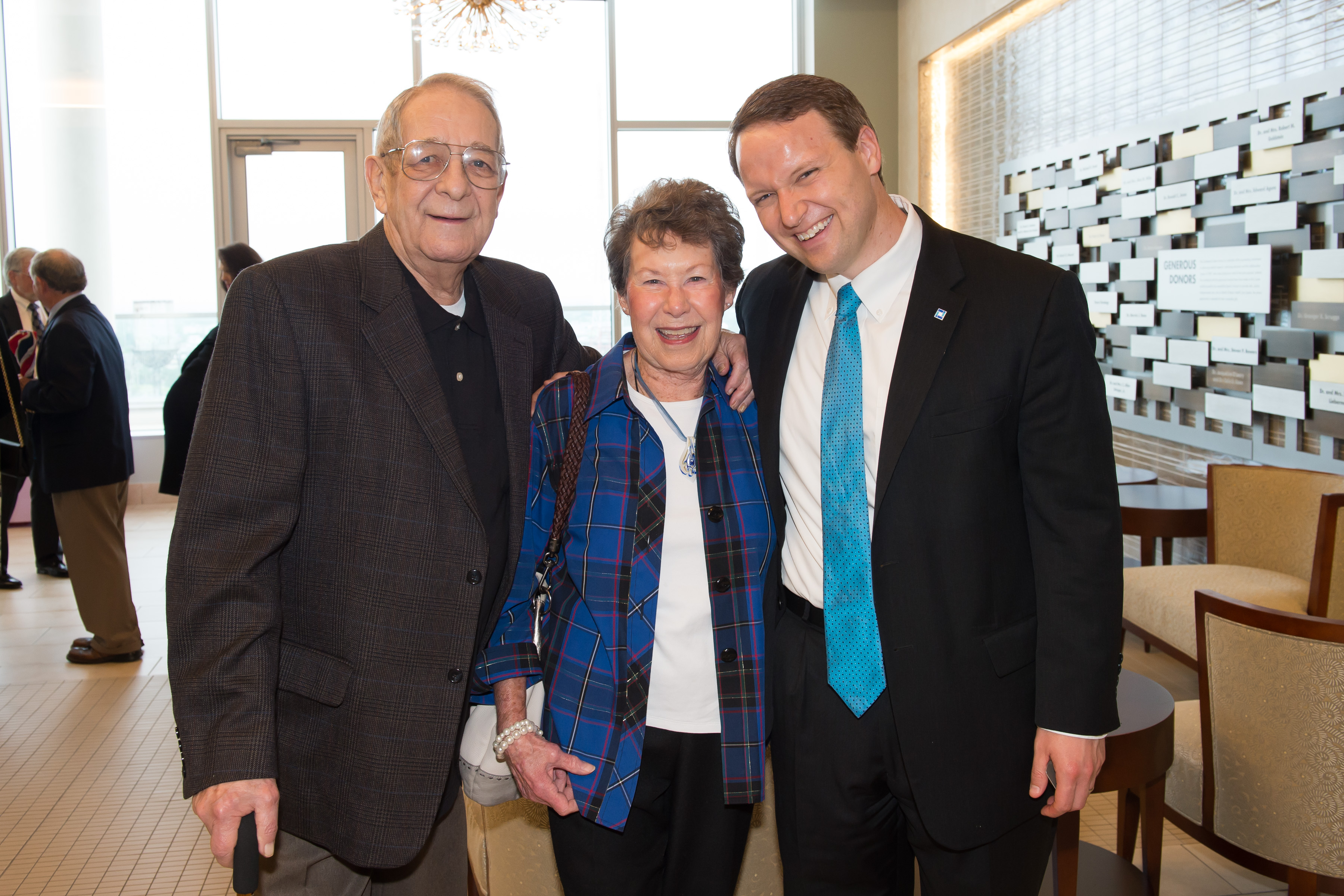 |
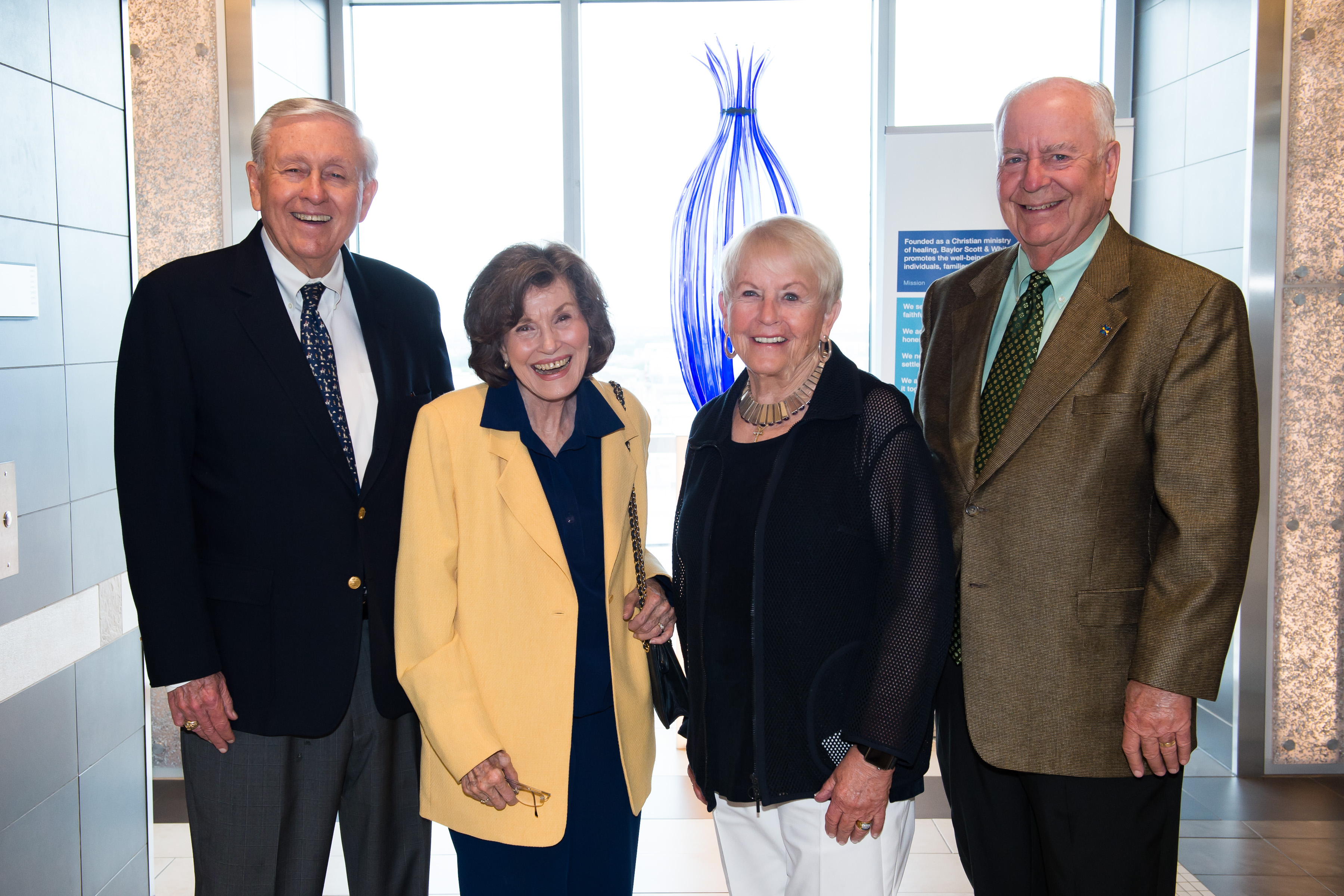 |
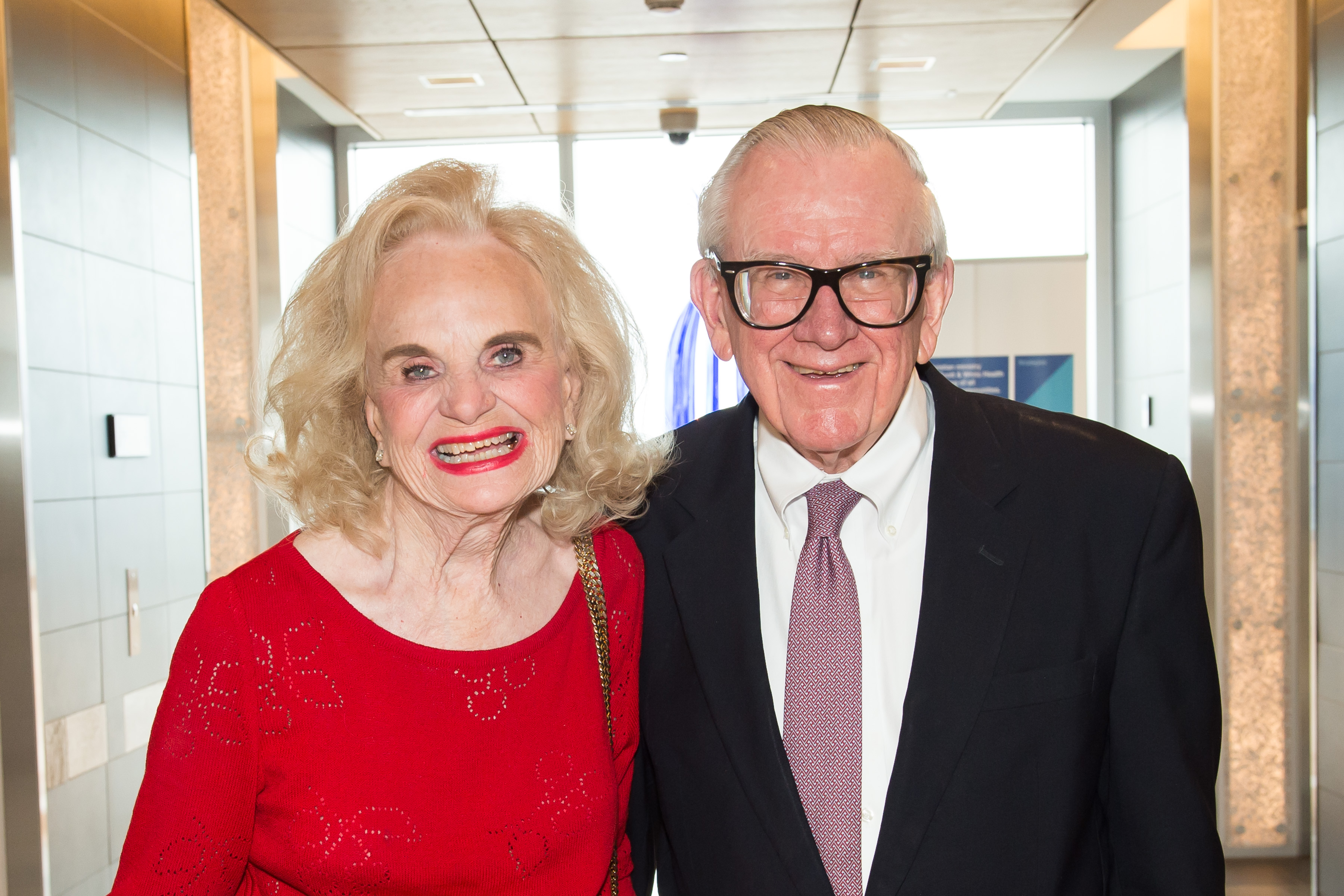 |
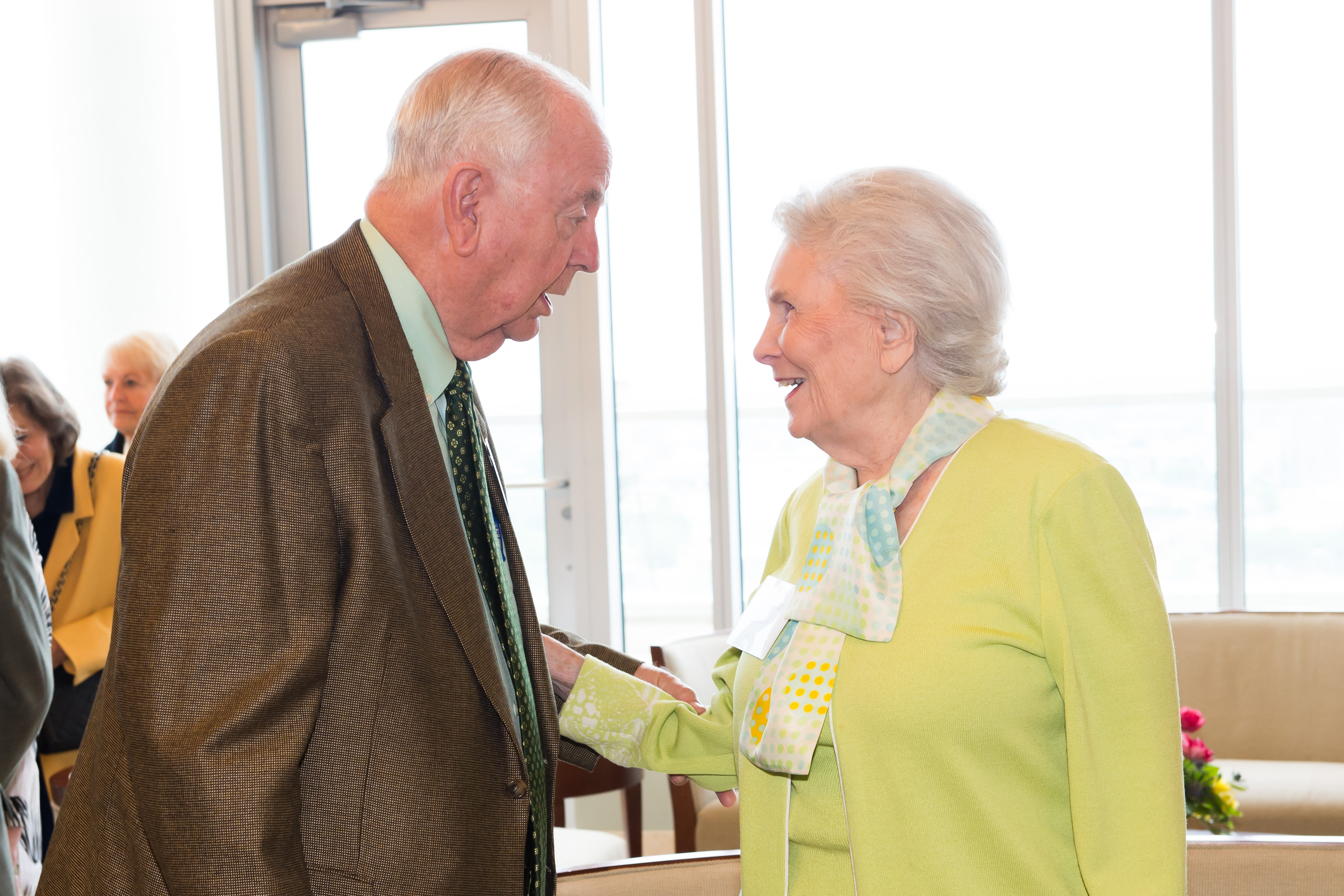 |
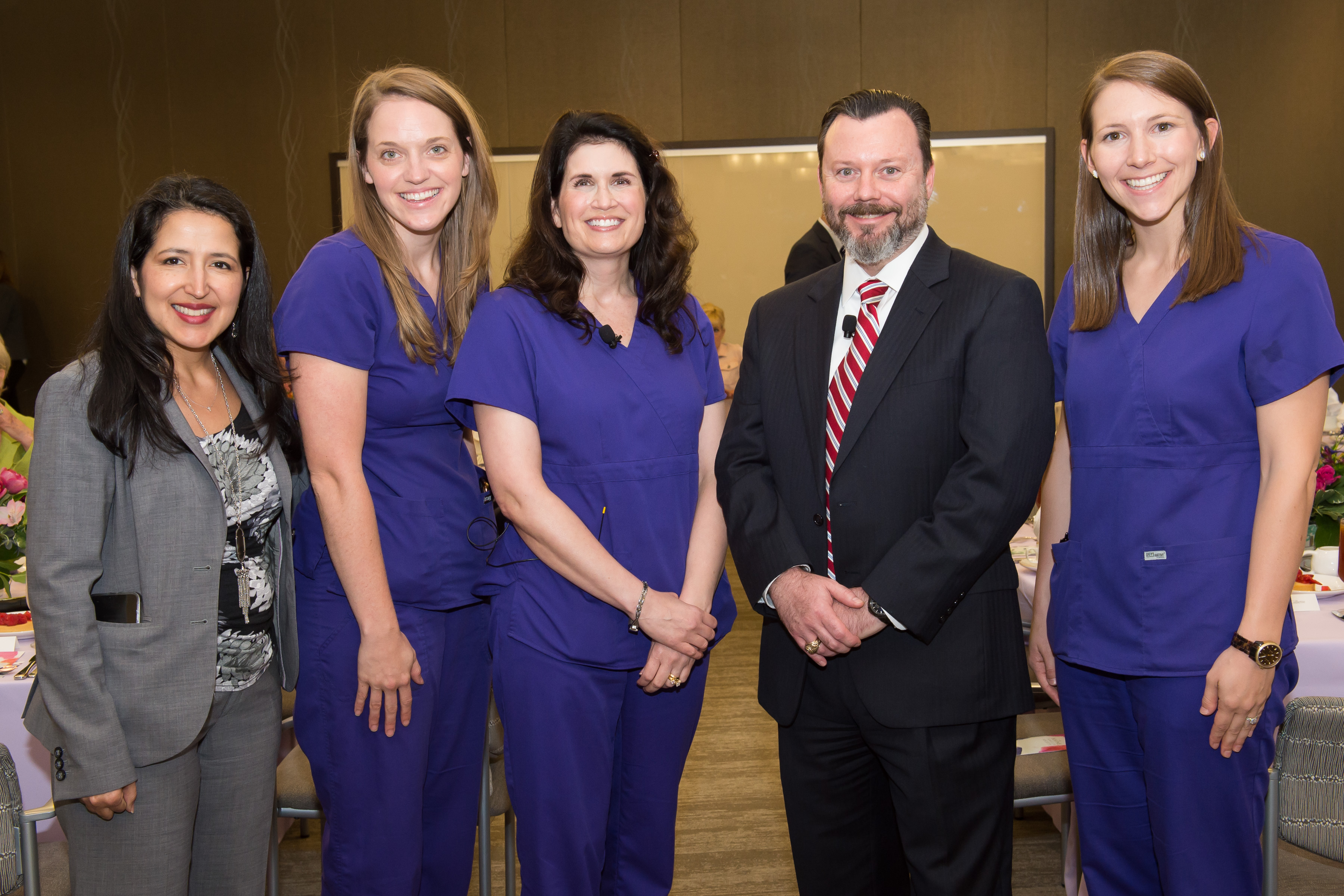 |
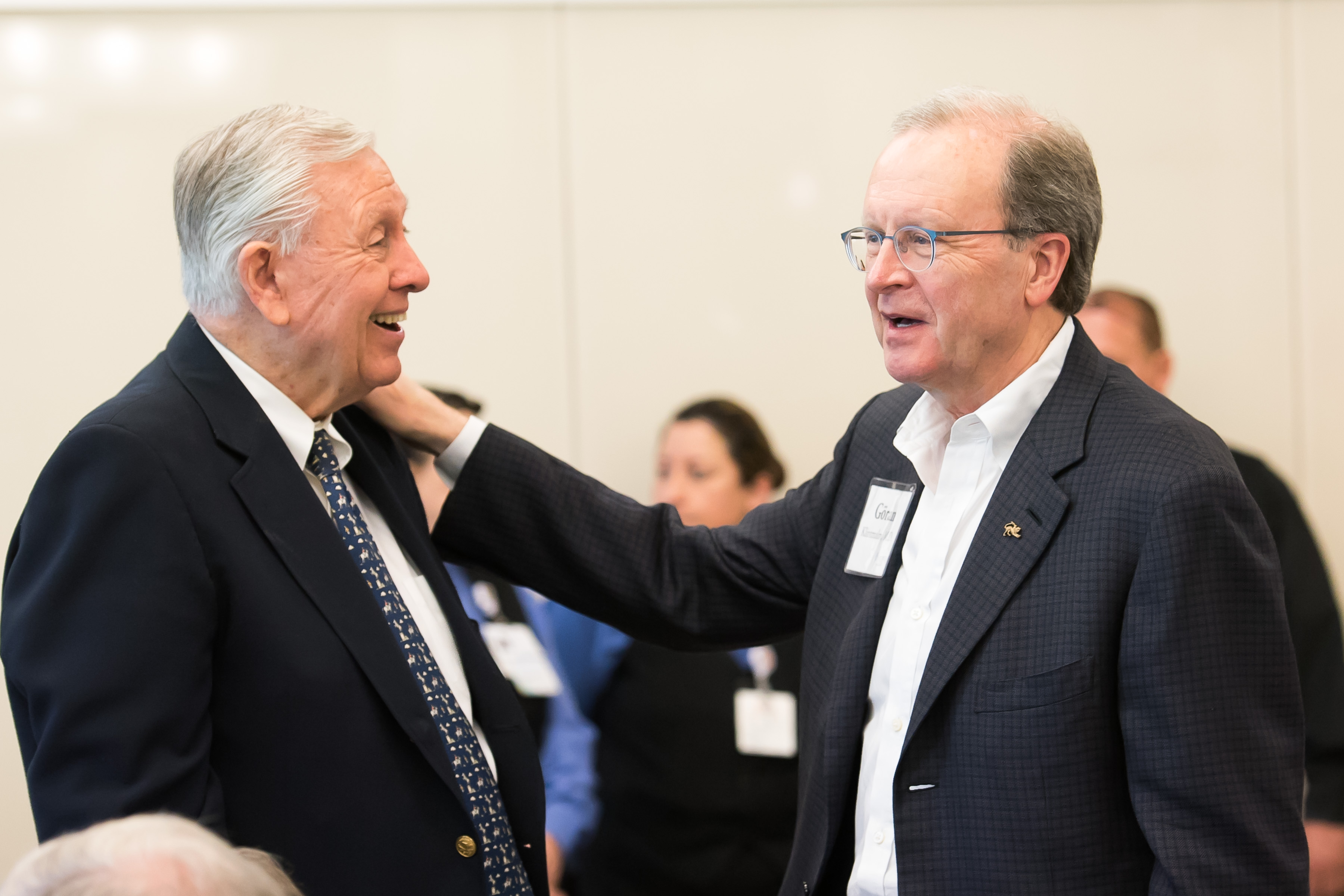 |
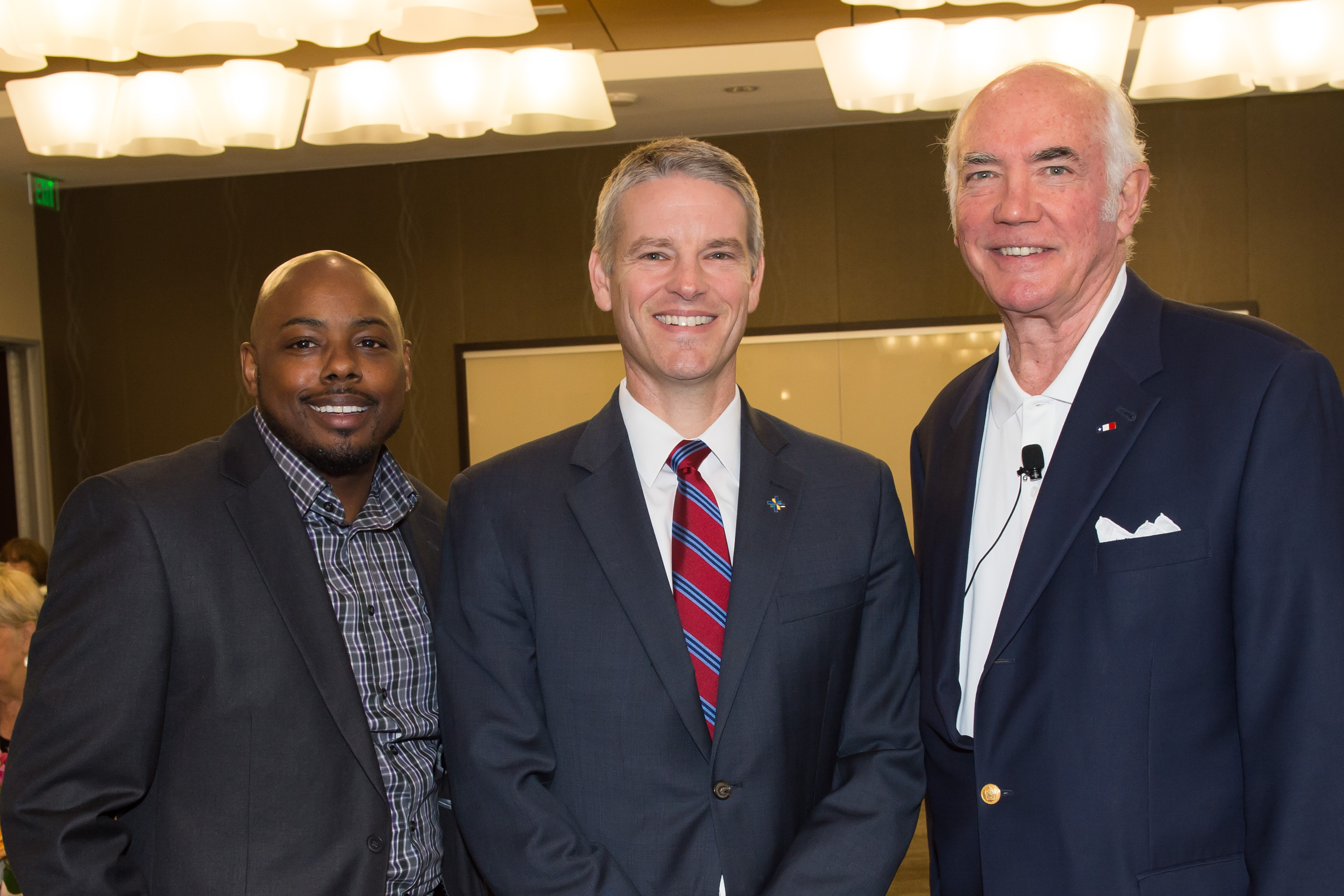 |
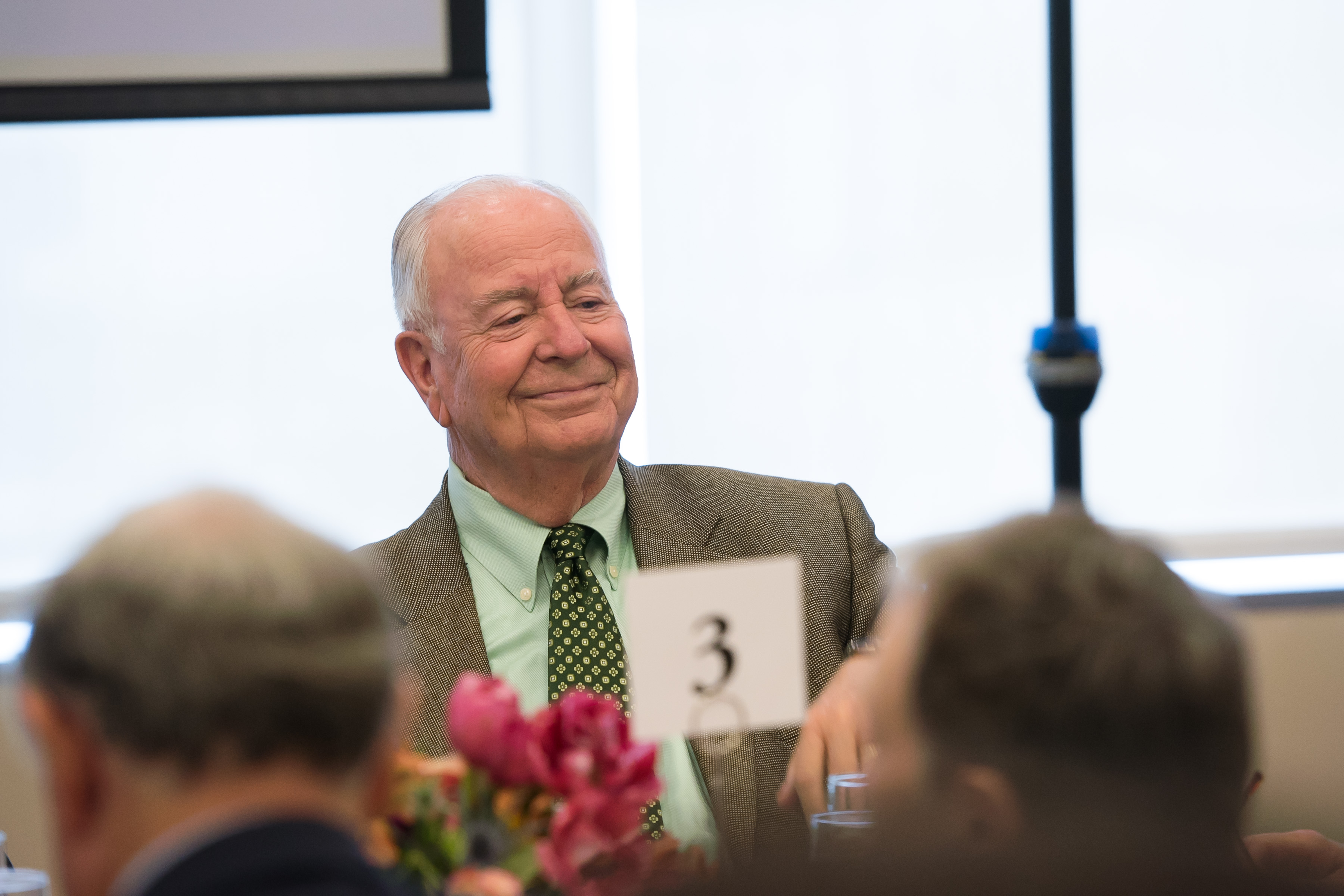 |
 |
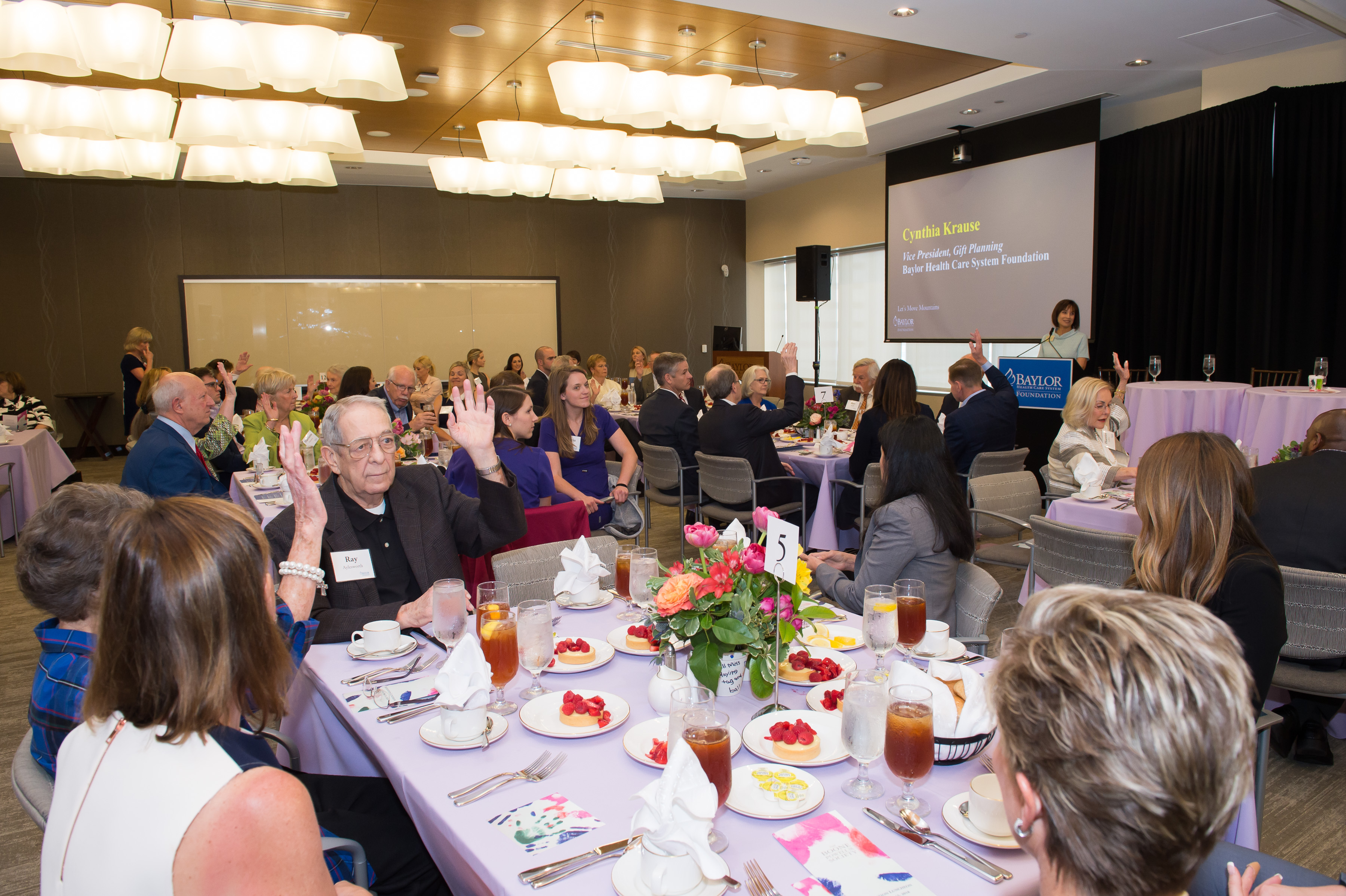 |
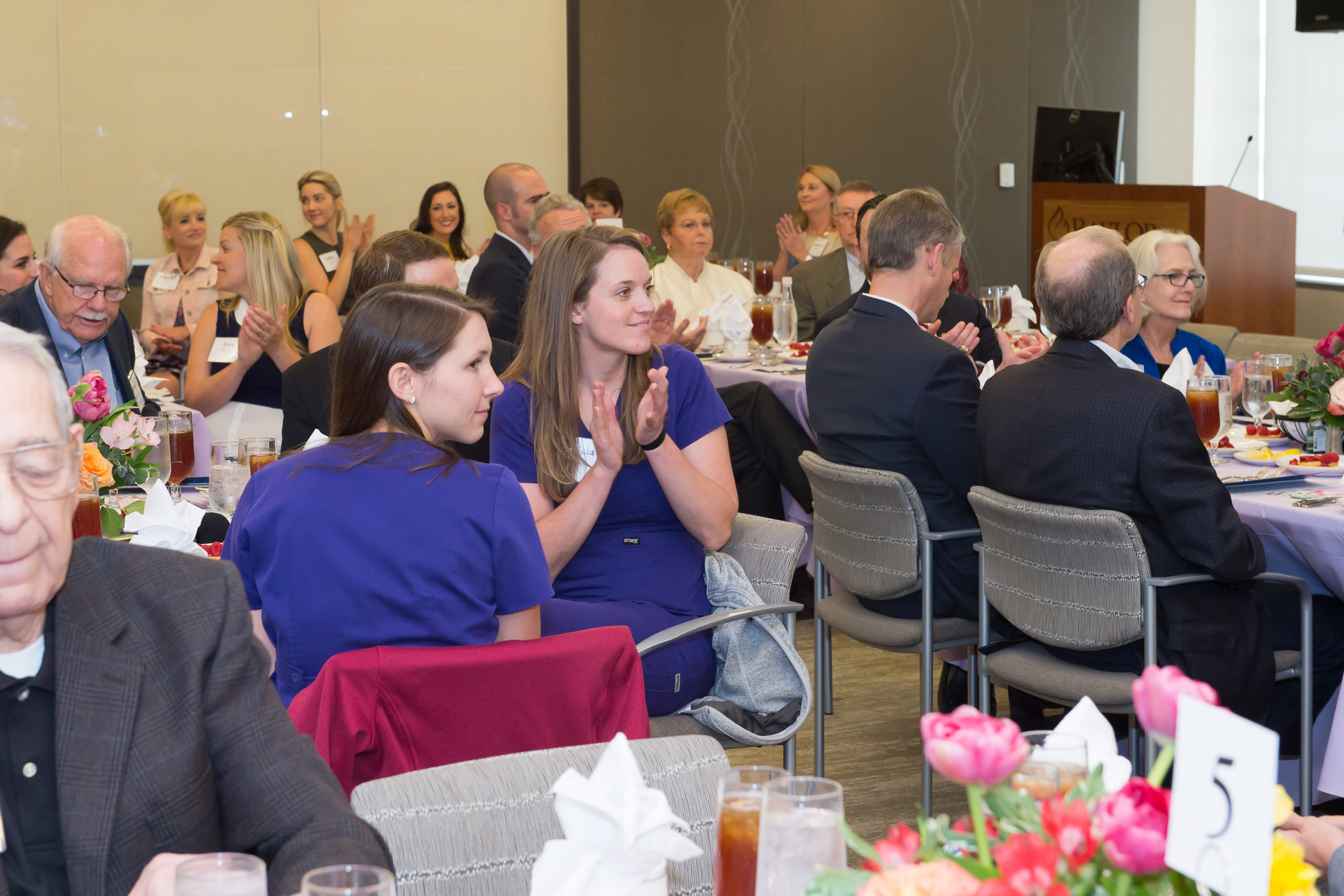 |
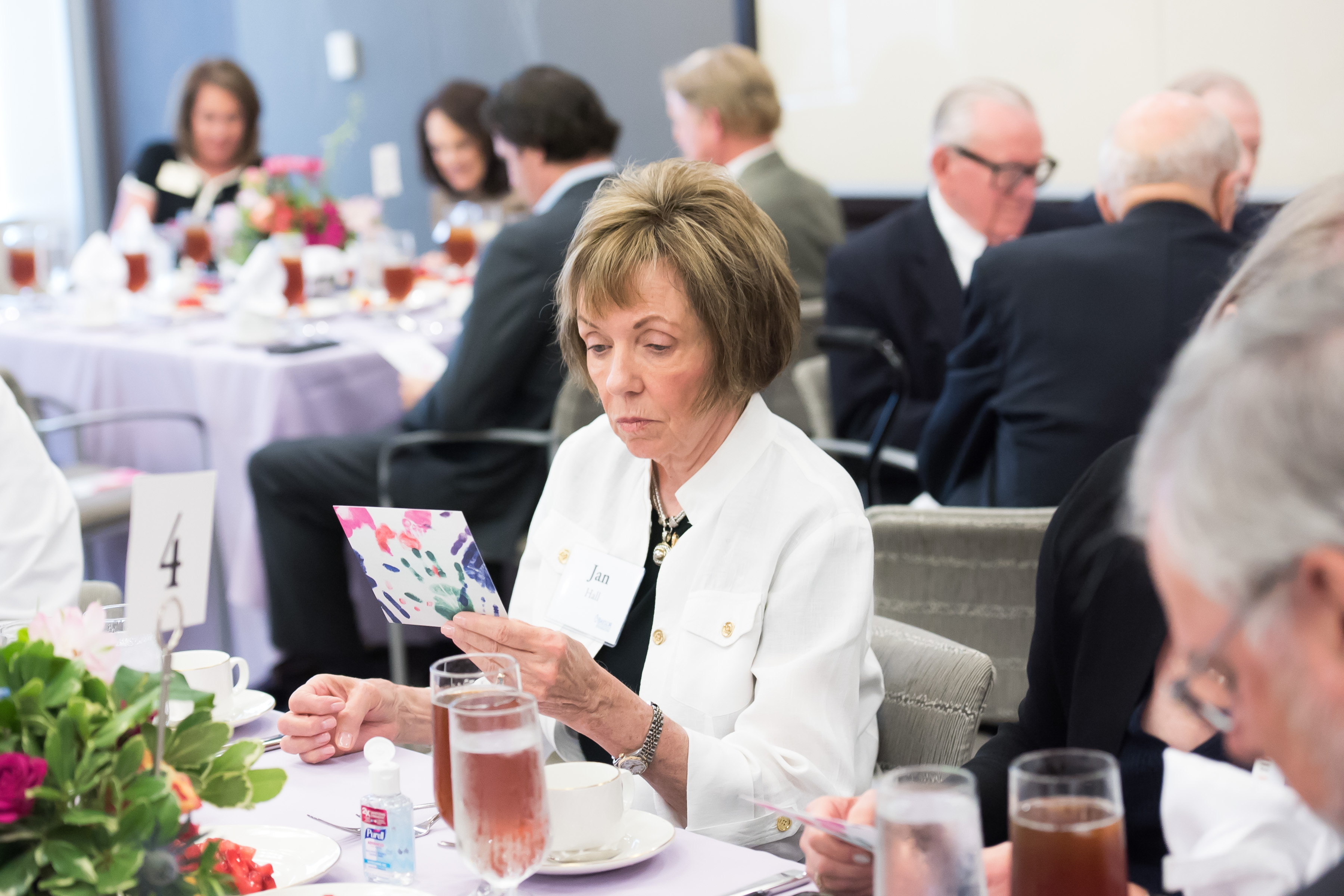 |
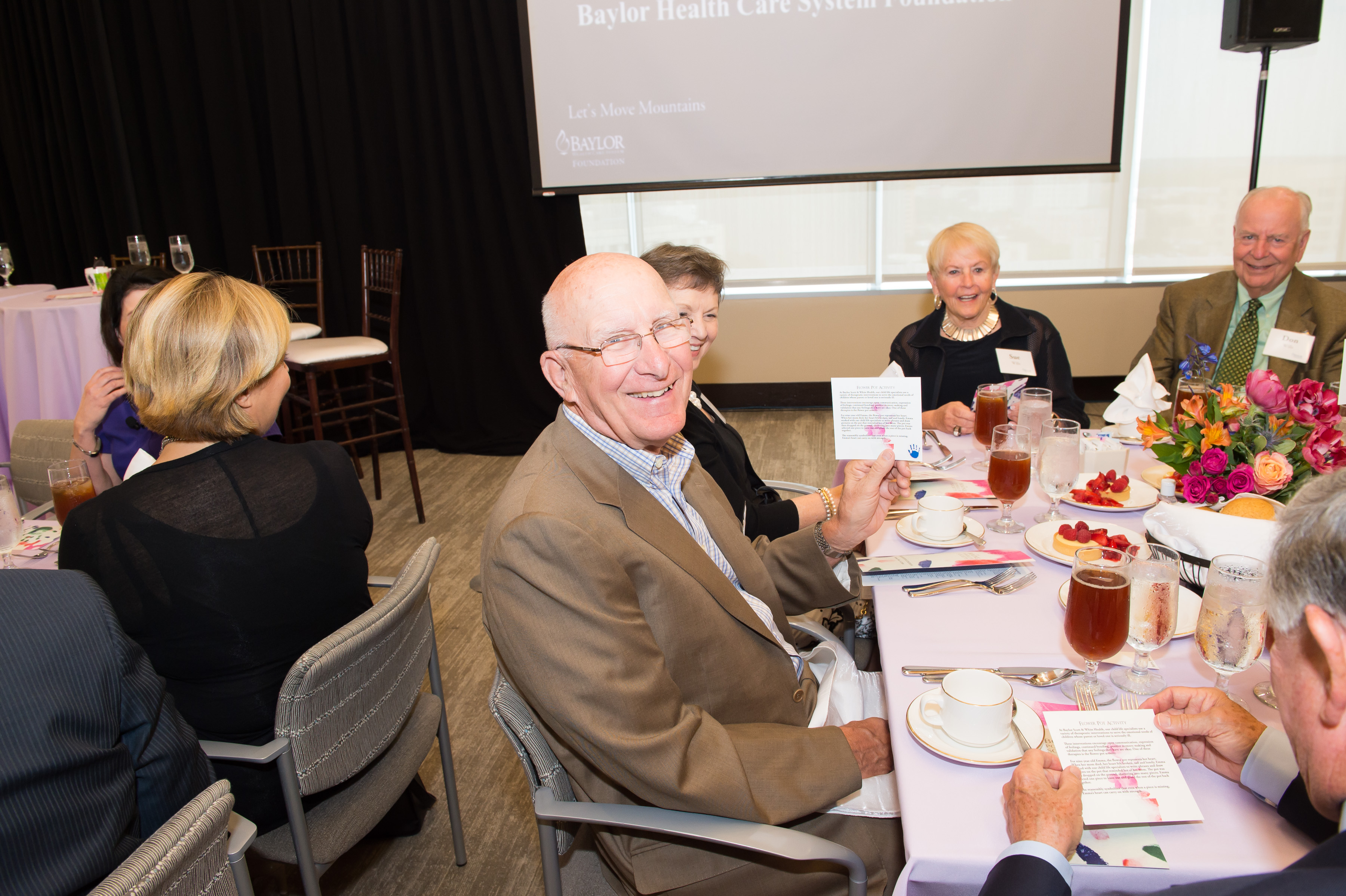 |
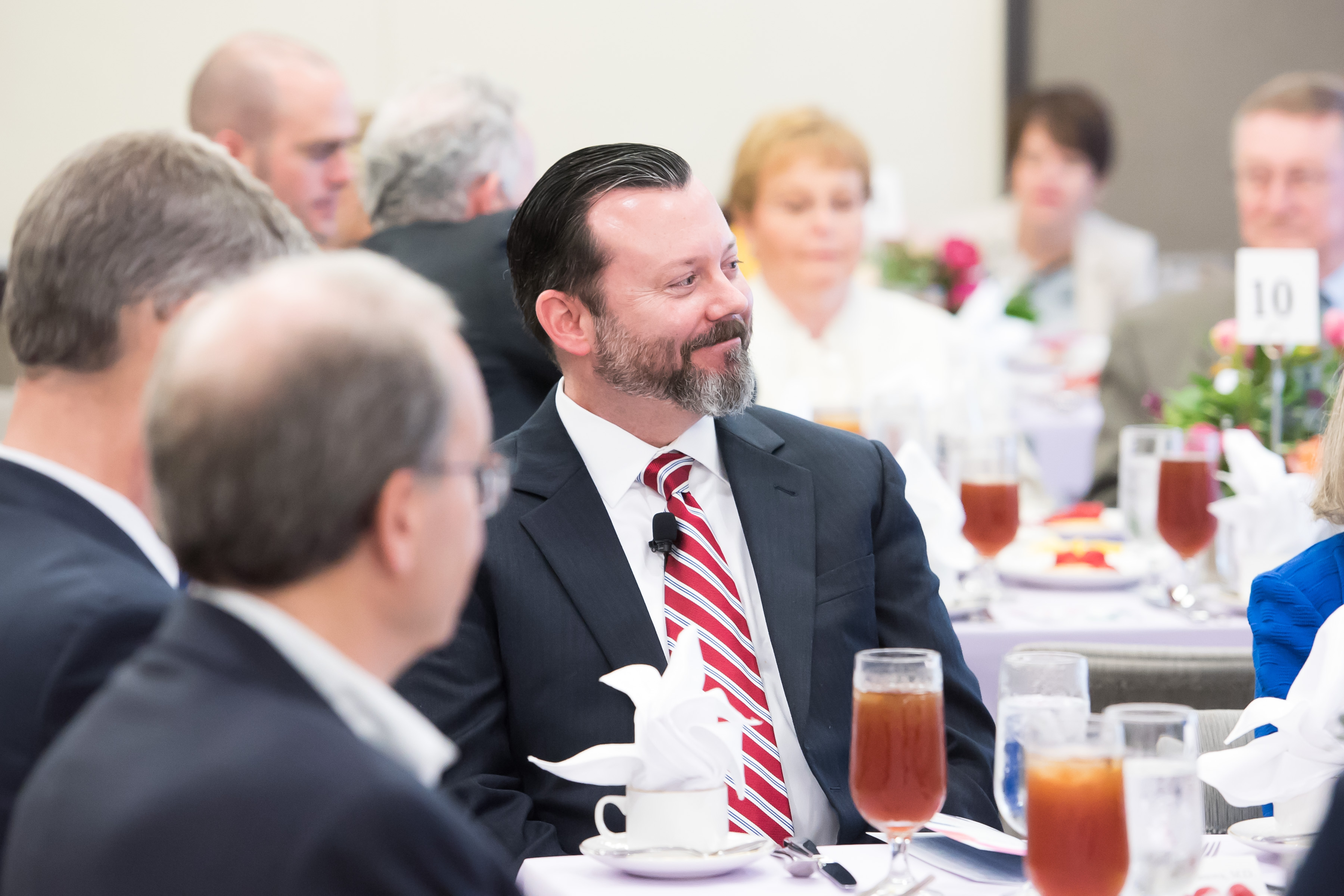 |
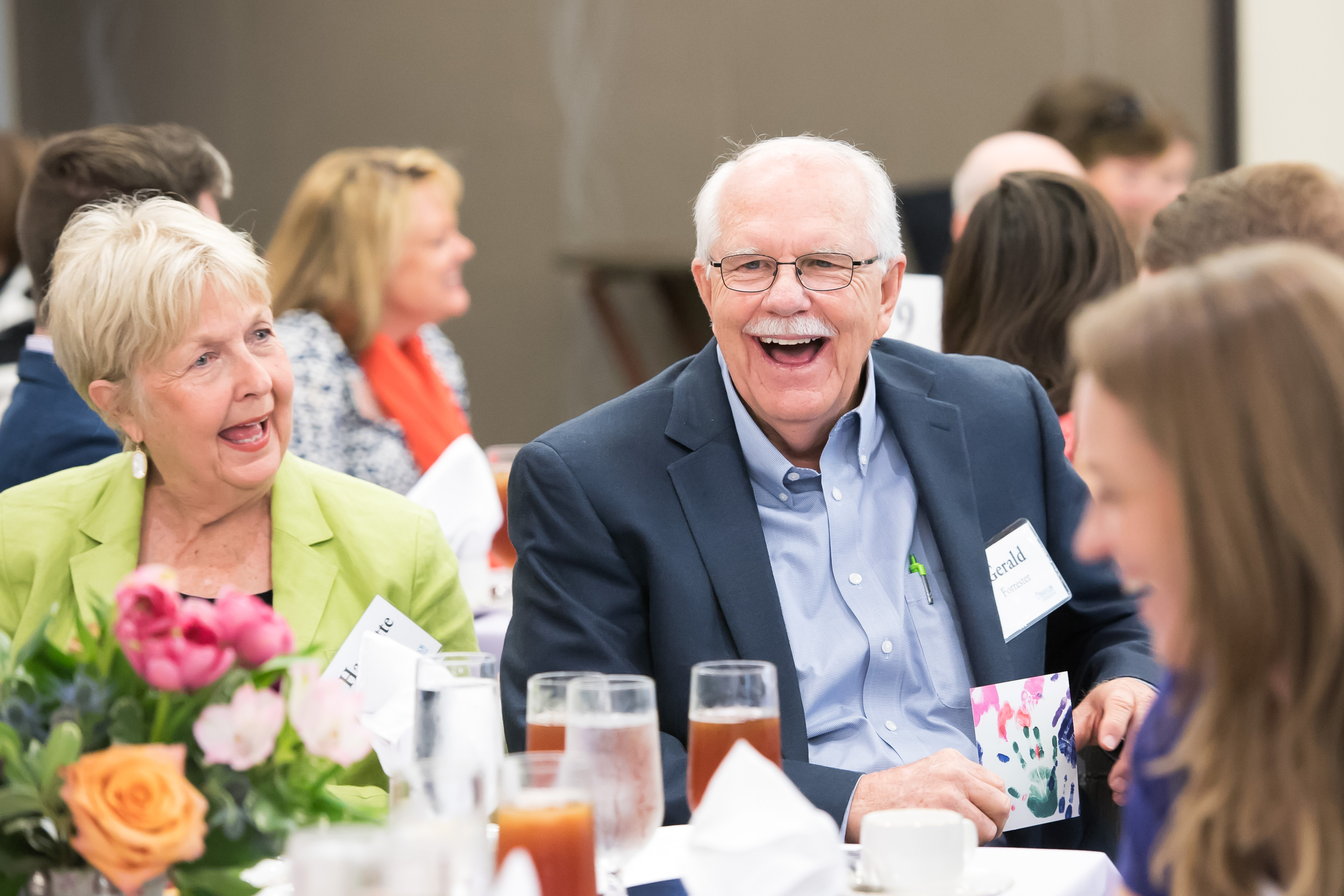 |
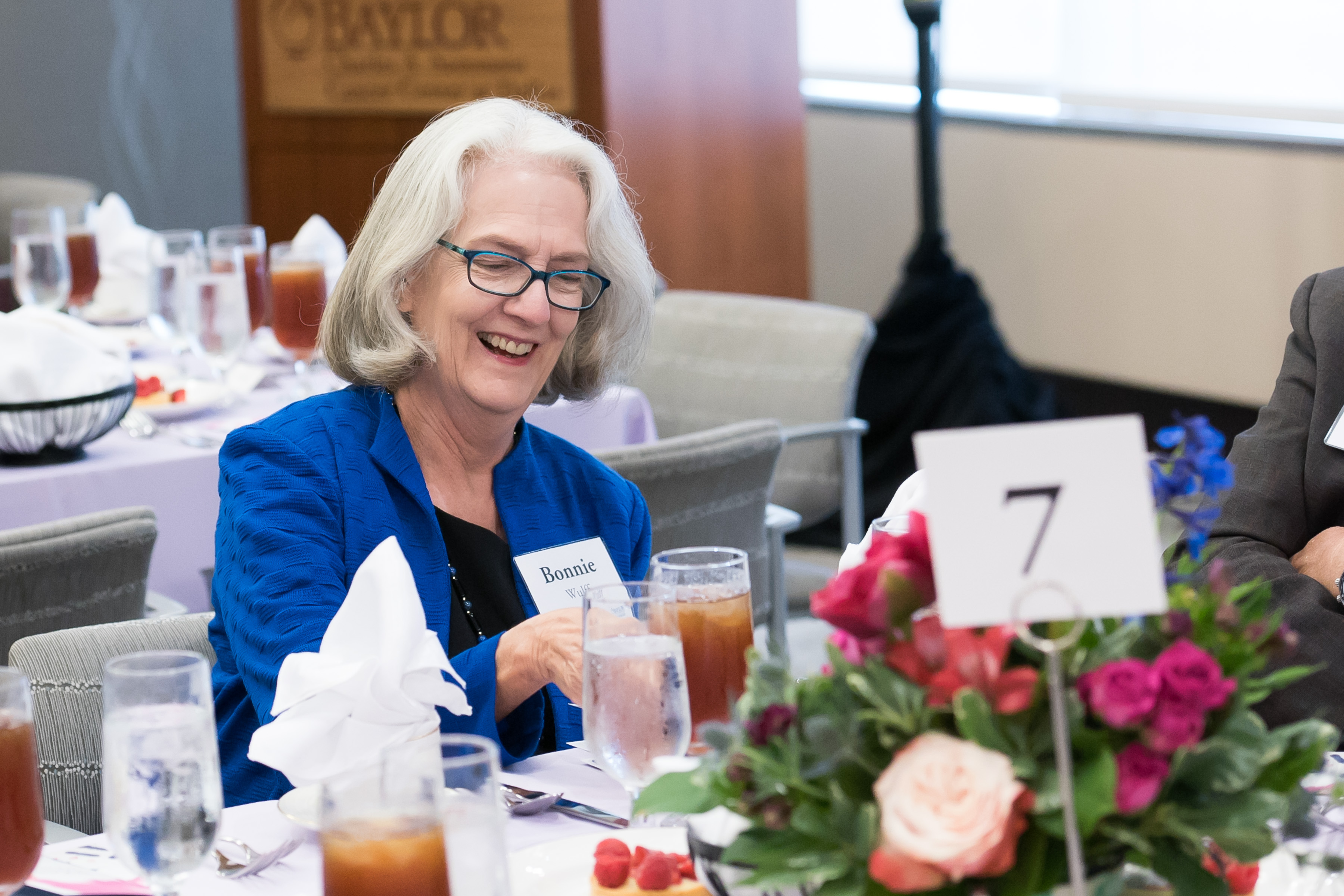 |
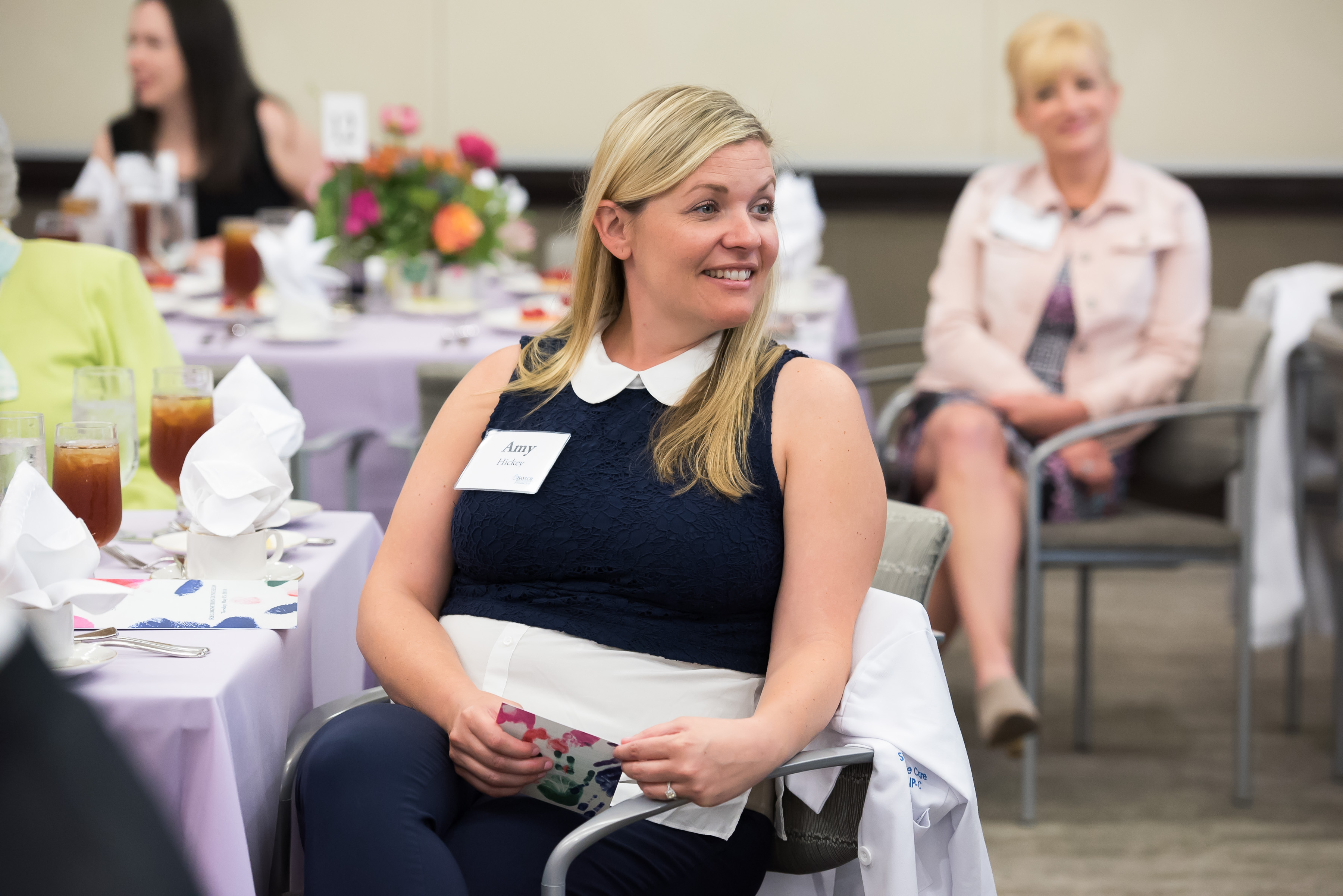 |
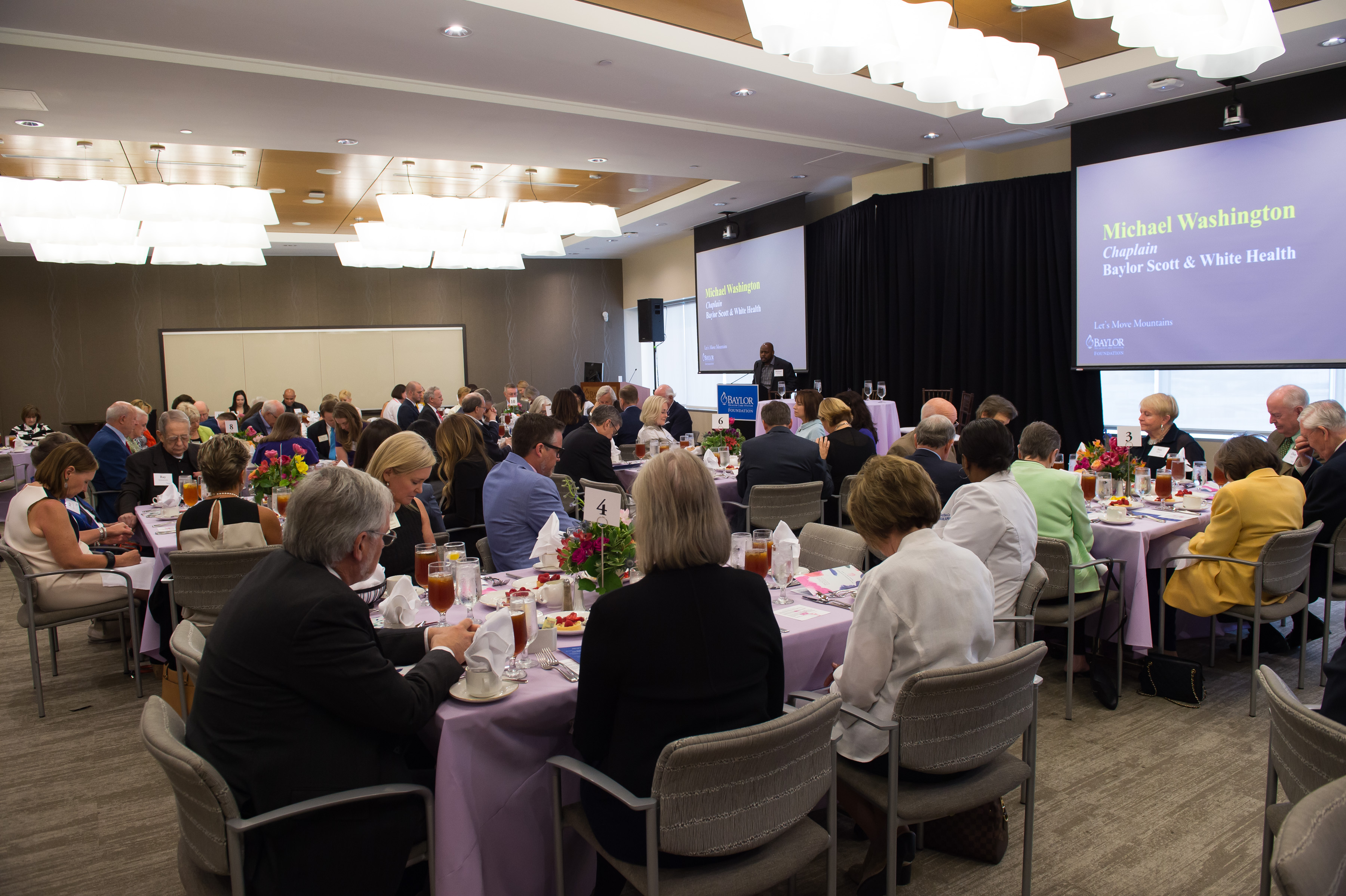 |
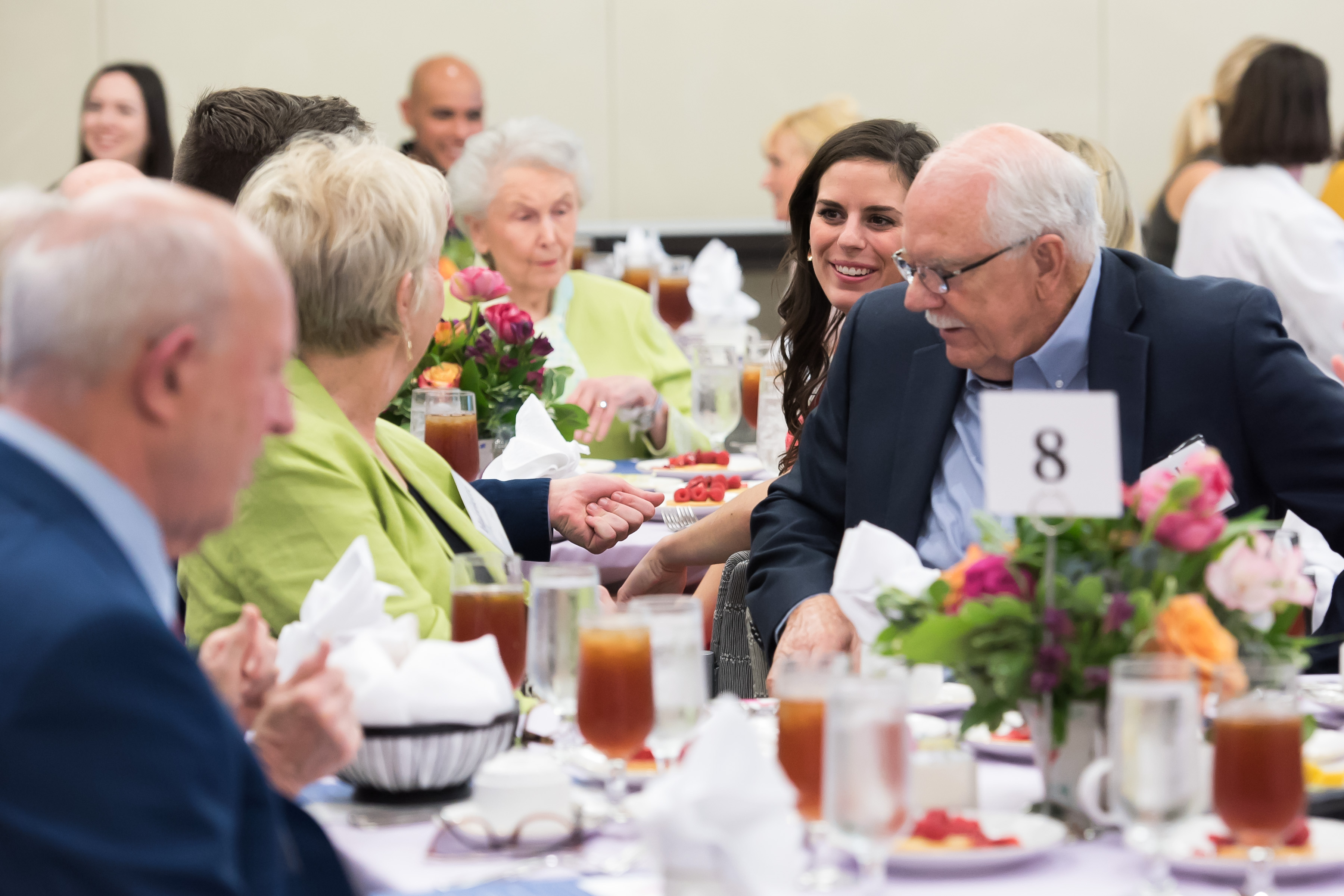 |
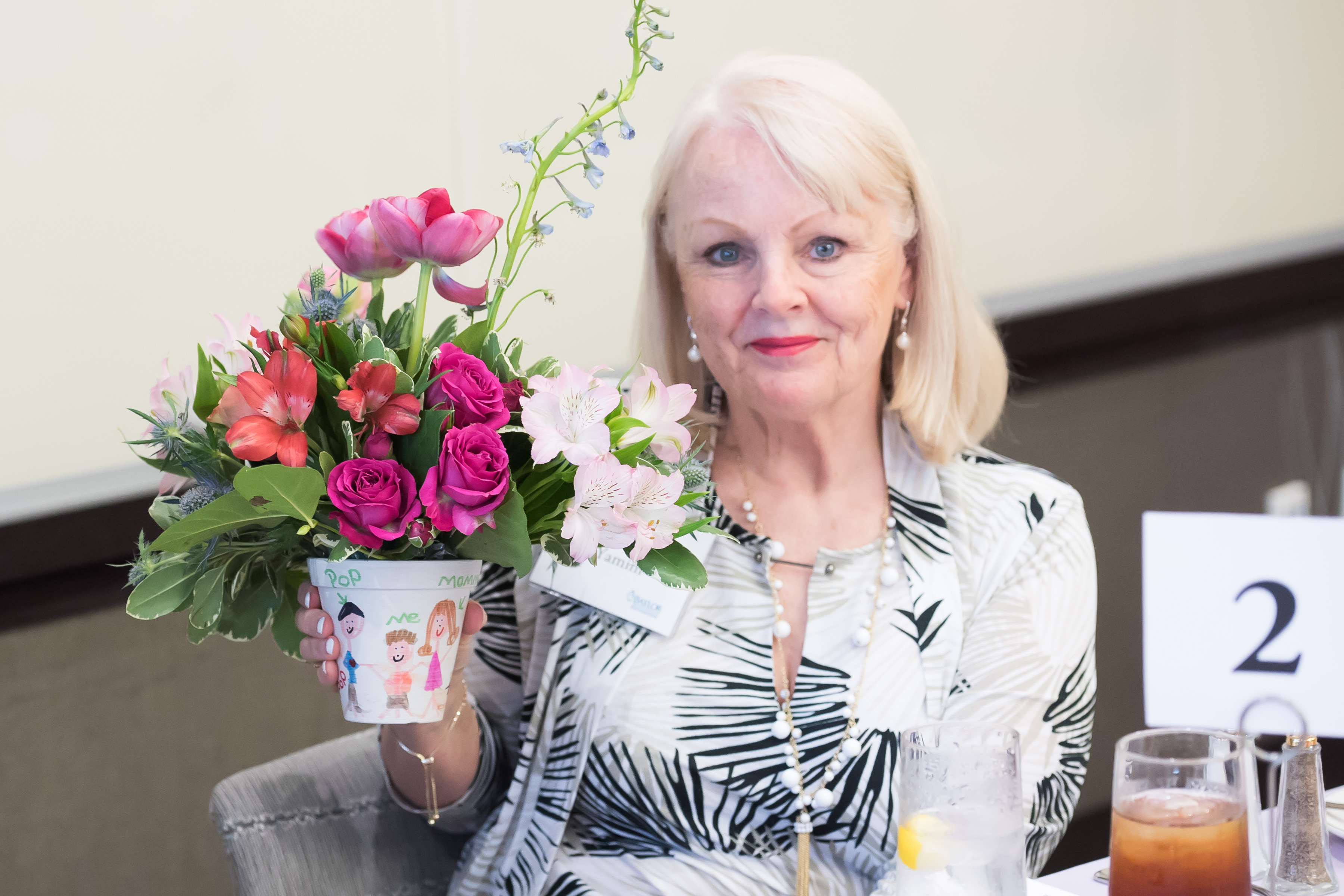 |
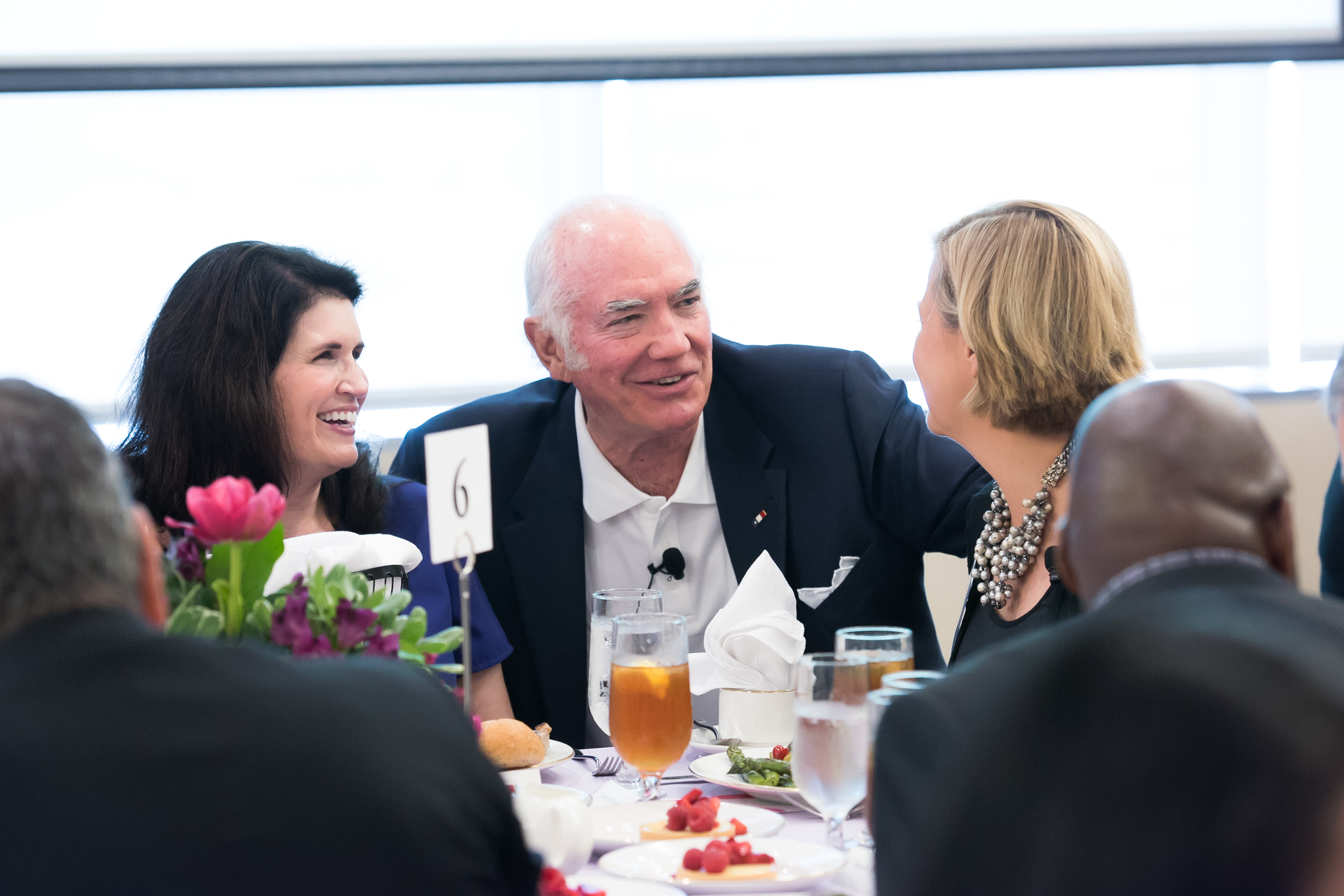 |
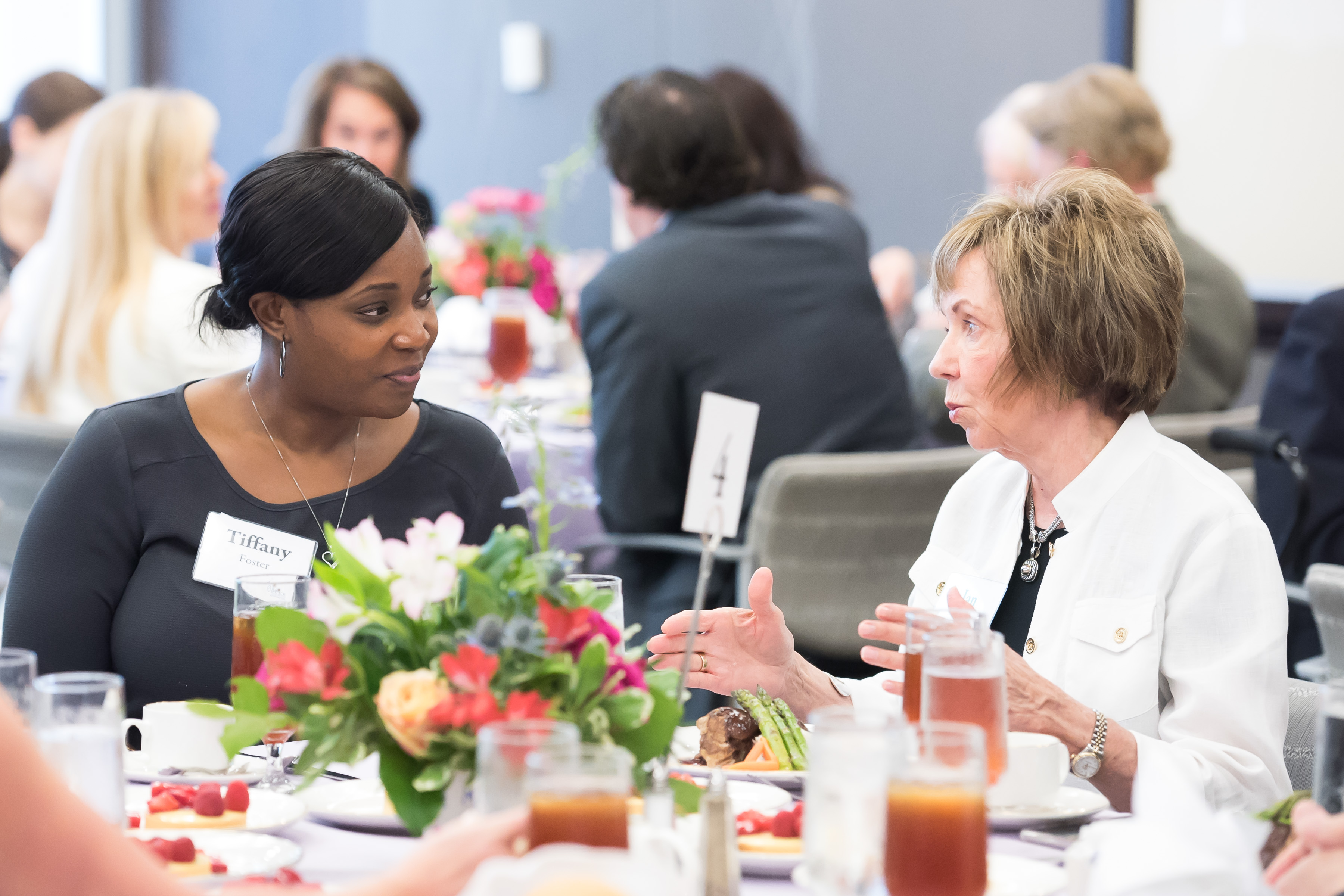 |
 |
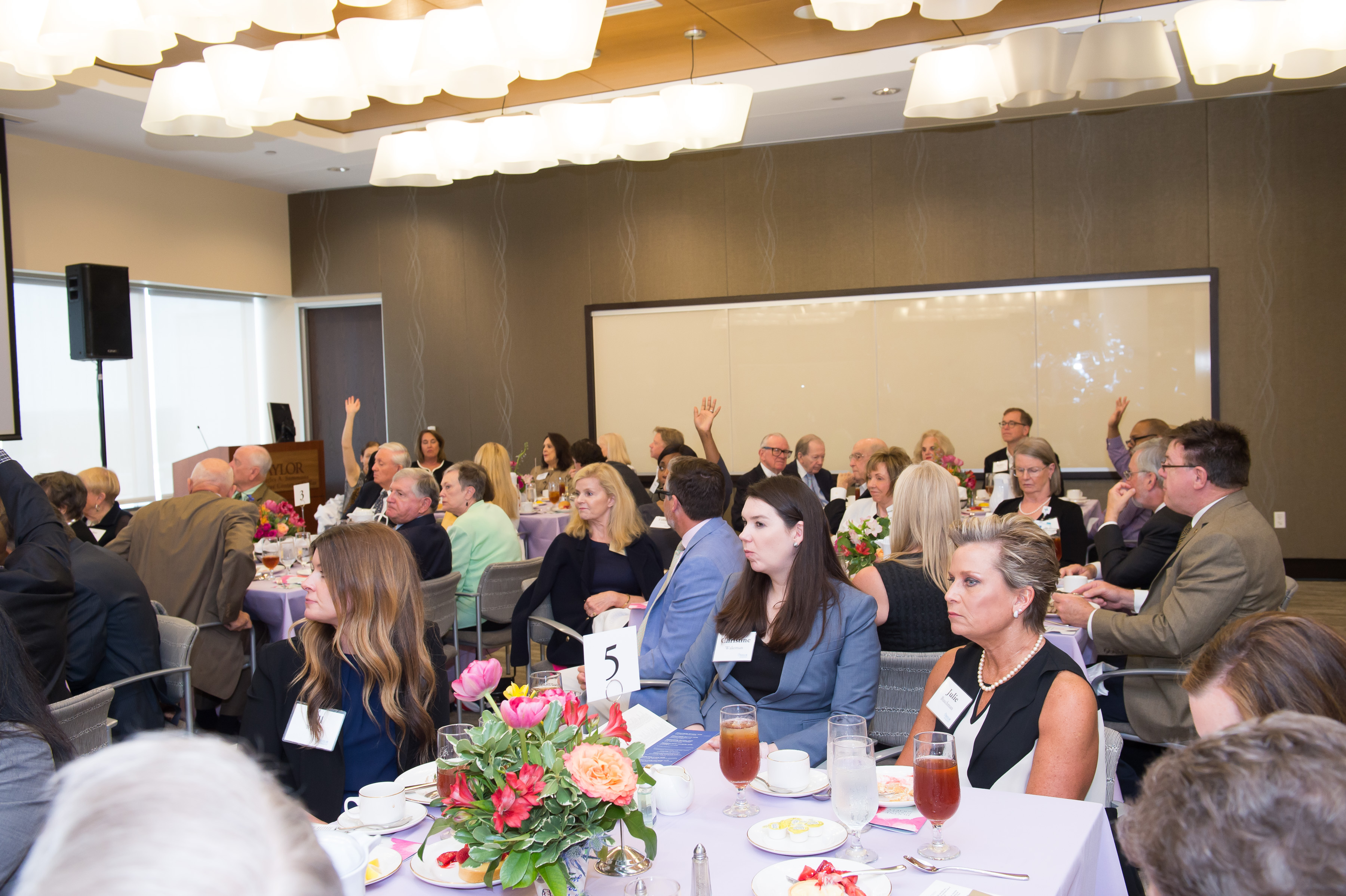 |
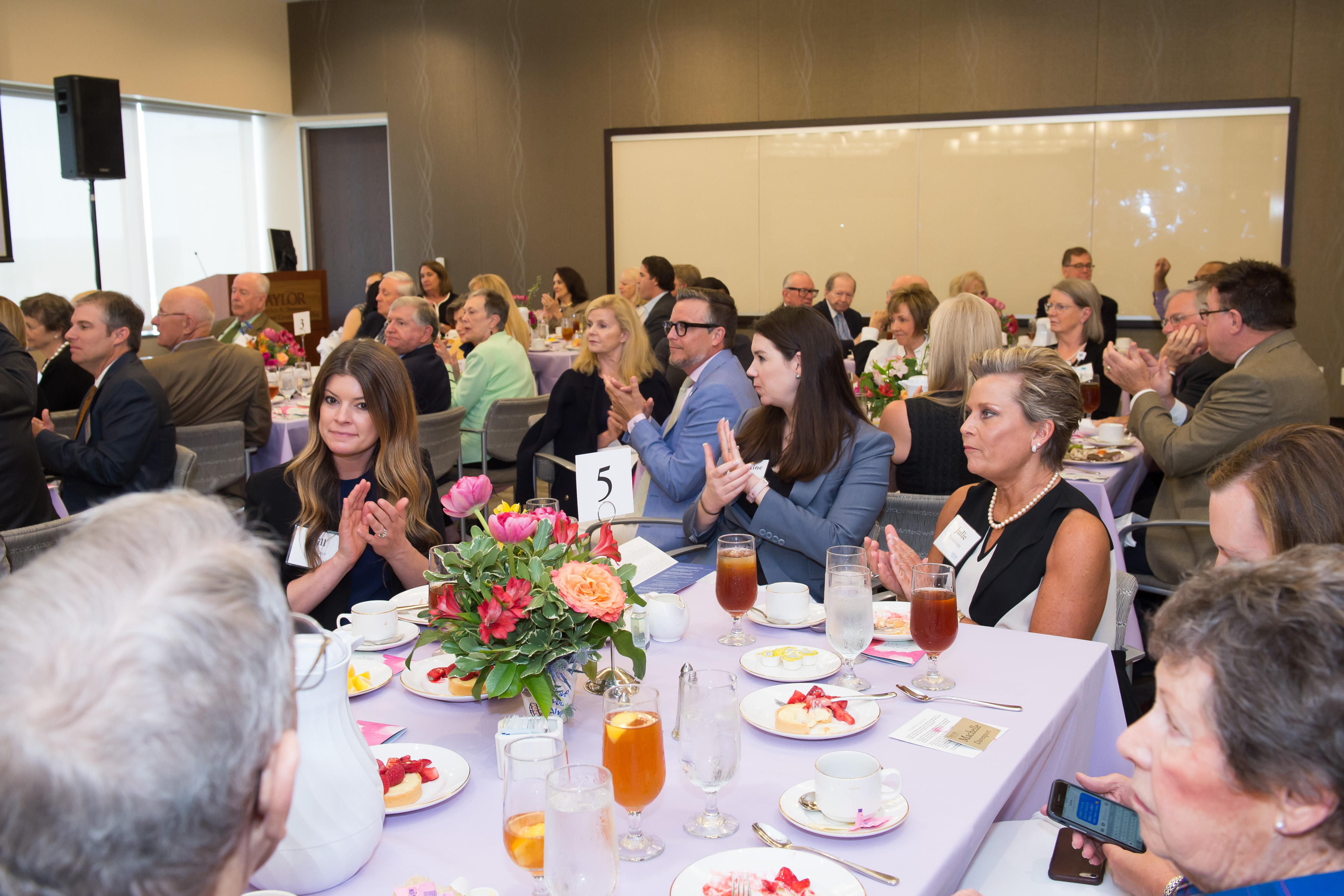 |
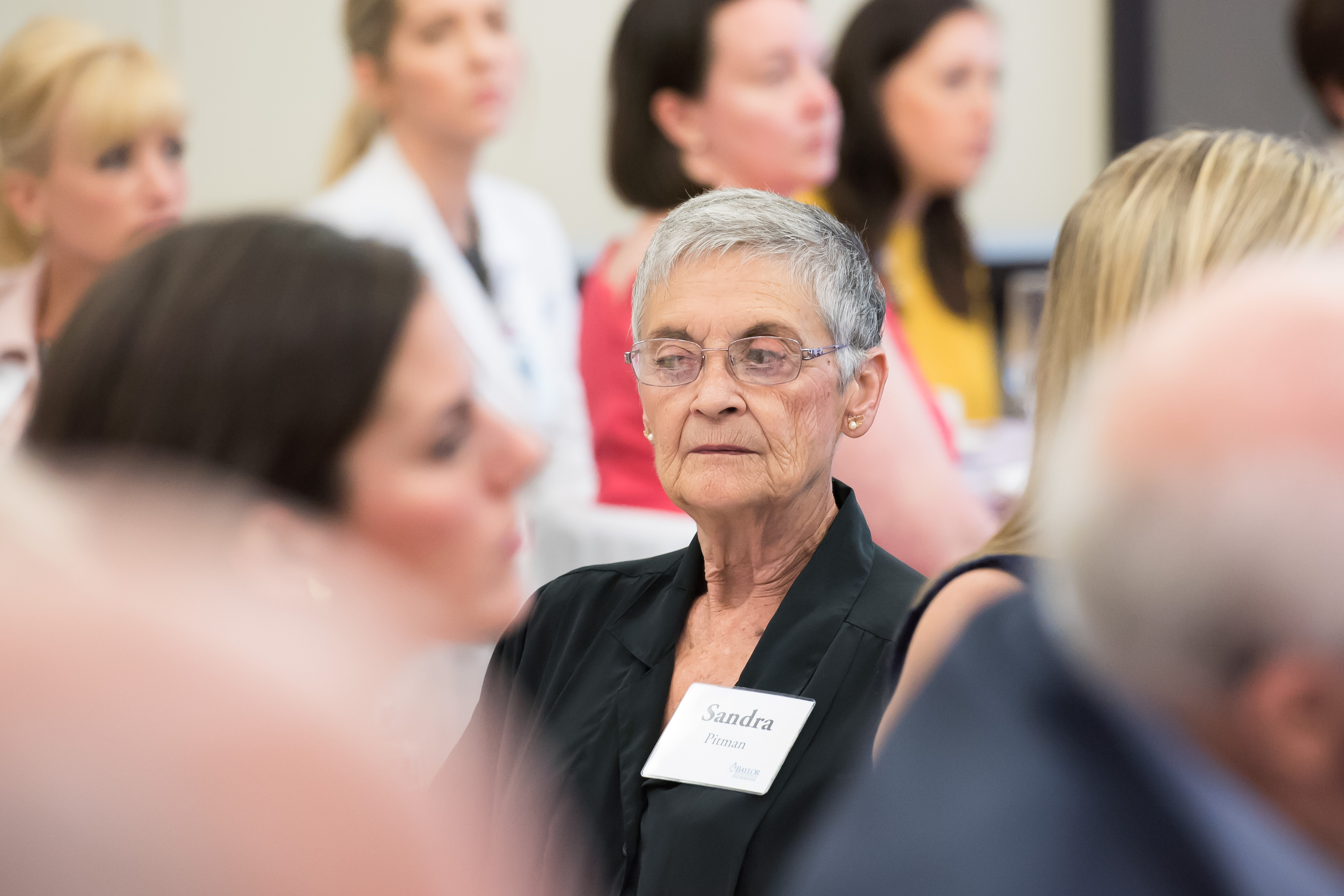 |
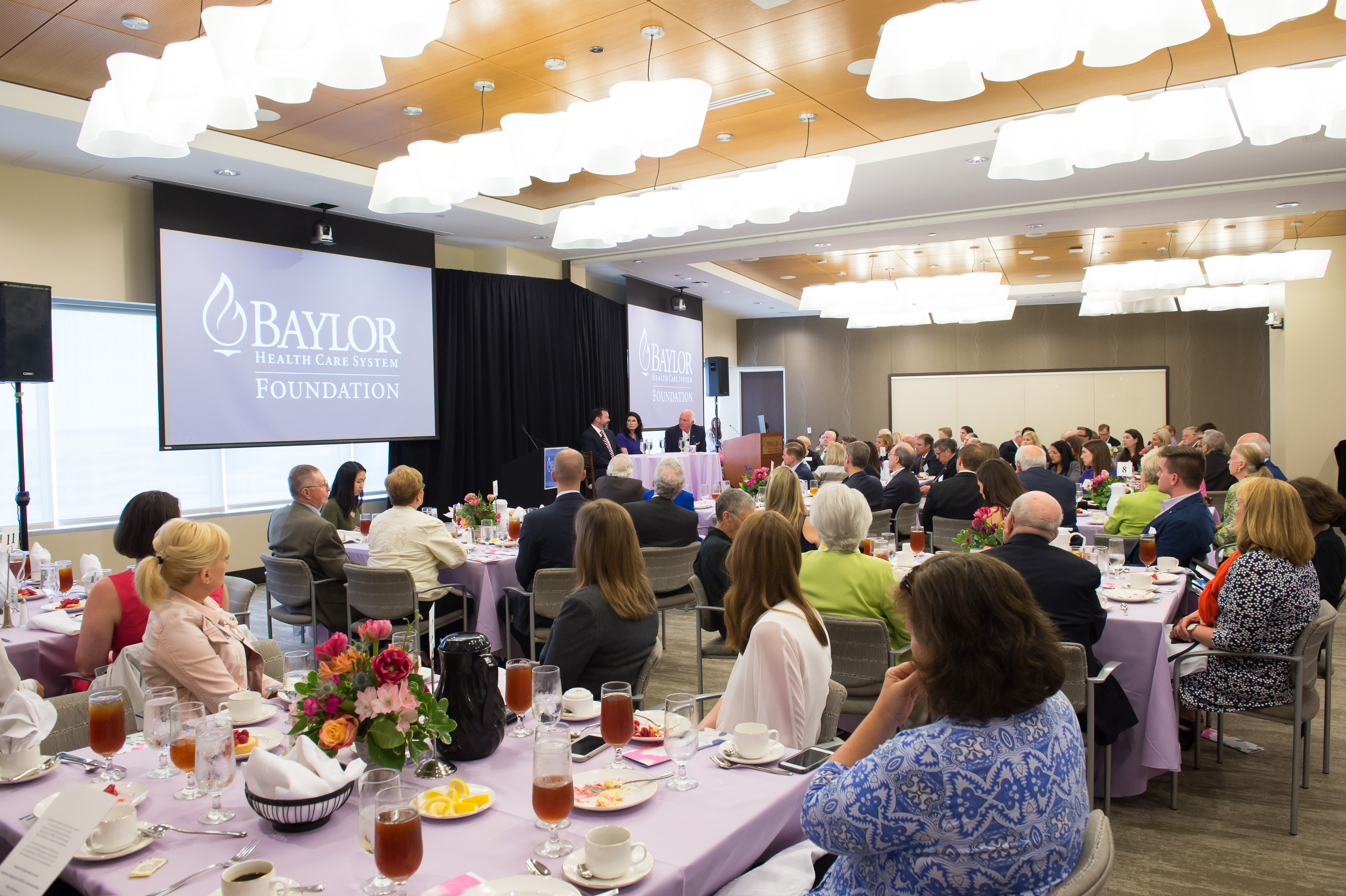 |
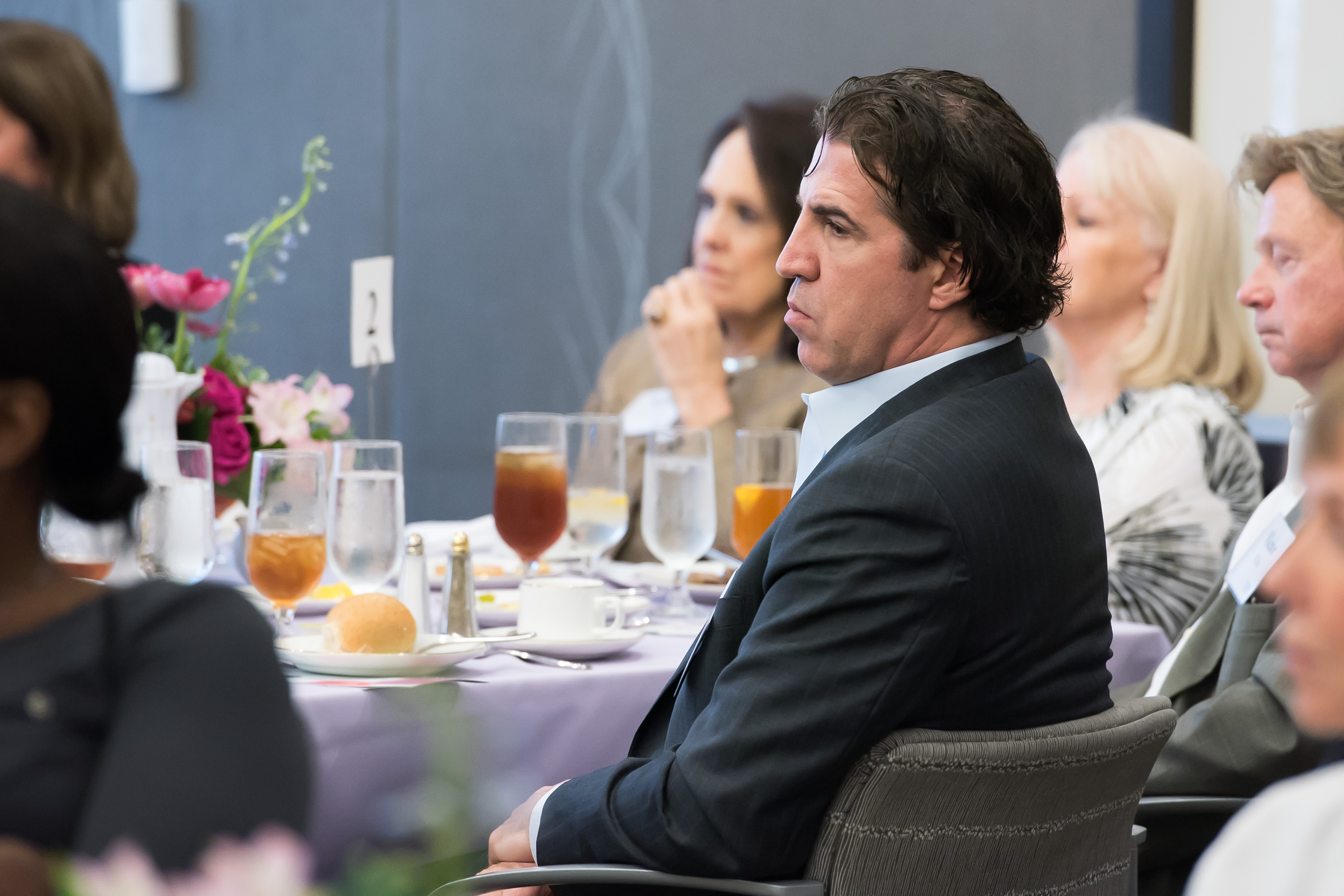 |
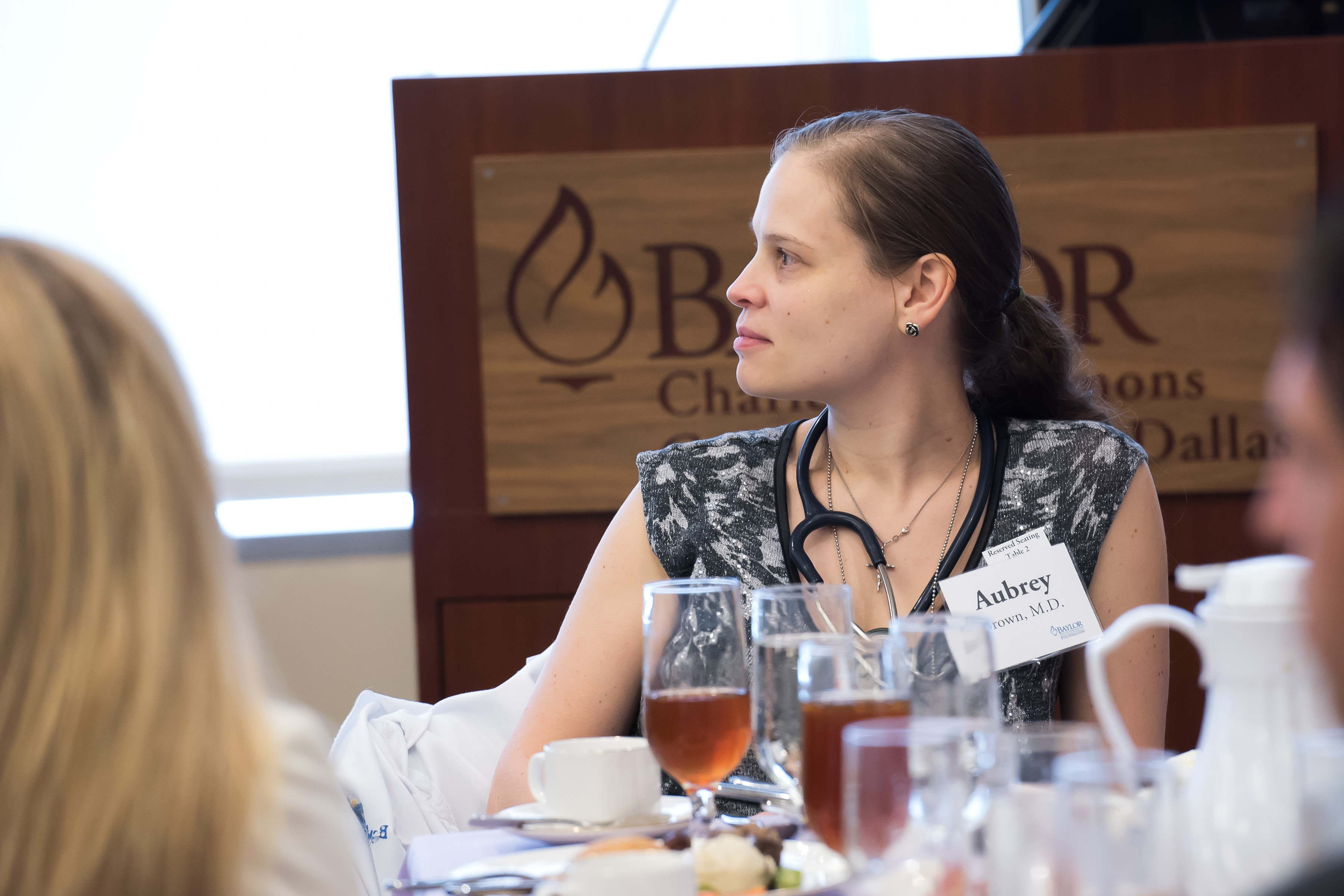 |
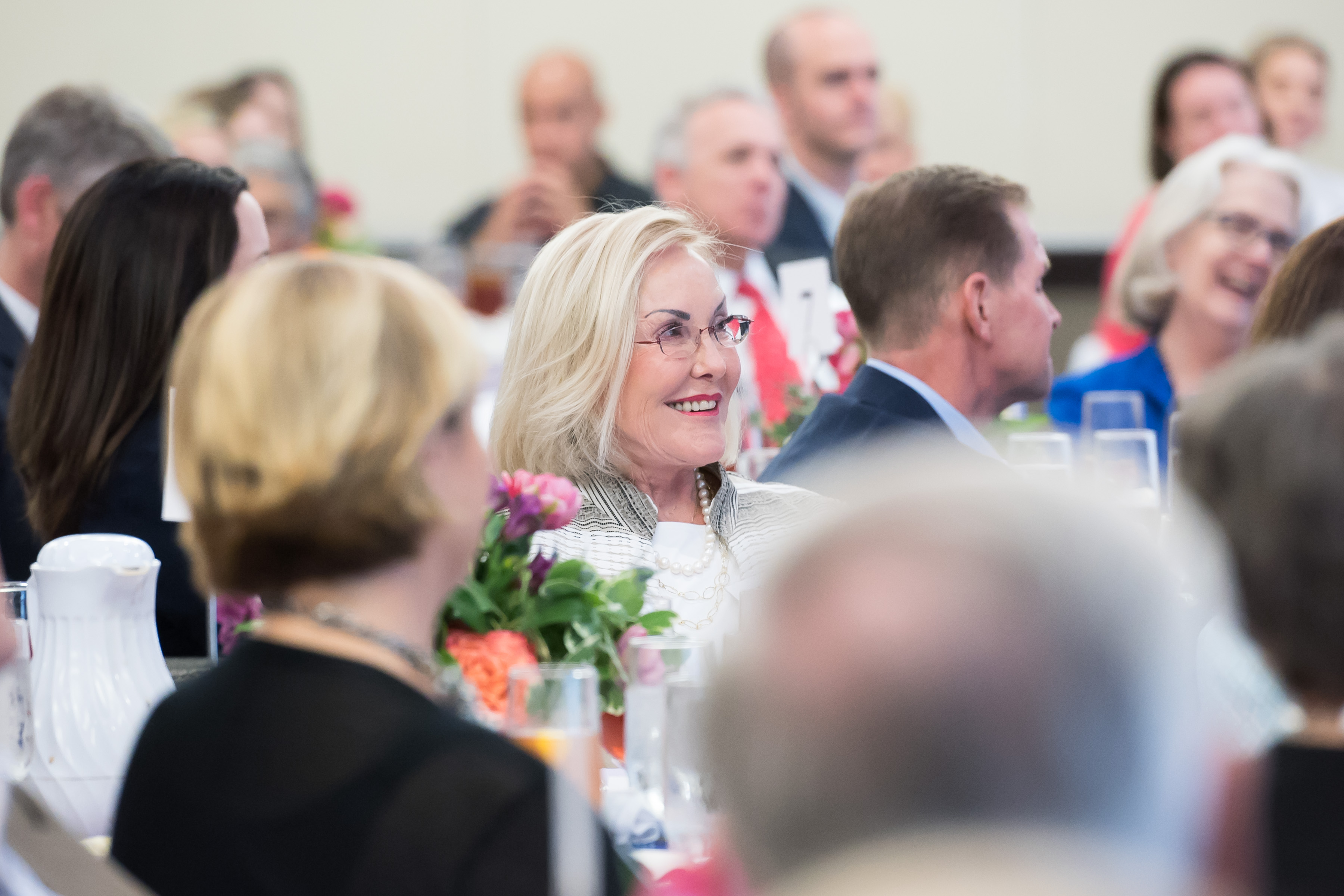 |
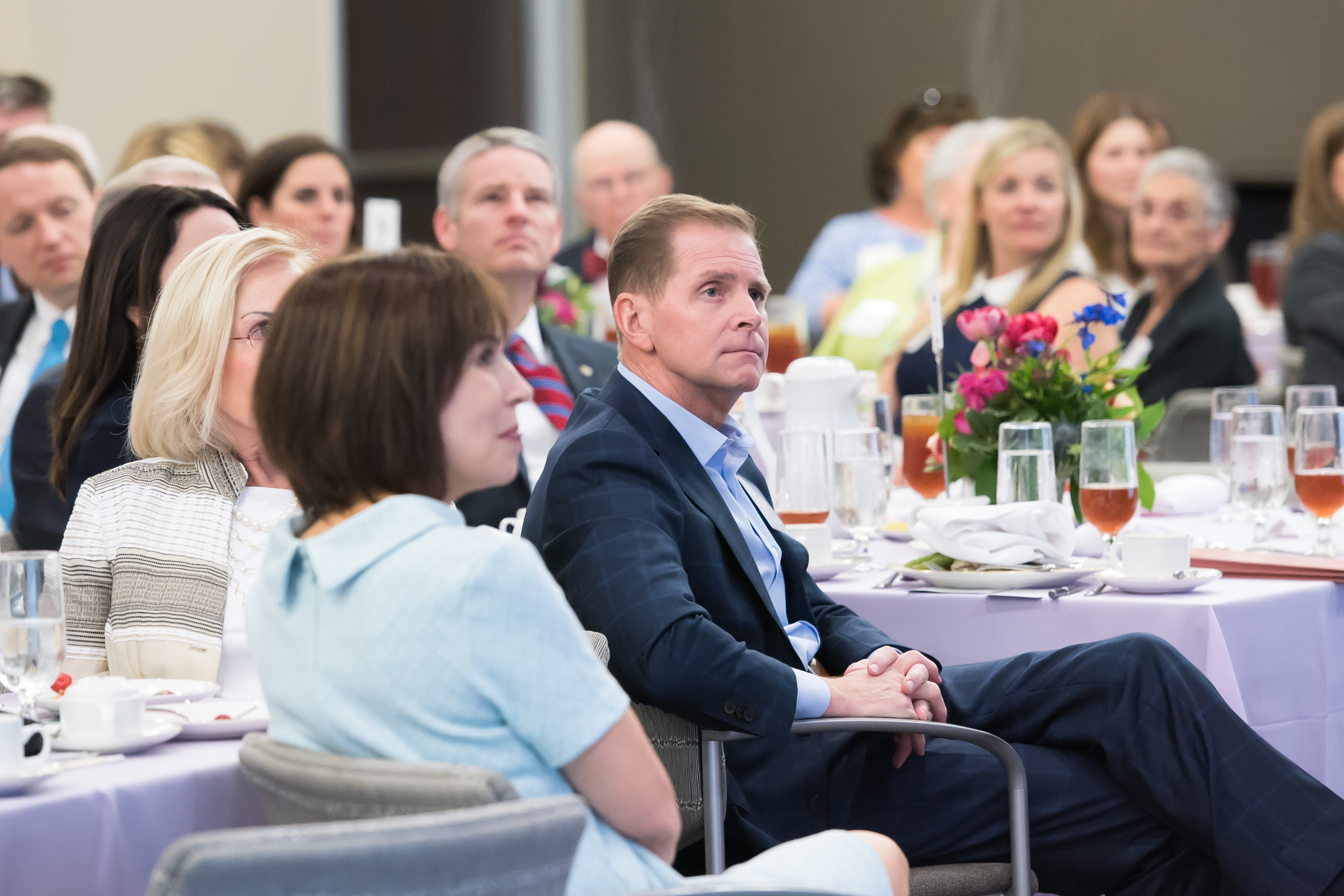 |
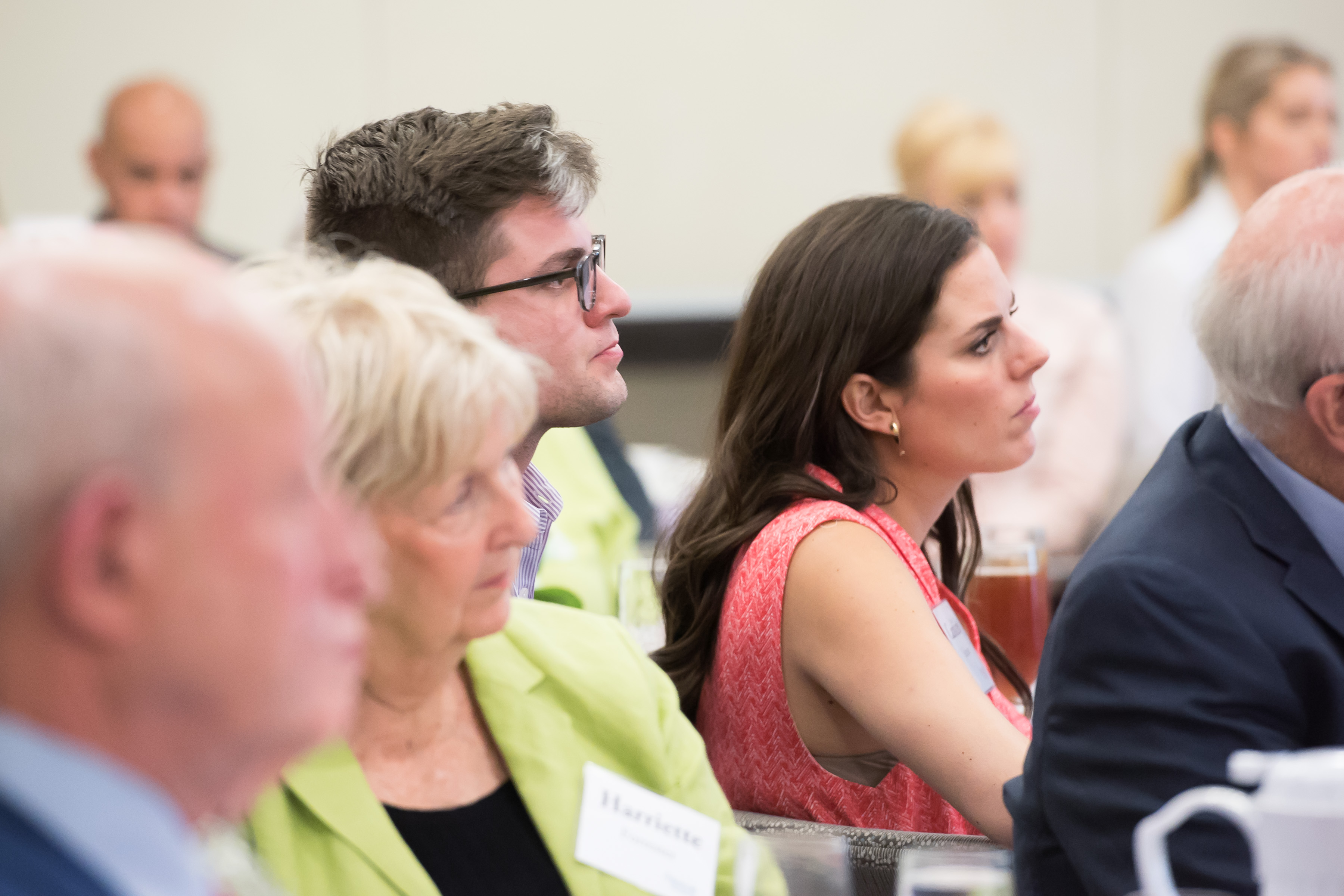 |
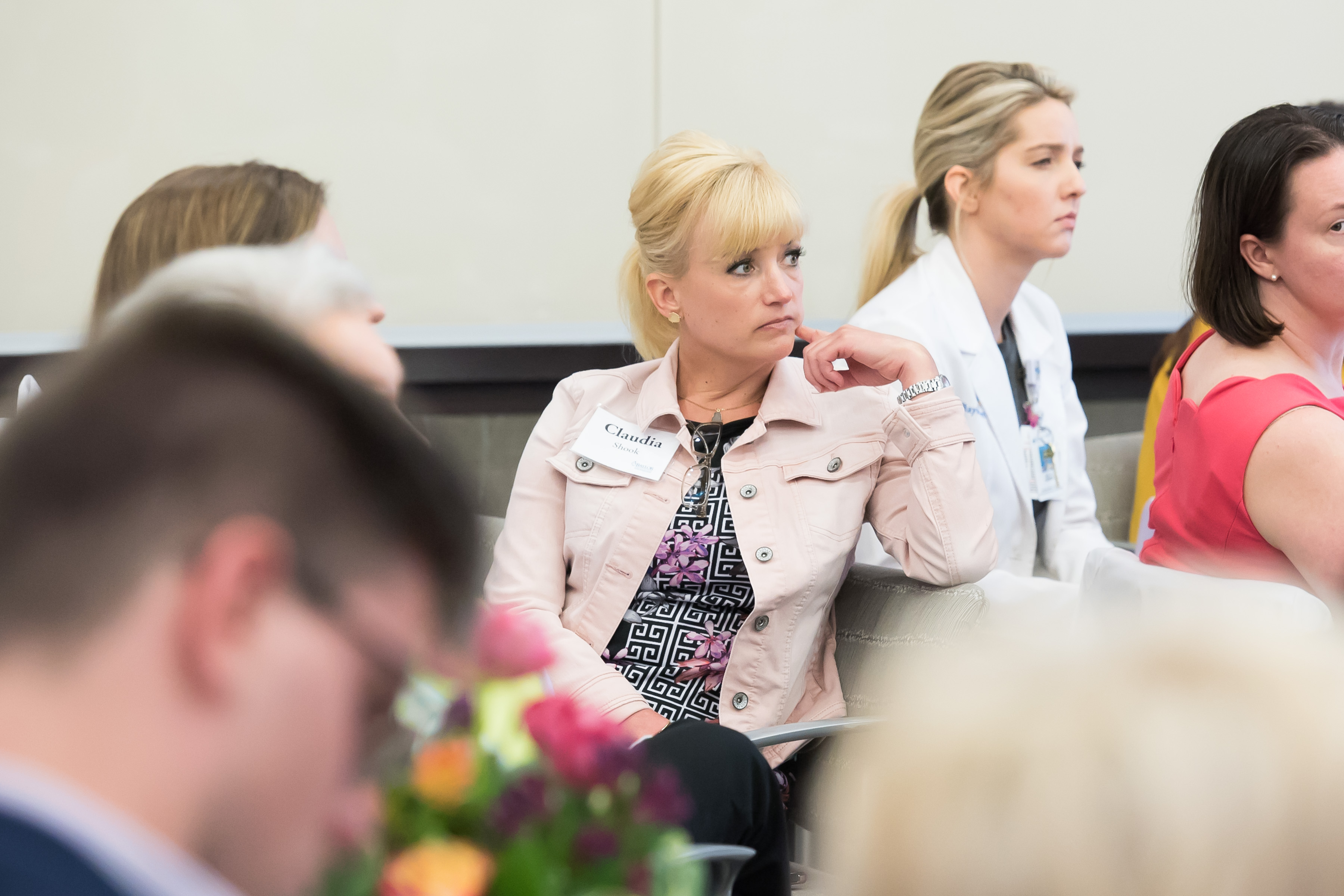 |
 |
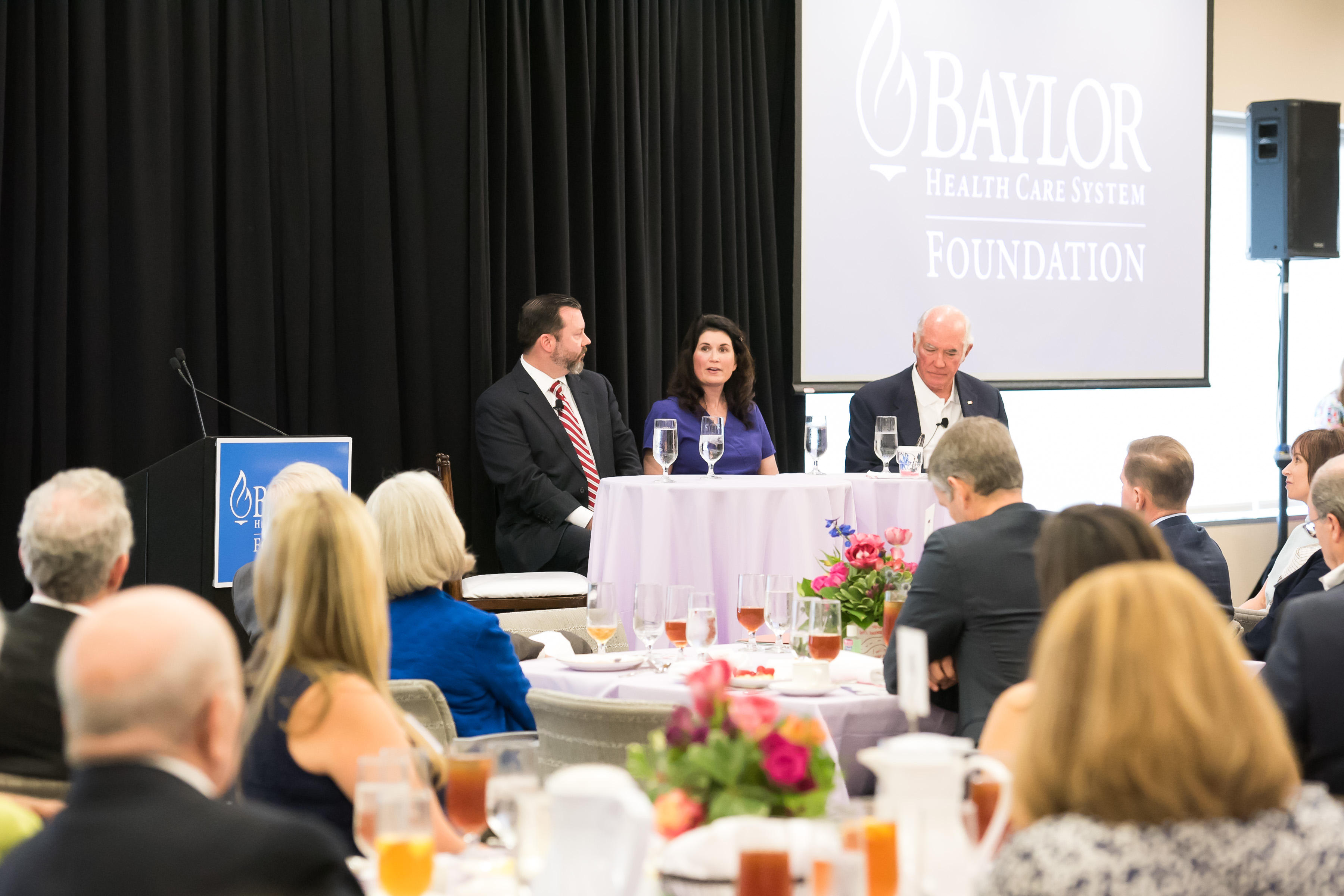 |
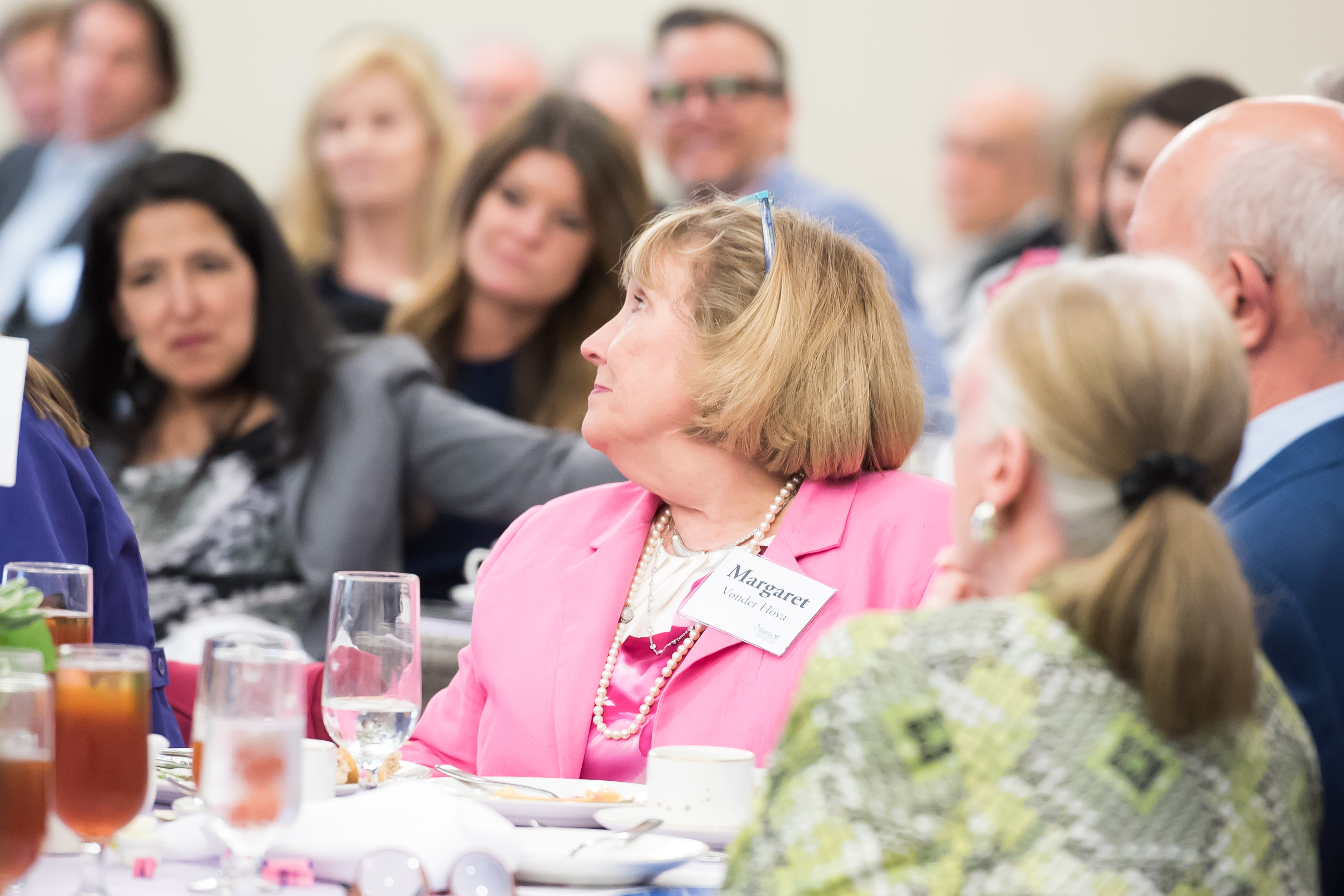 |
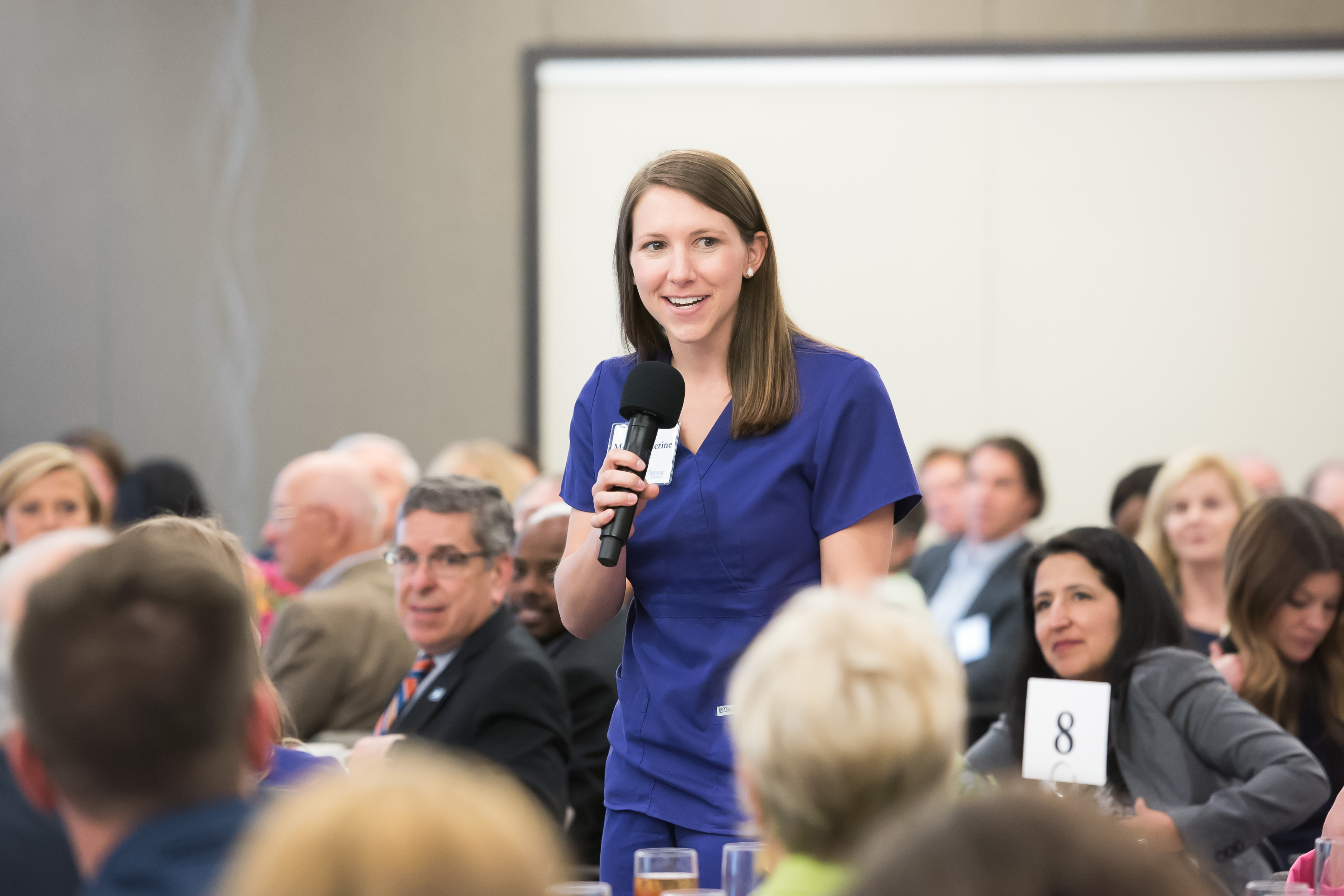 |
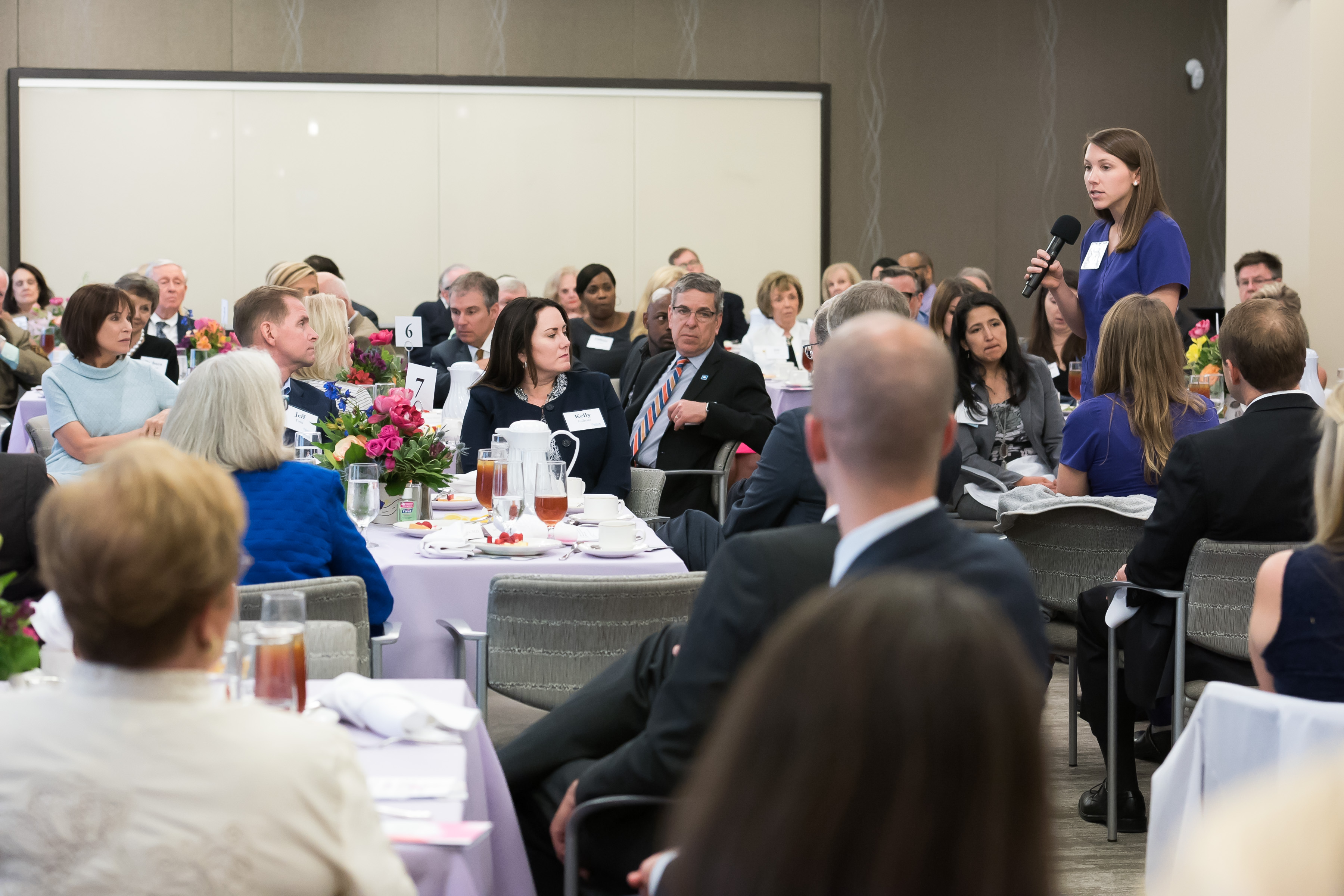 |
 |
 |
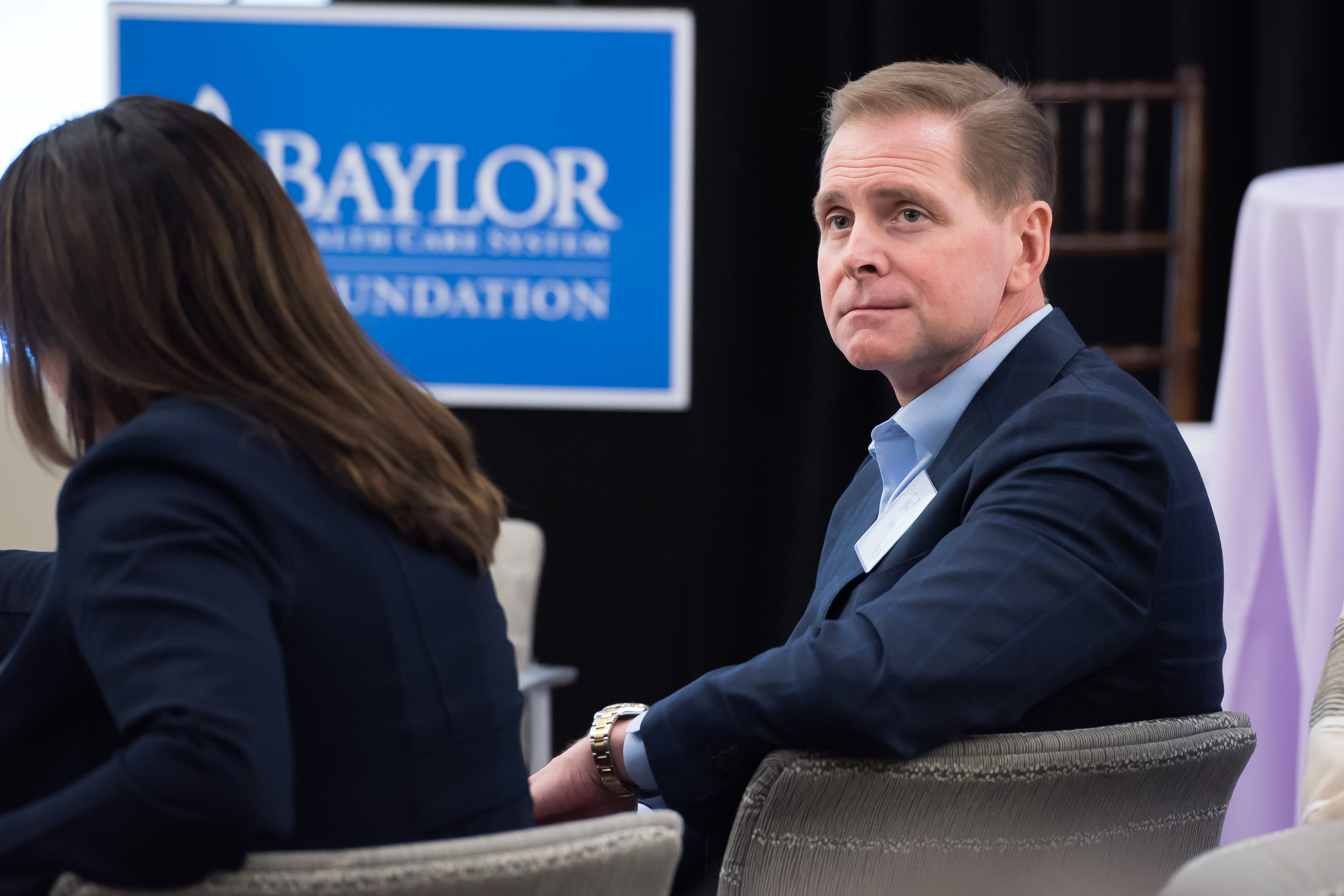 |
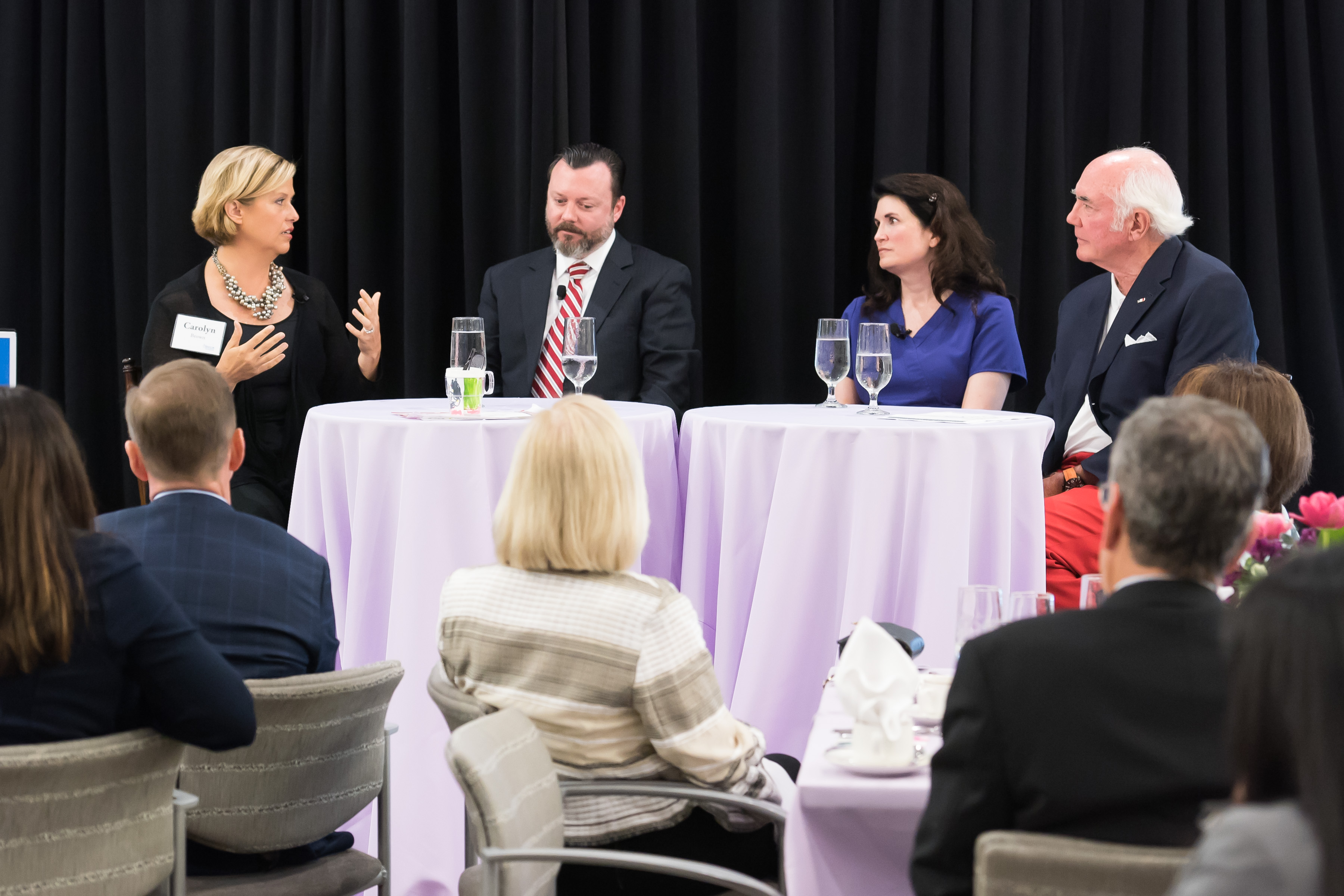 |
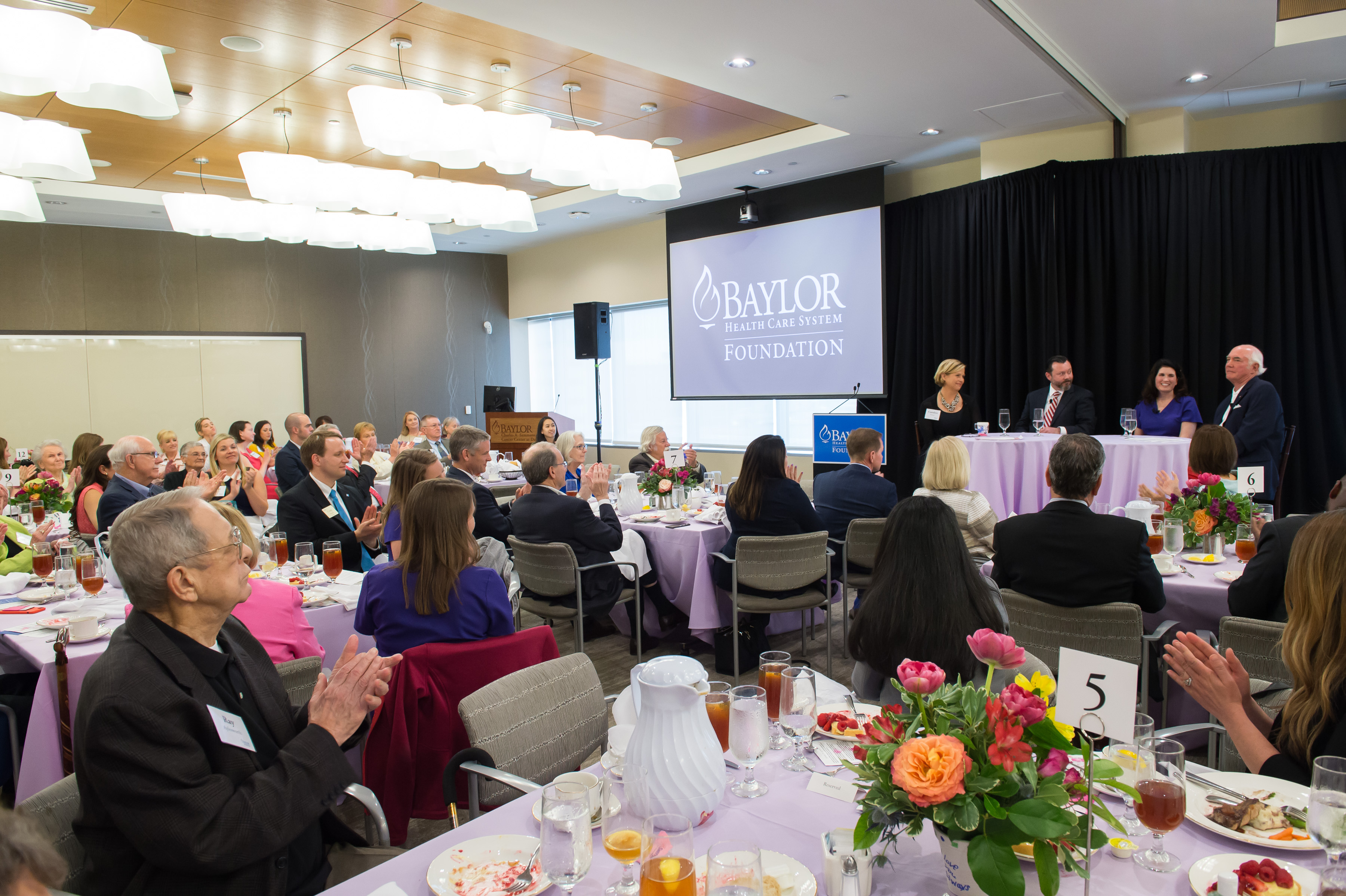 |
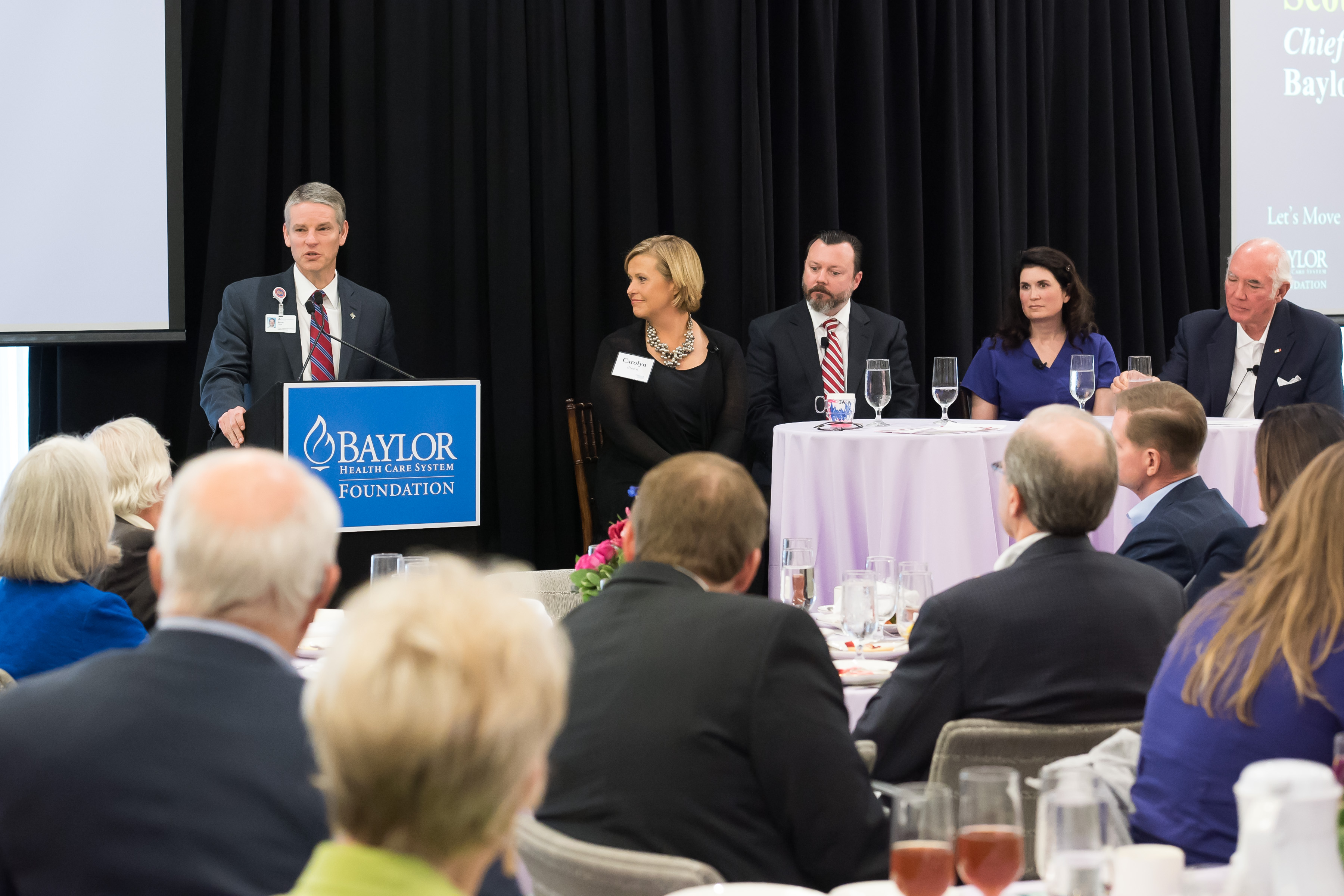 |
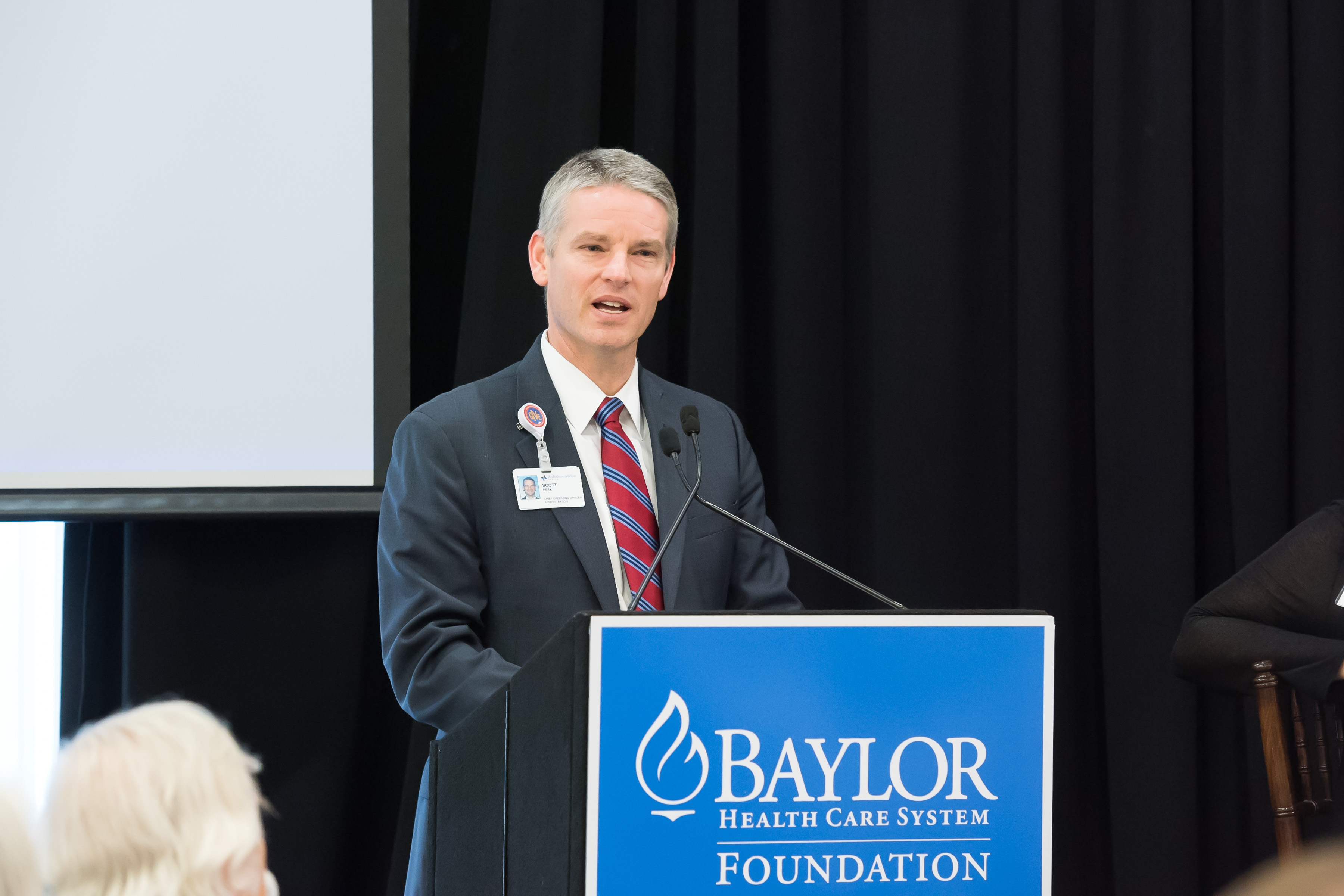 |
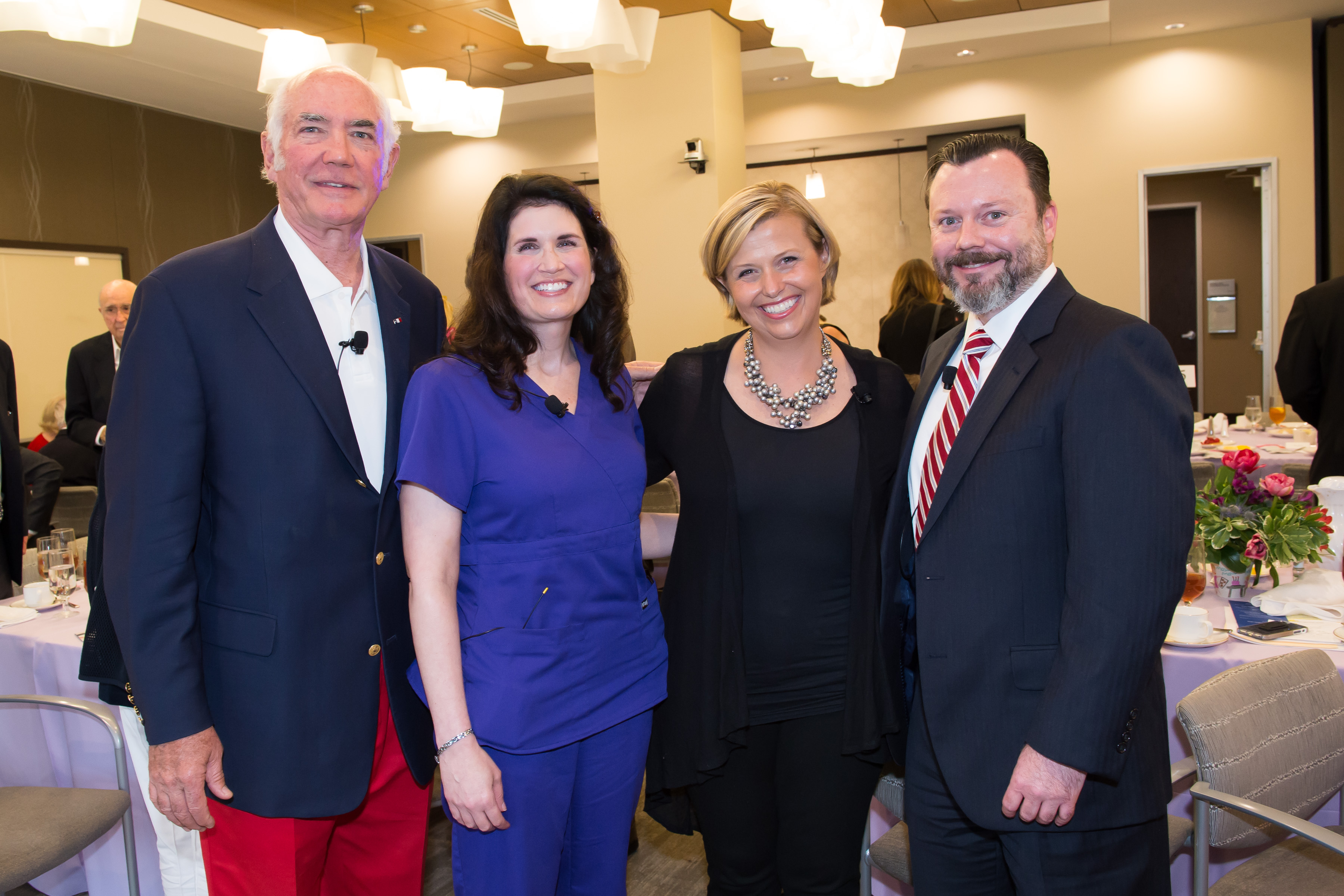 |
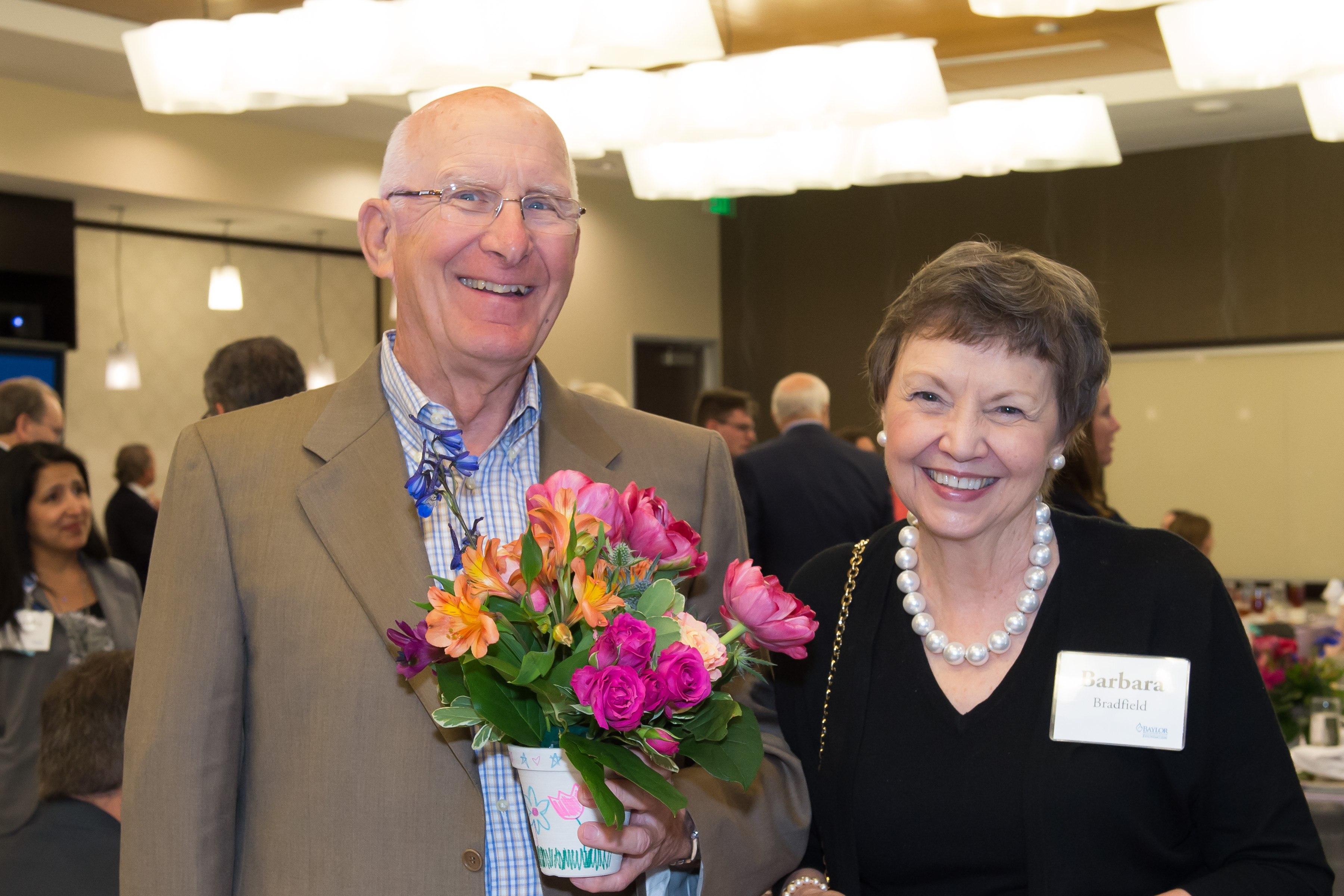 |
 |
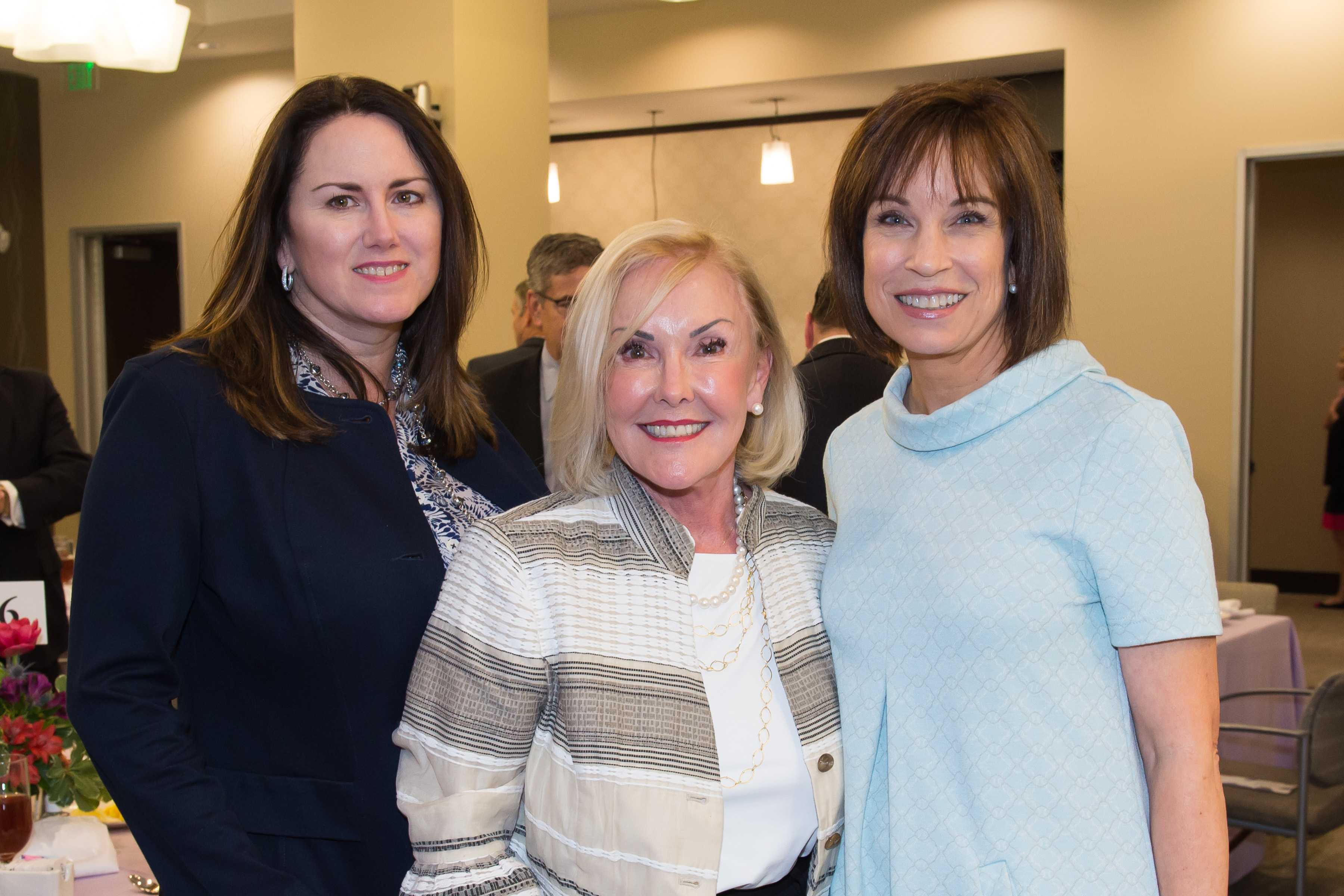 |
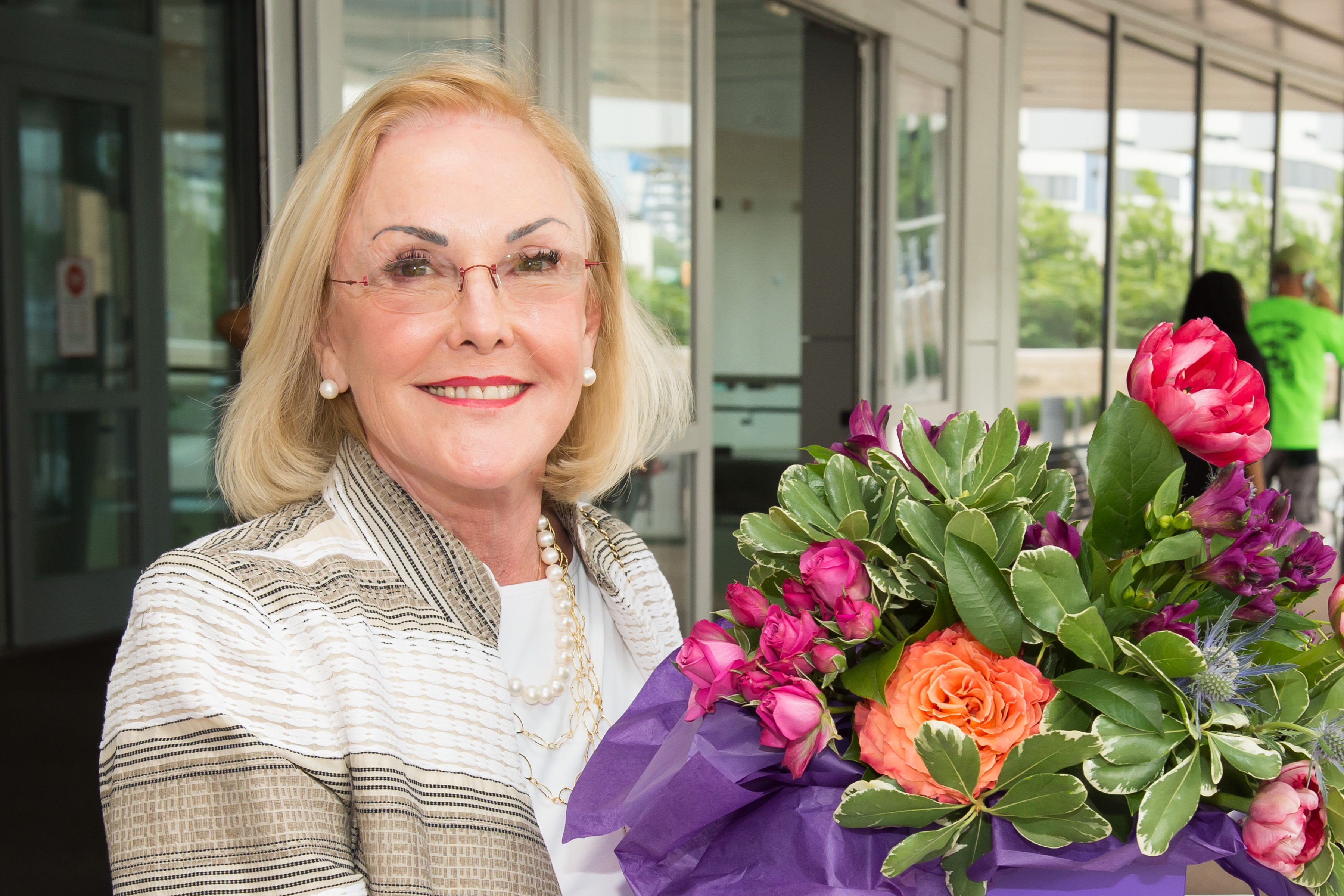 |
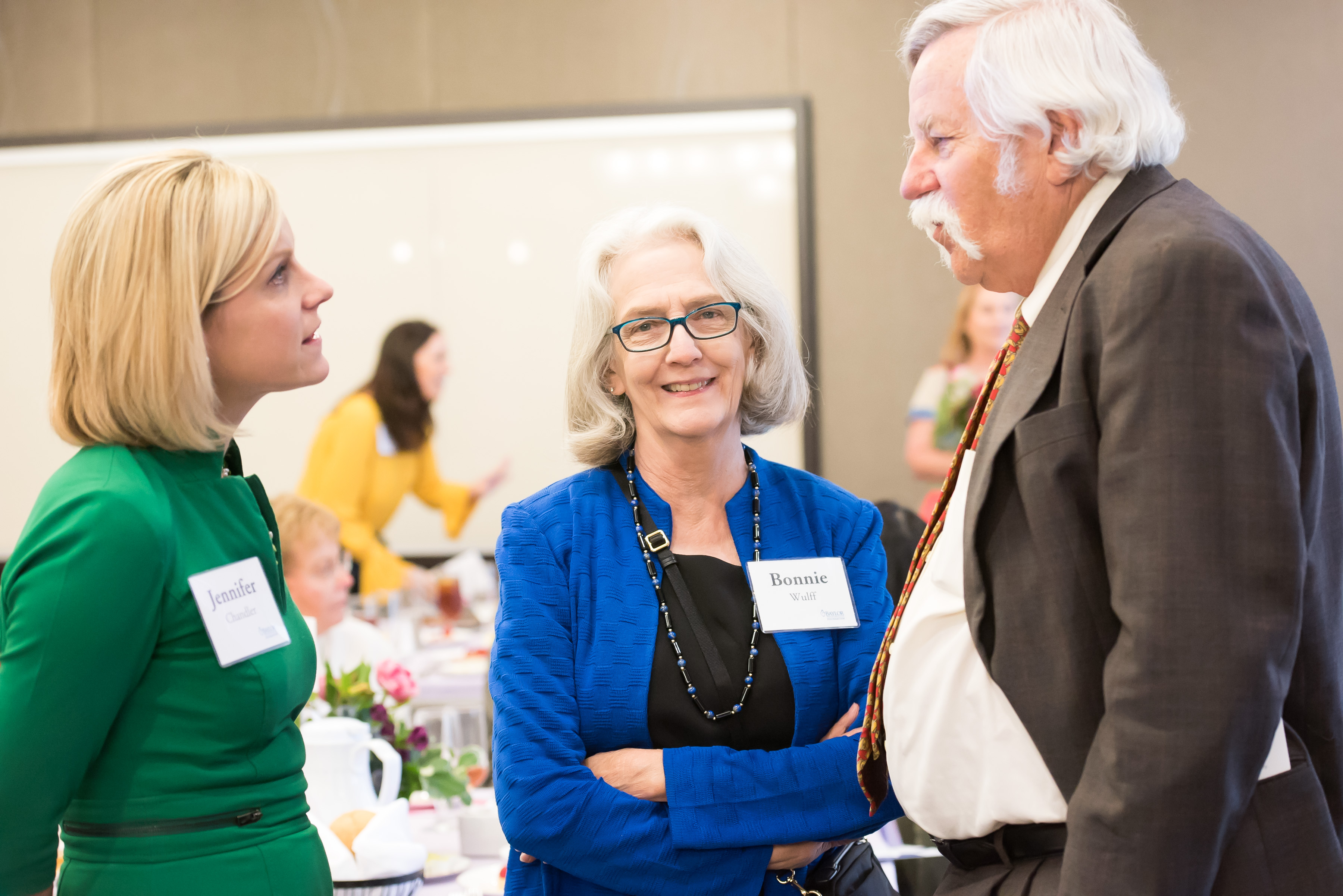 |
 |
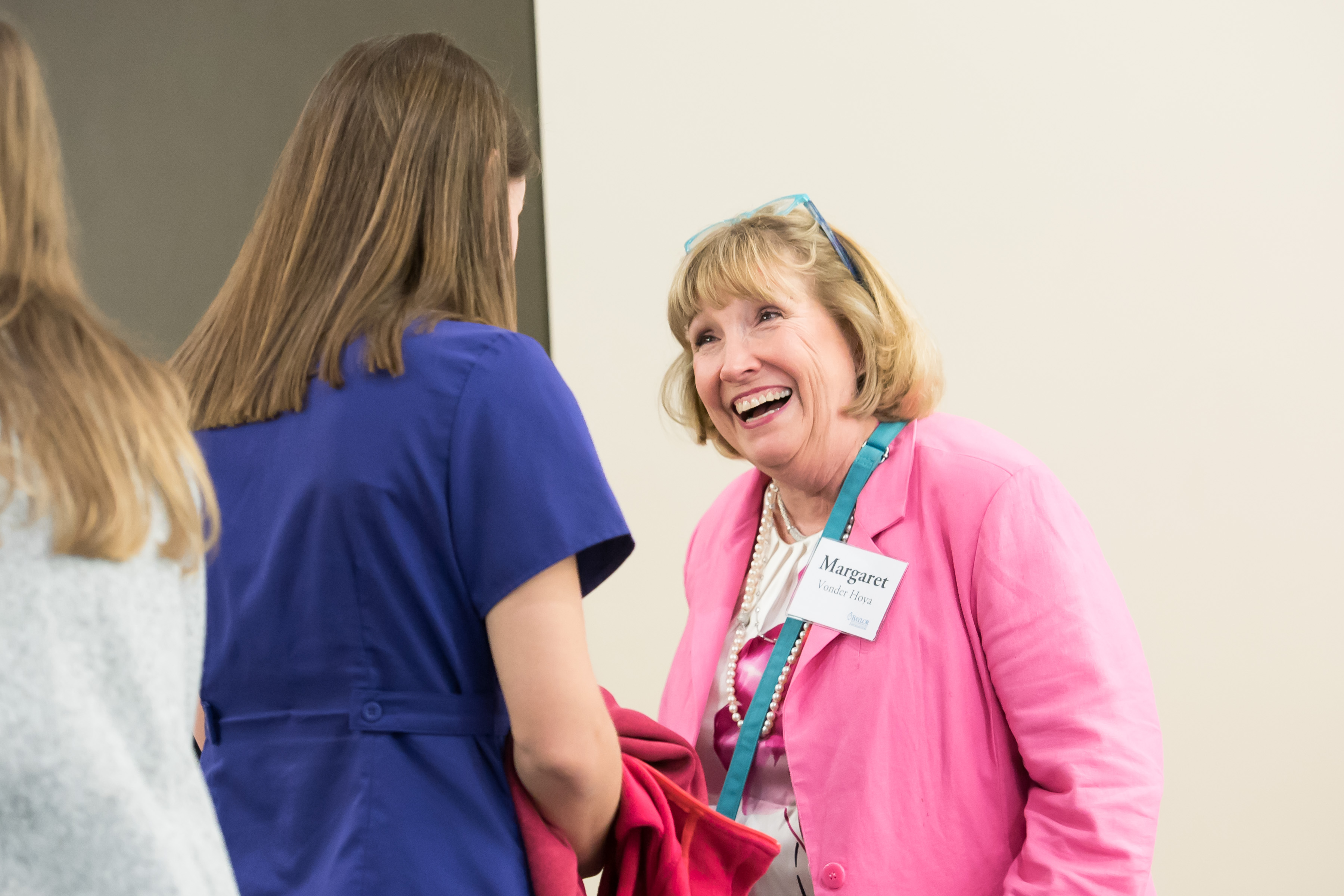 |
 |
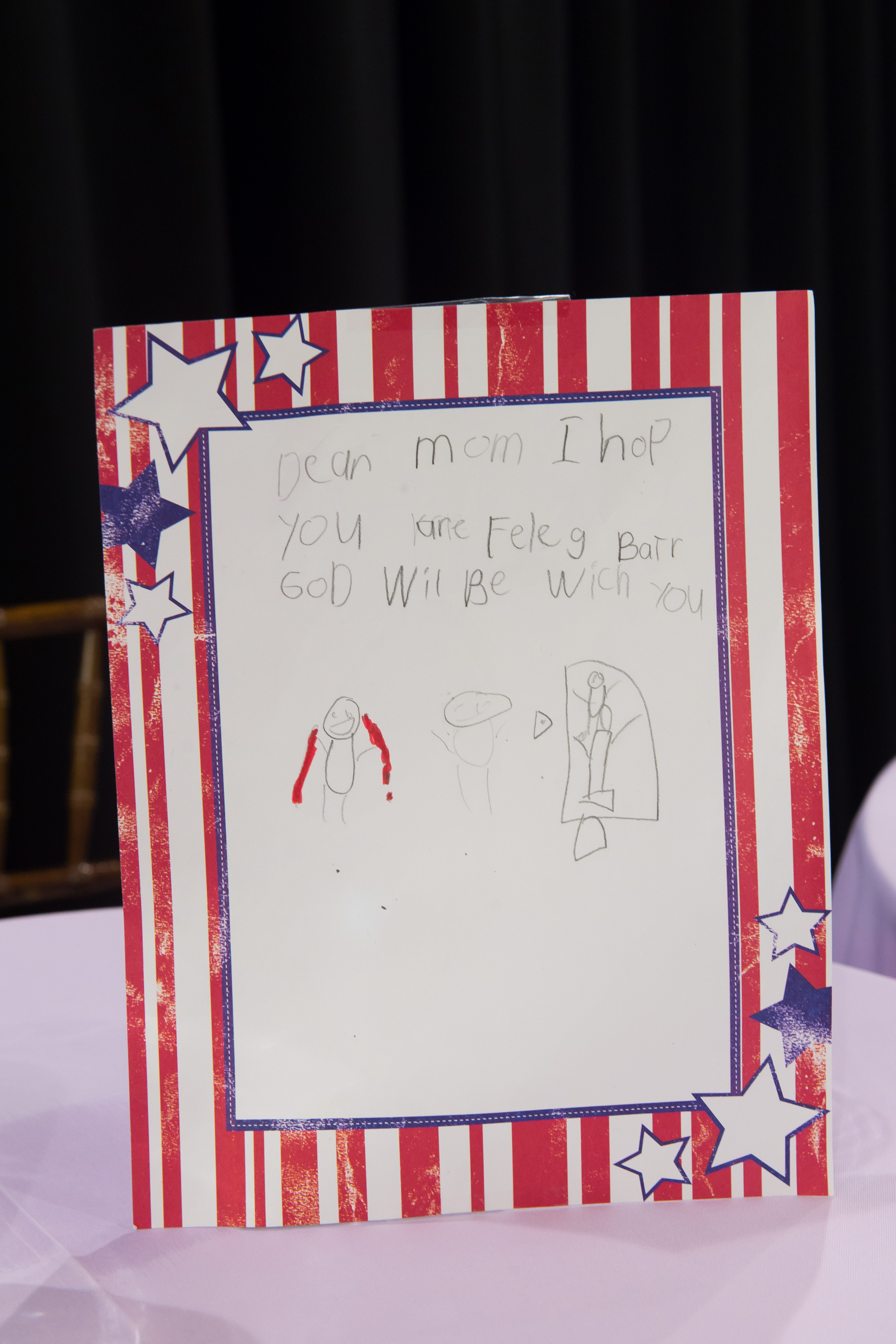 |
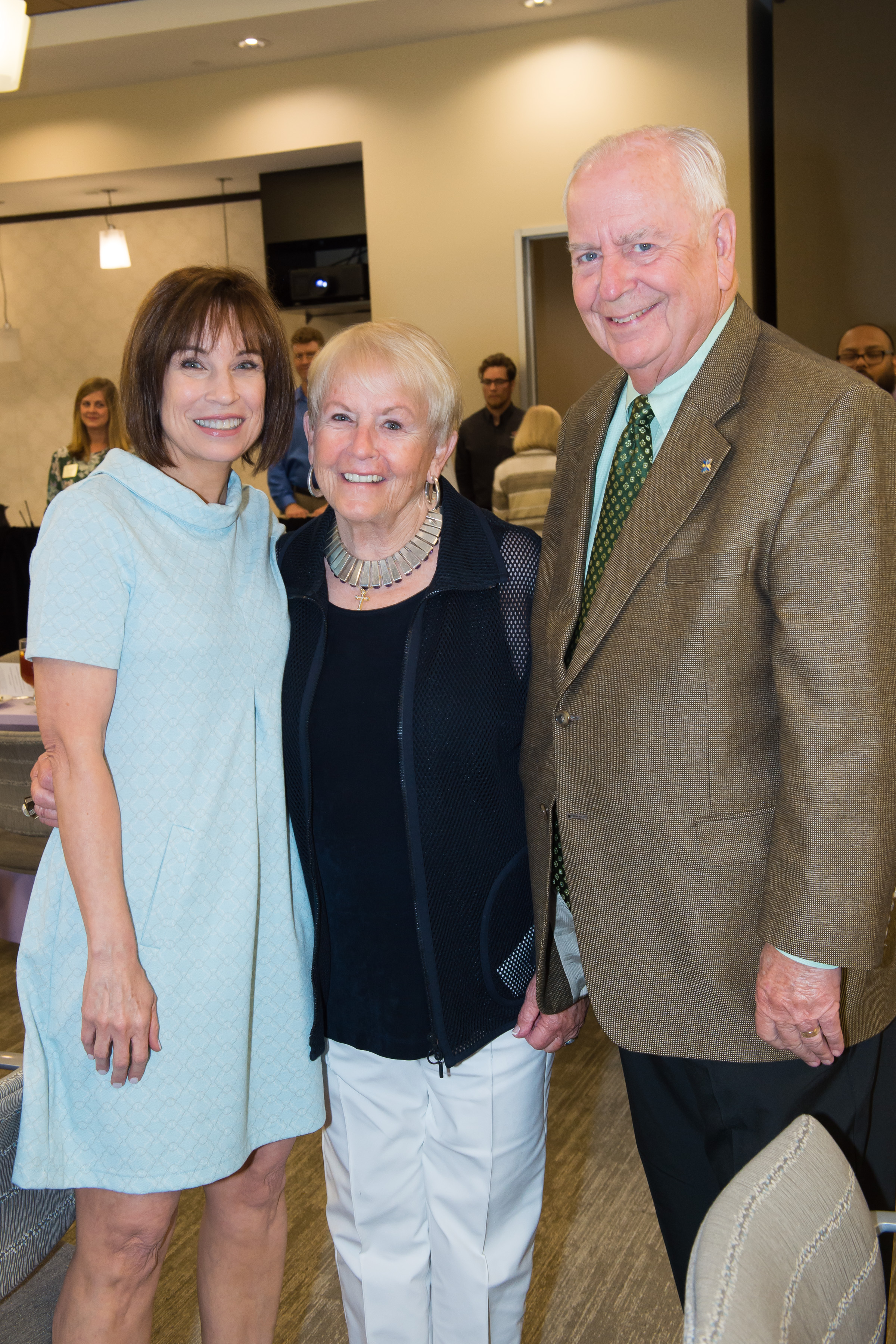 |
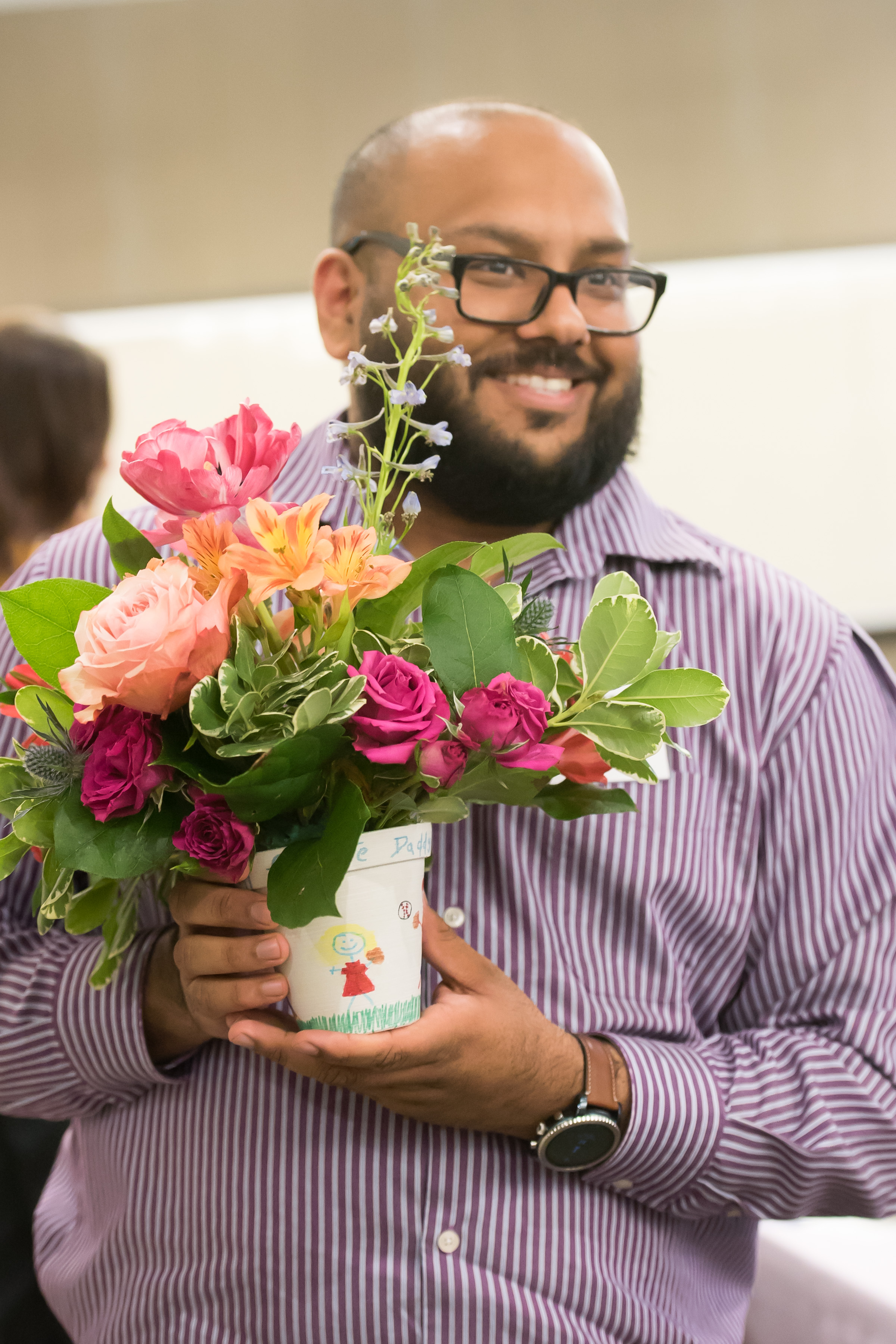 |
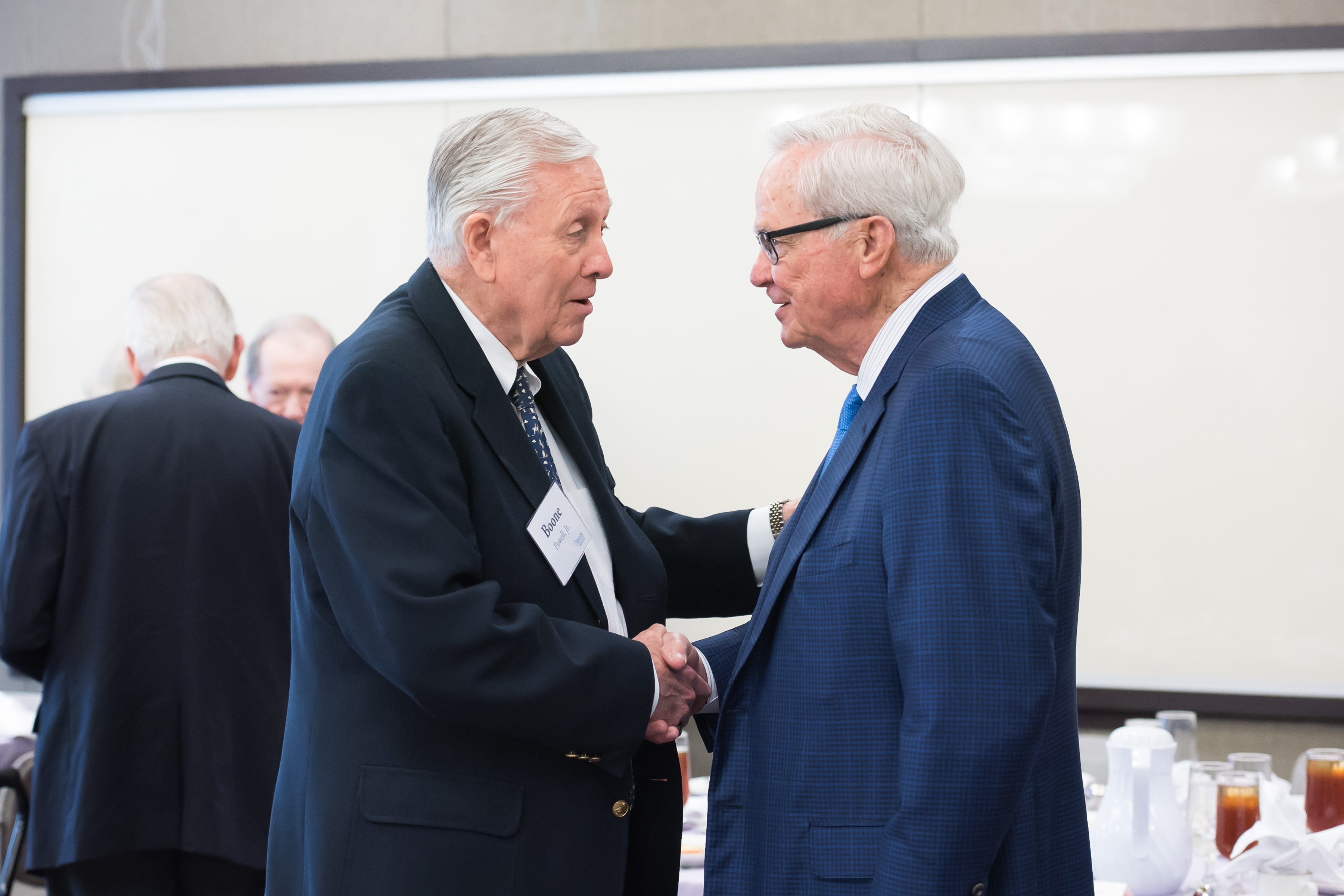 |

